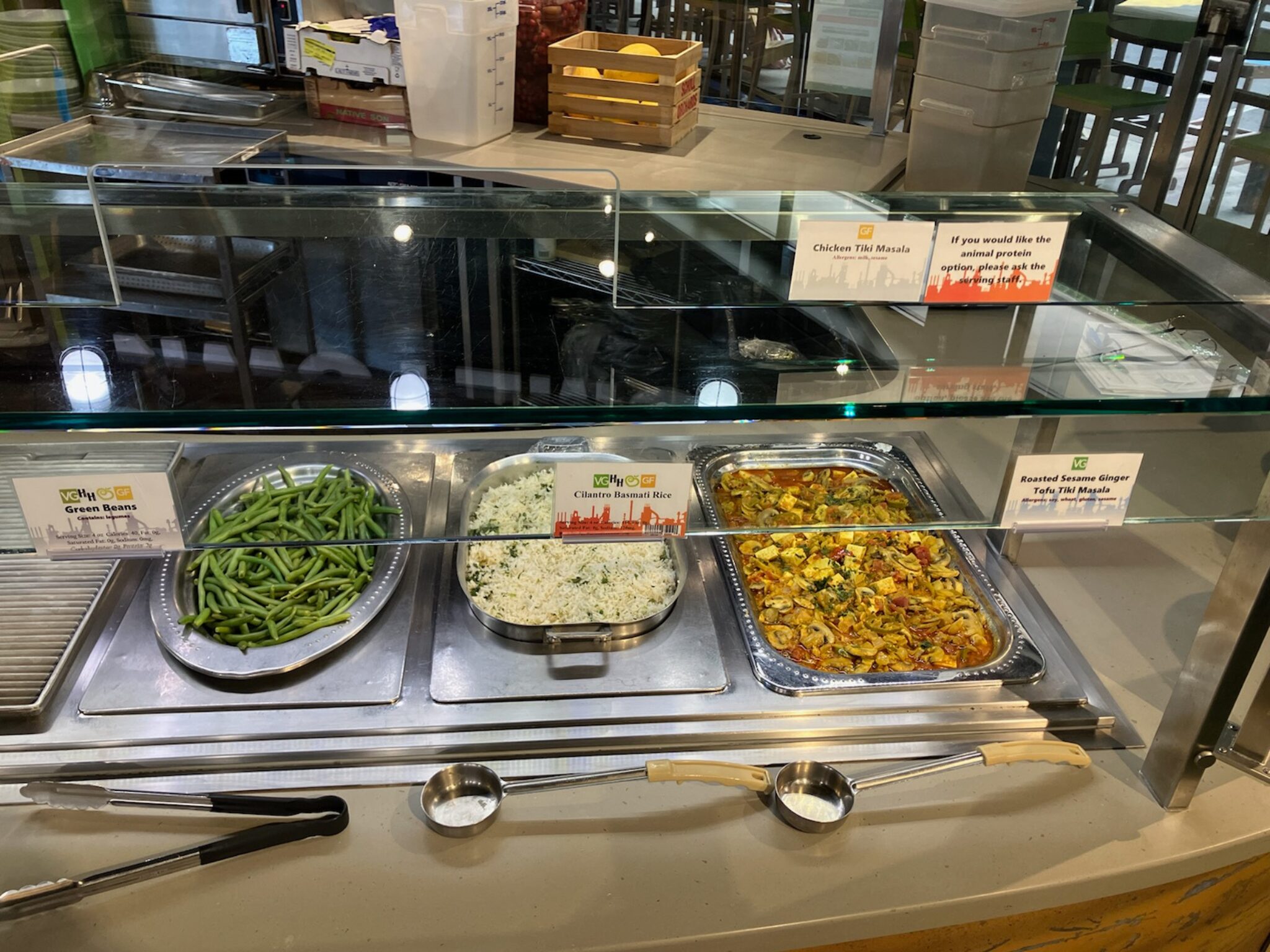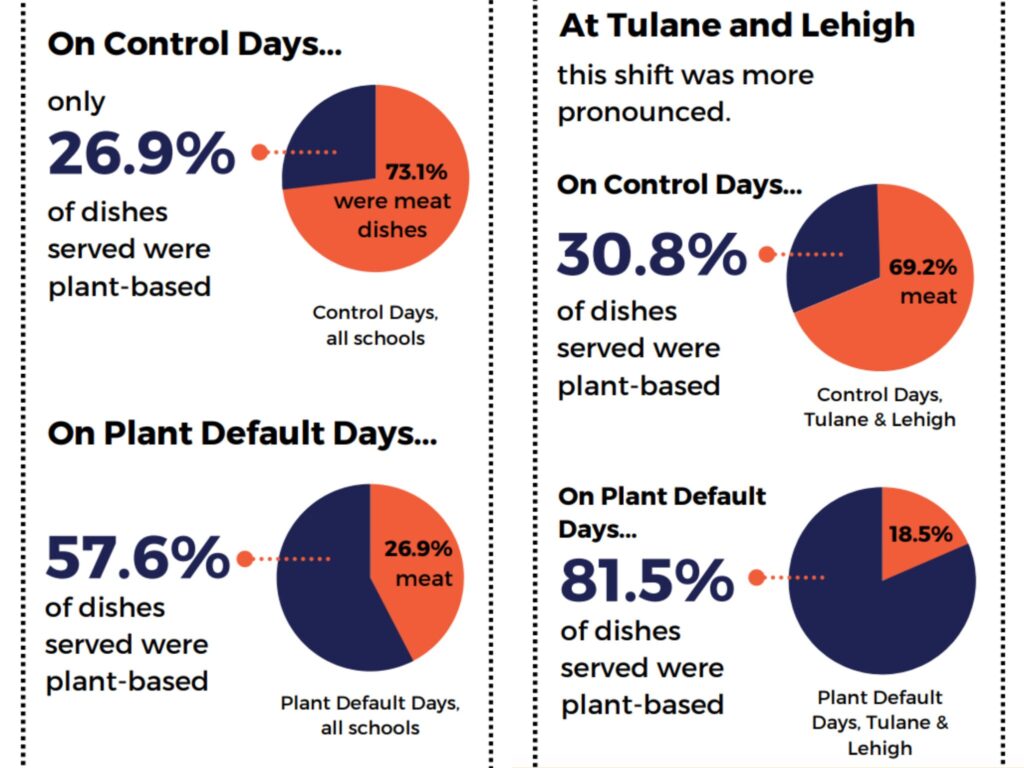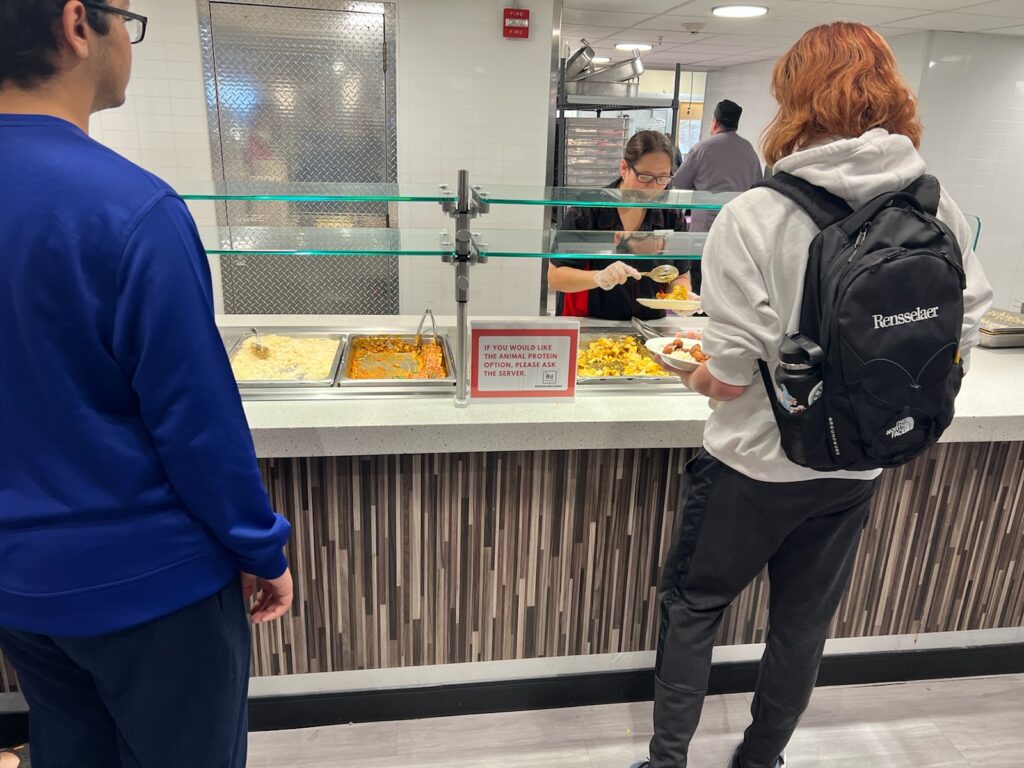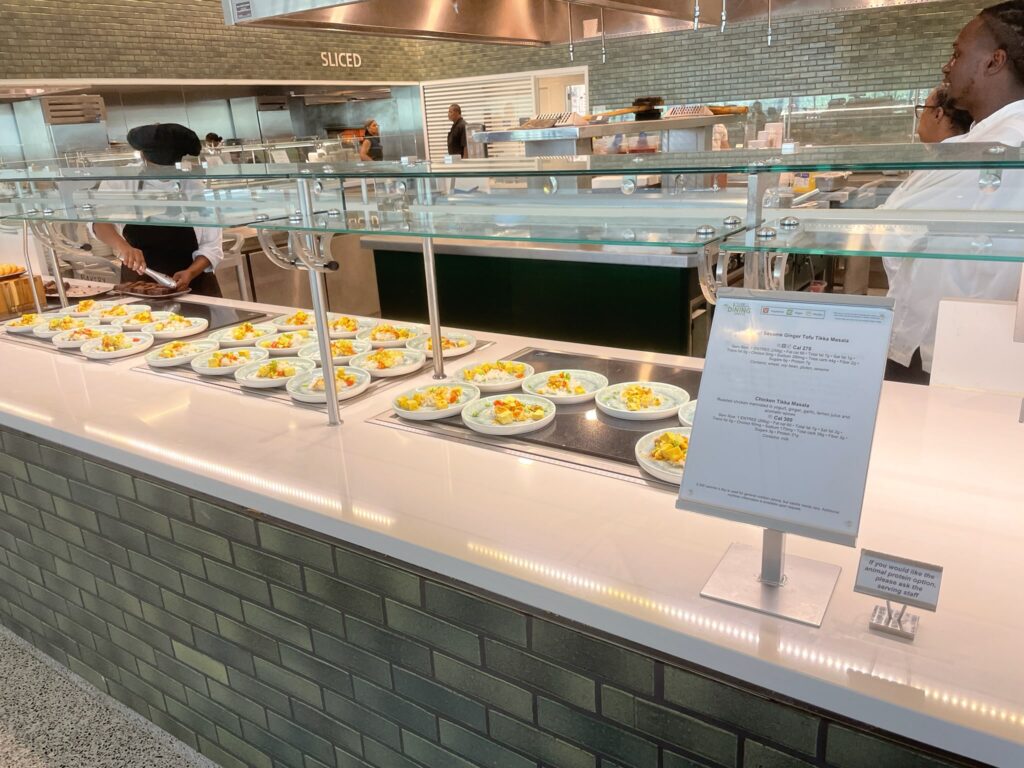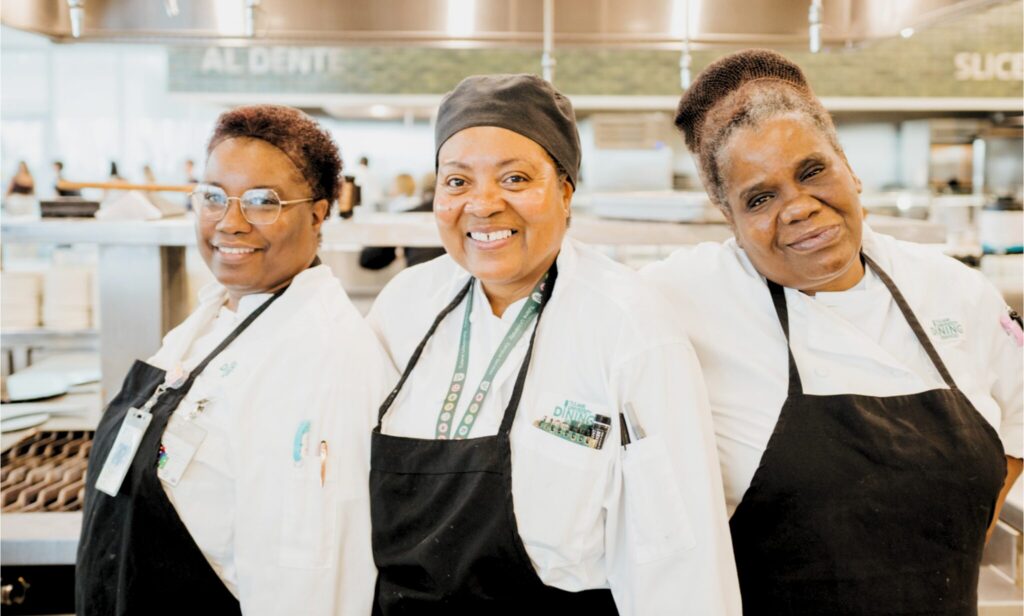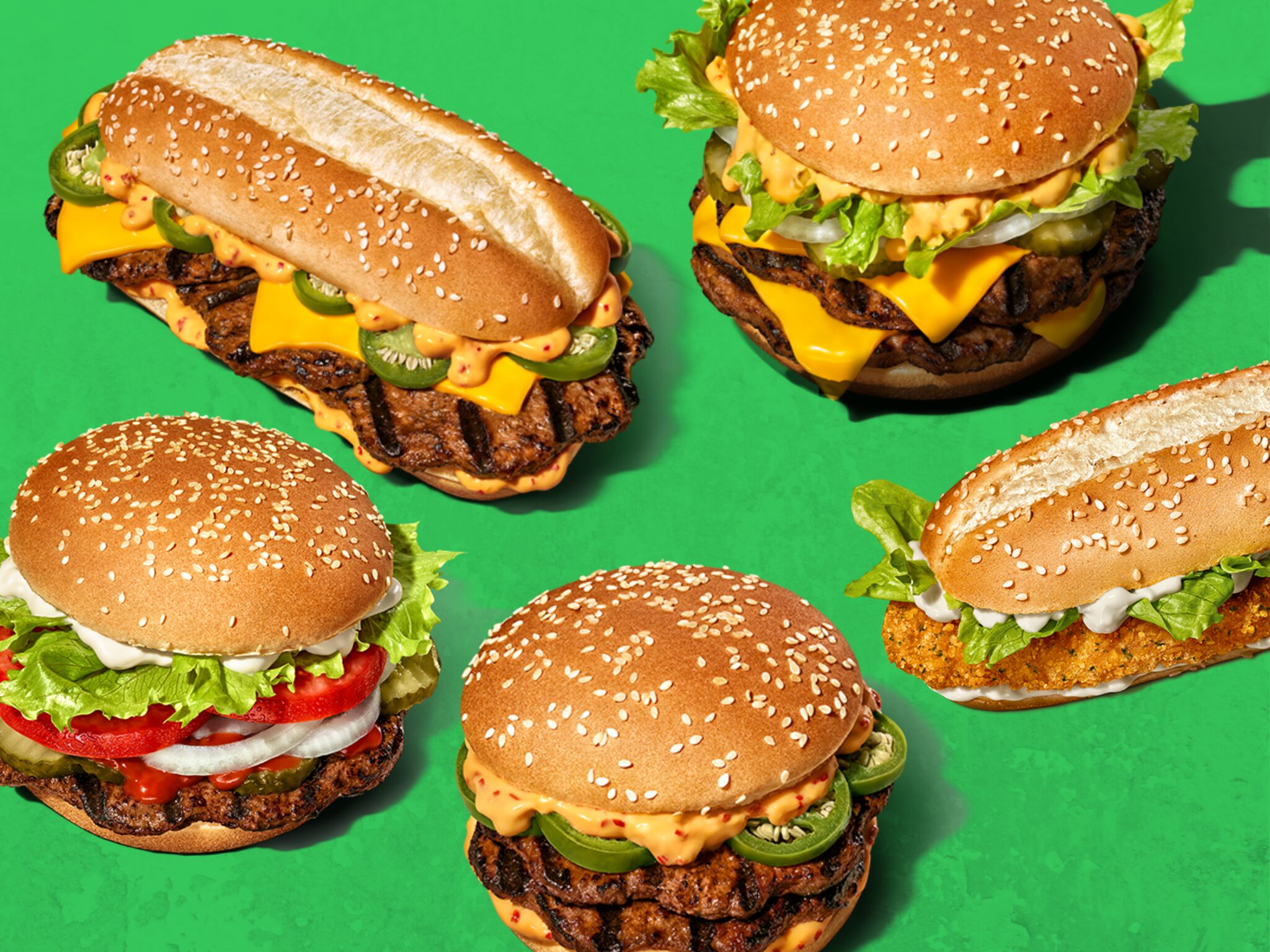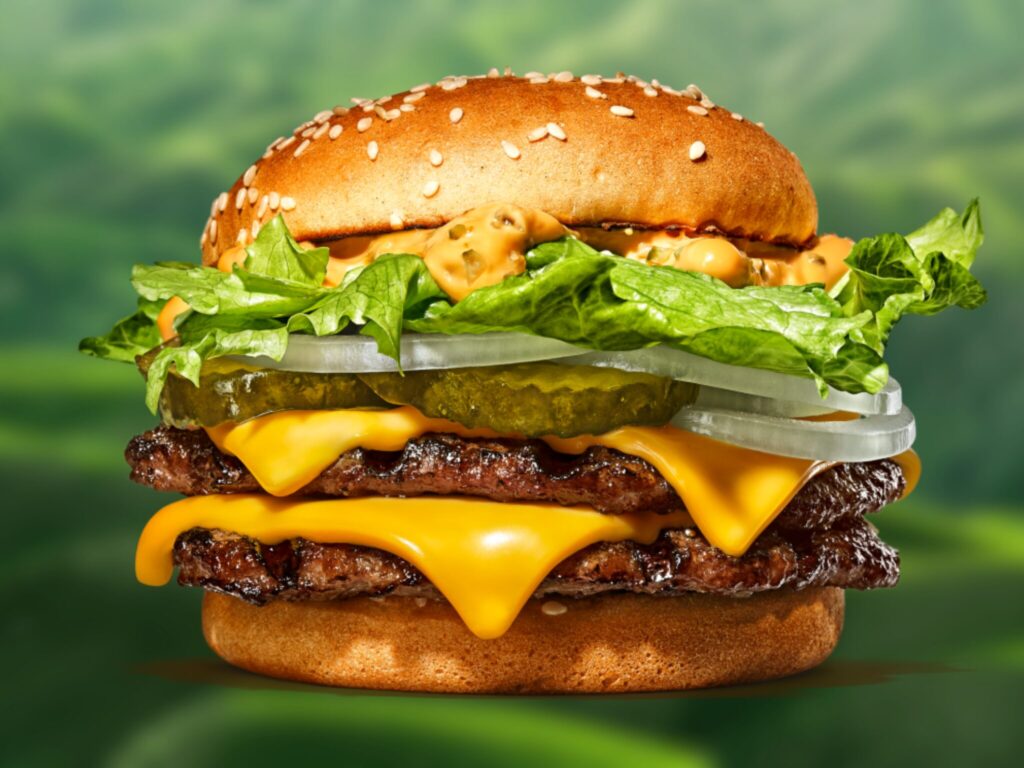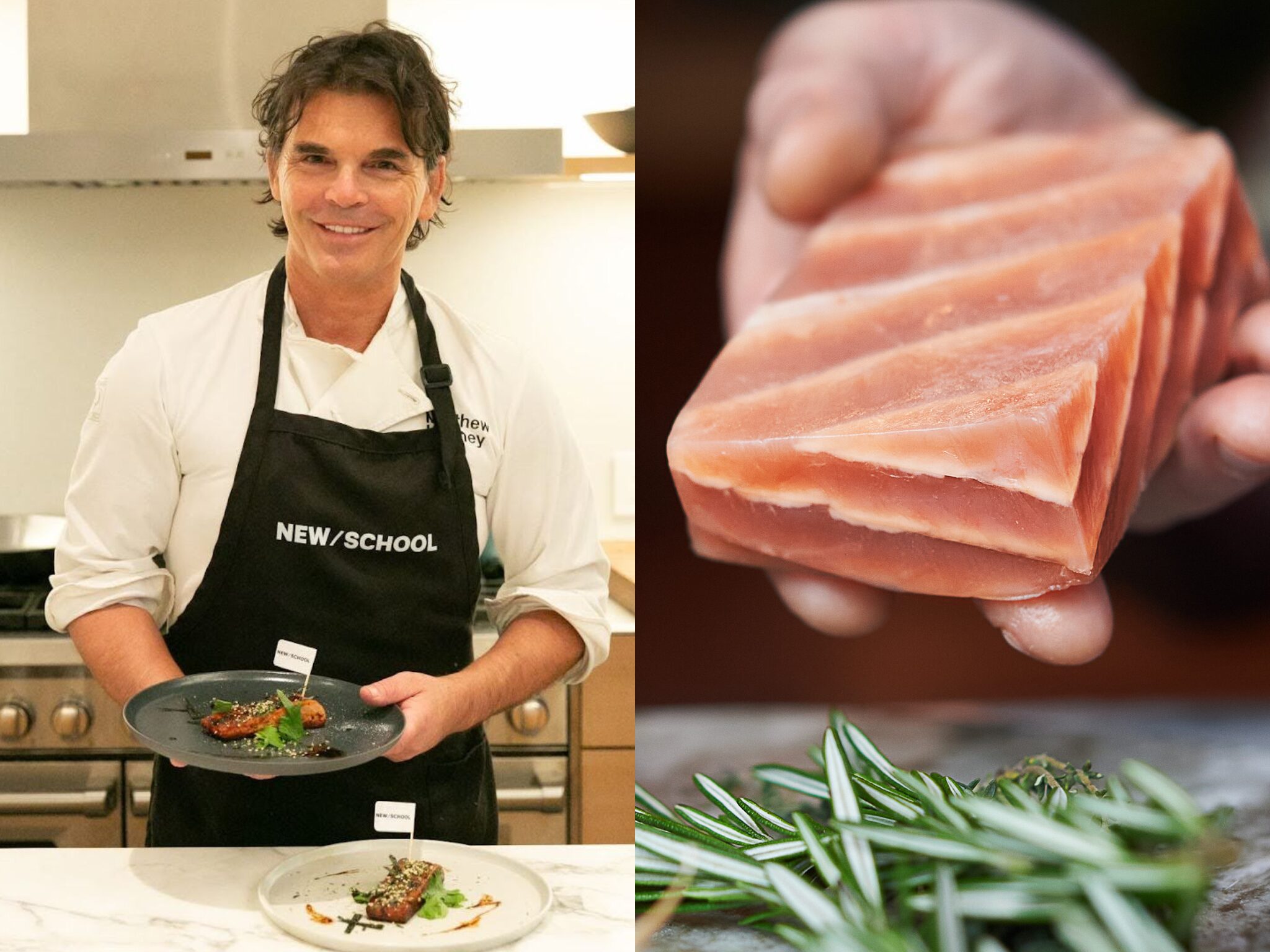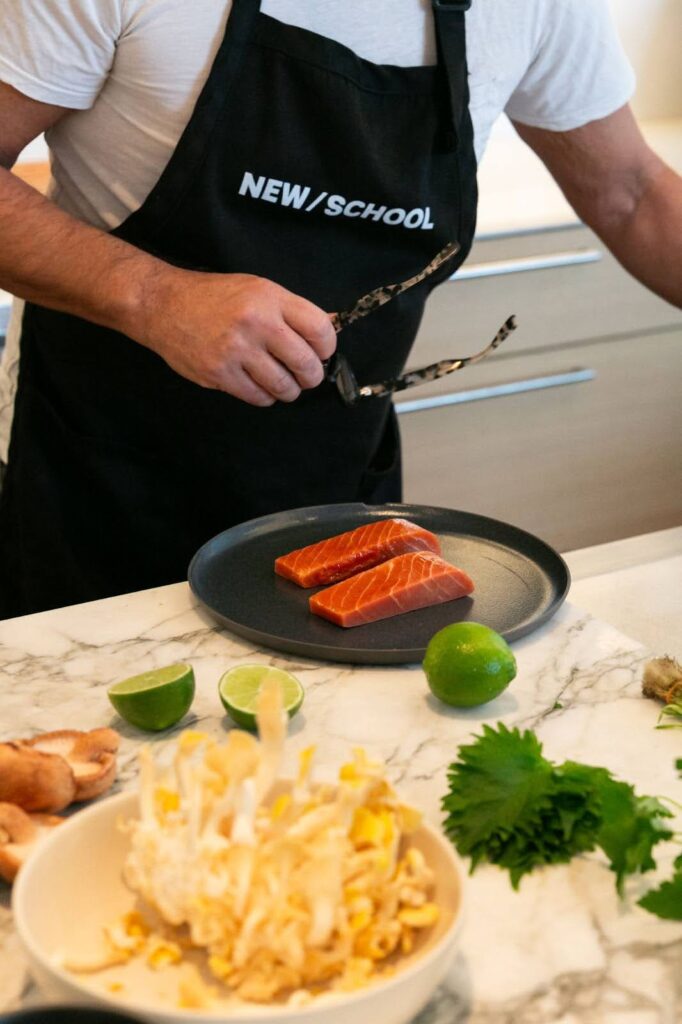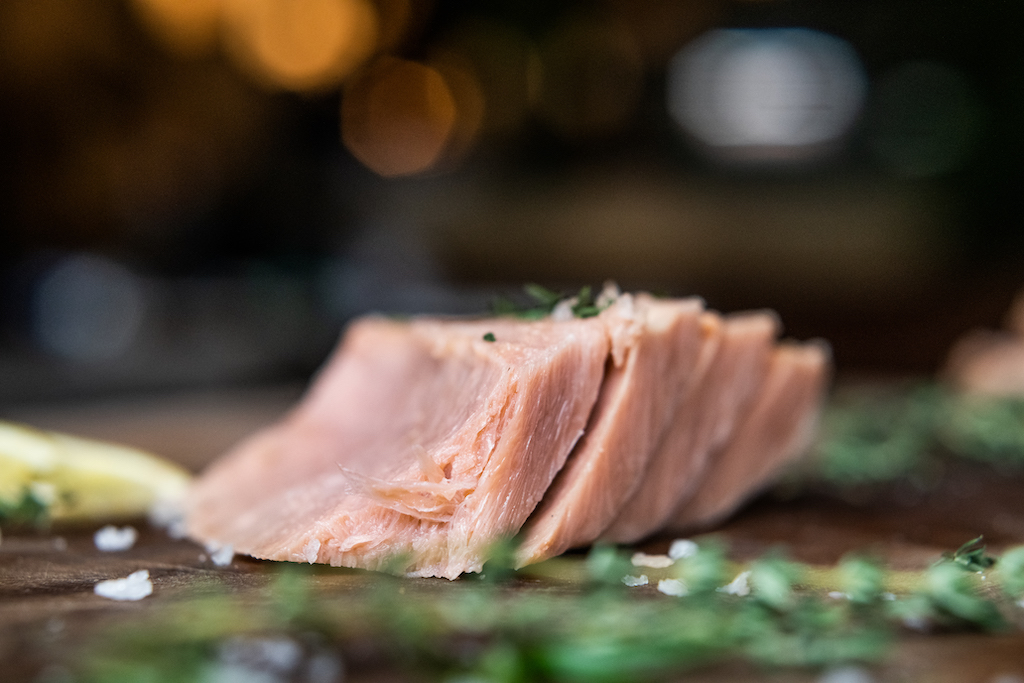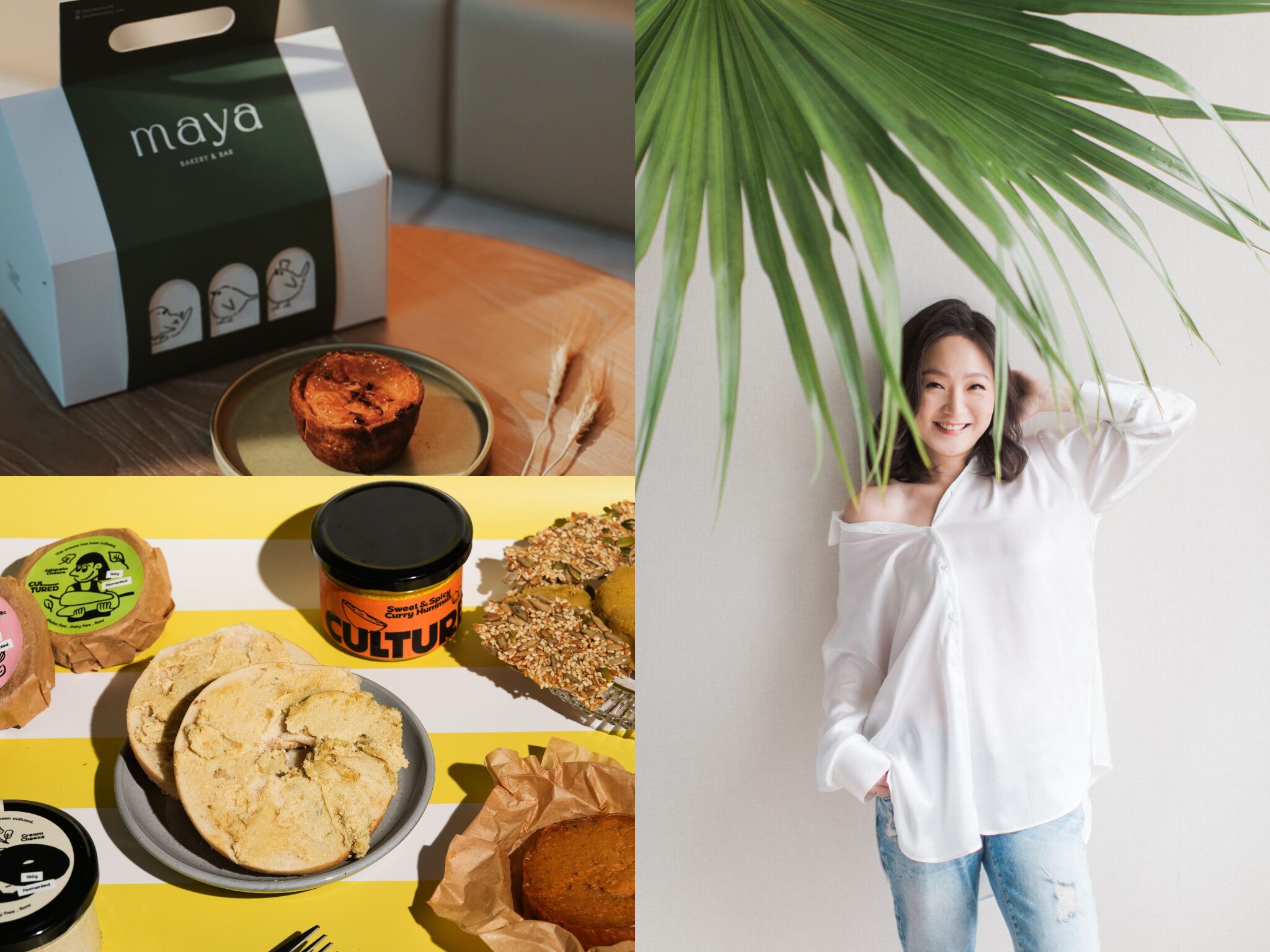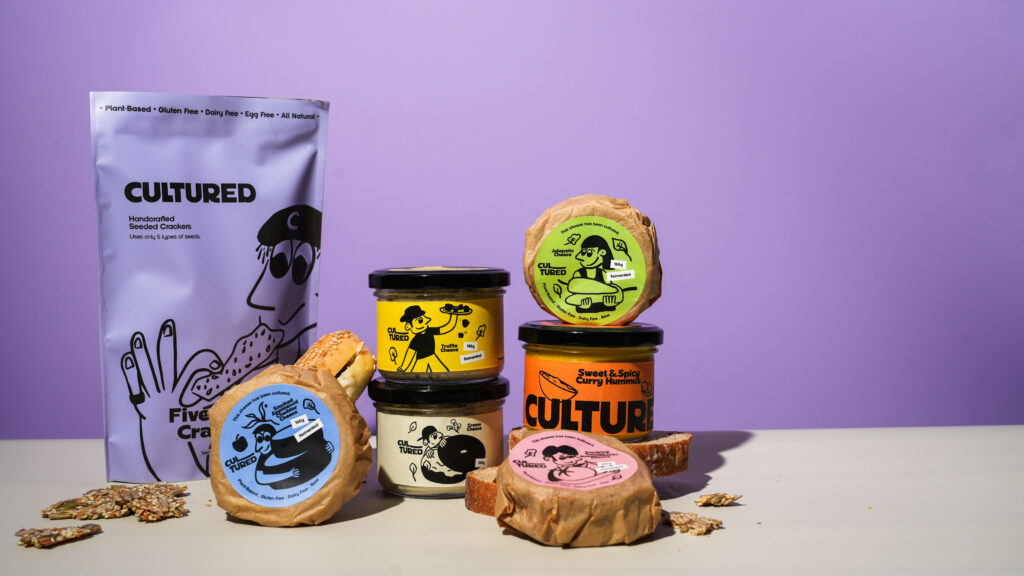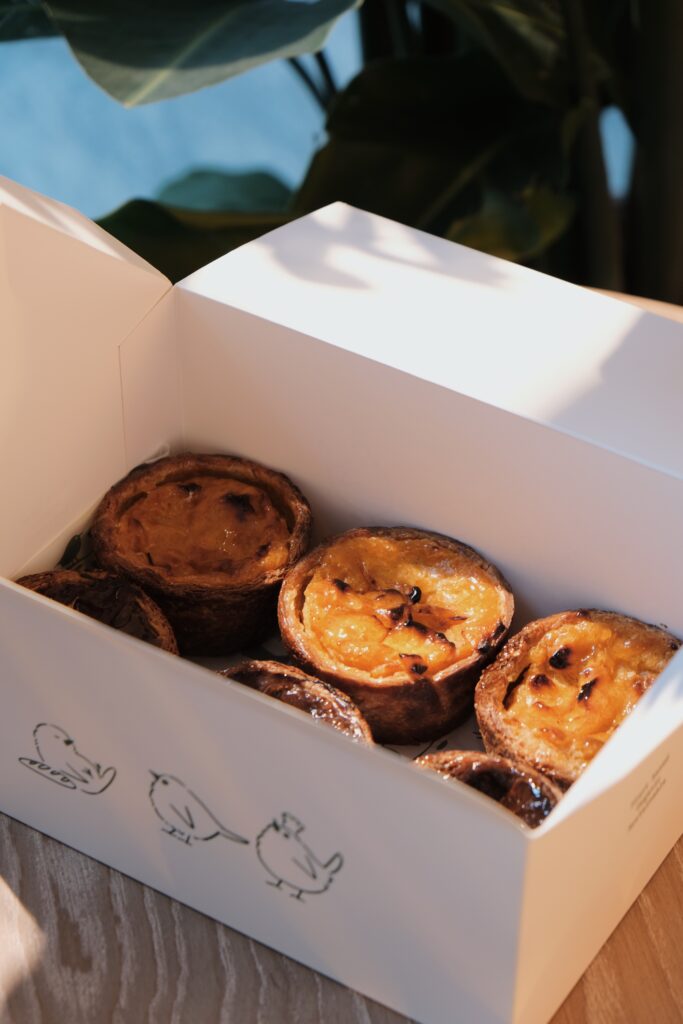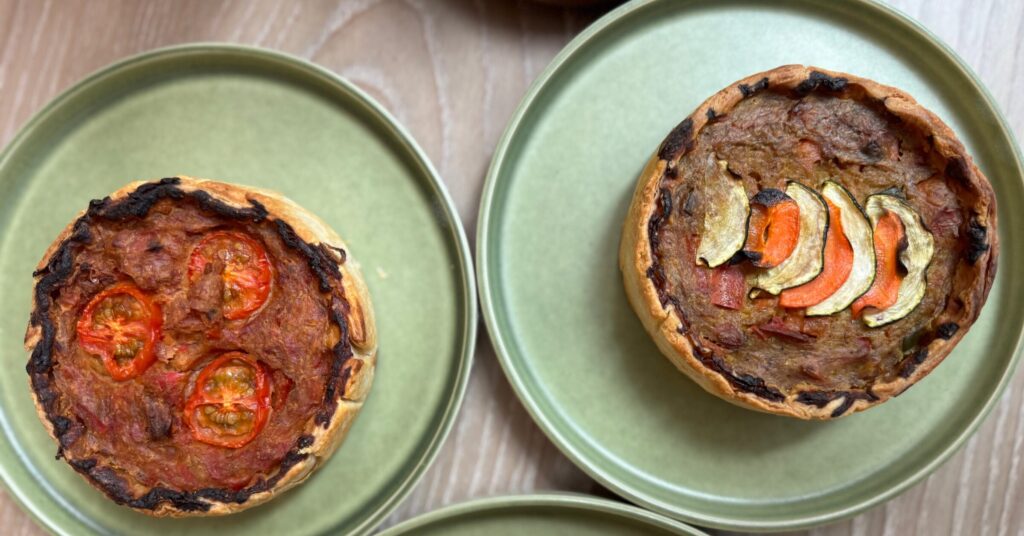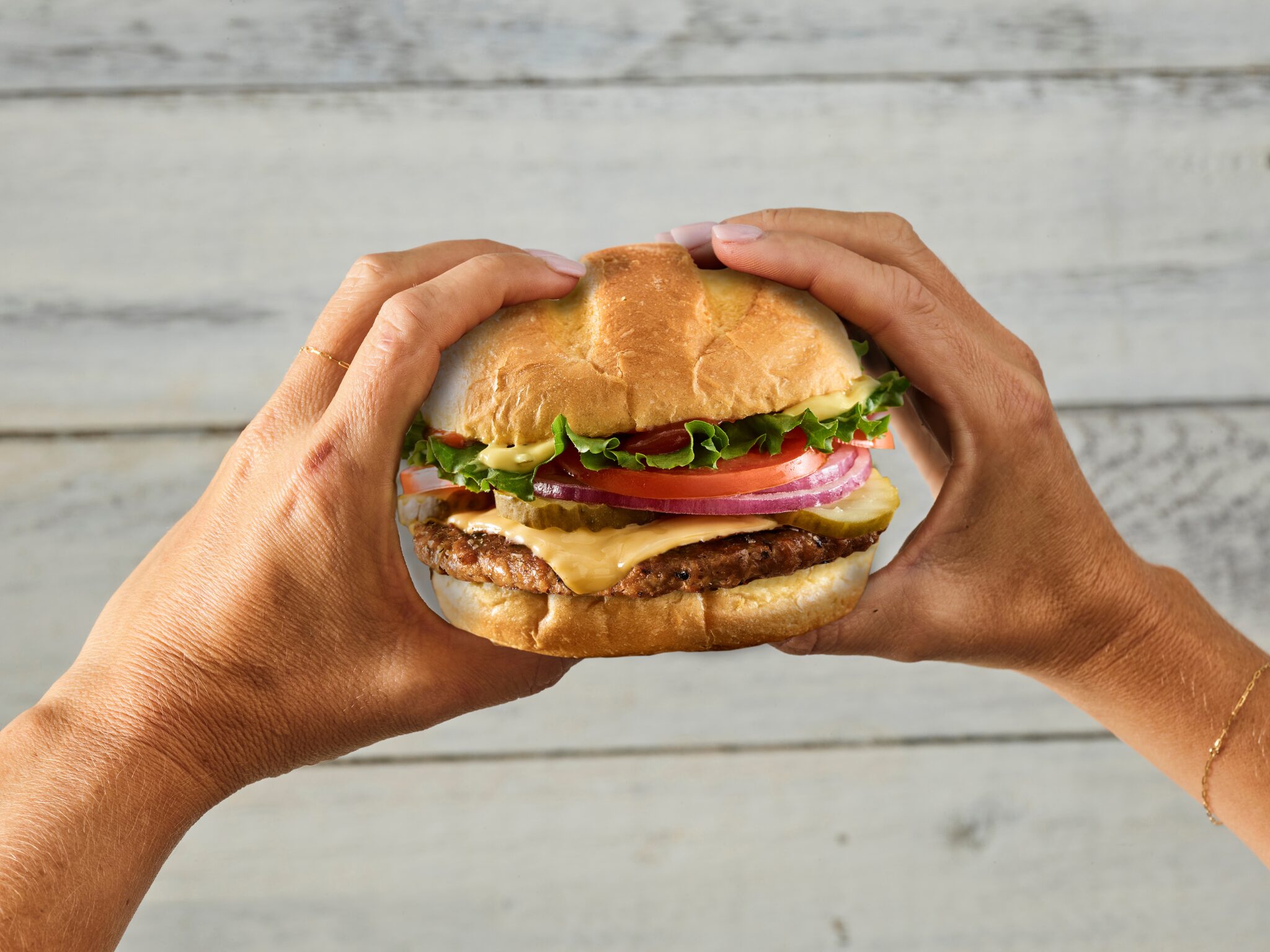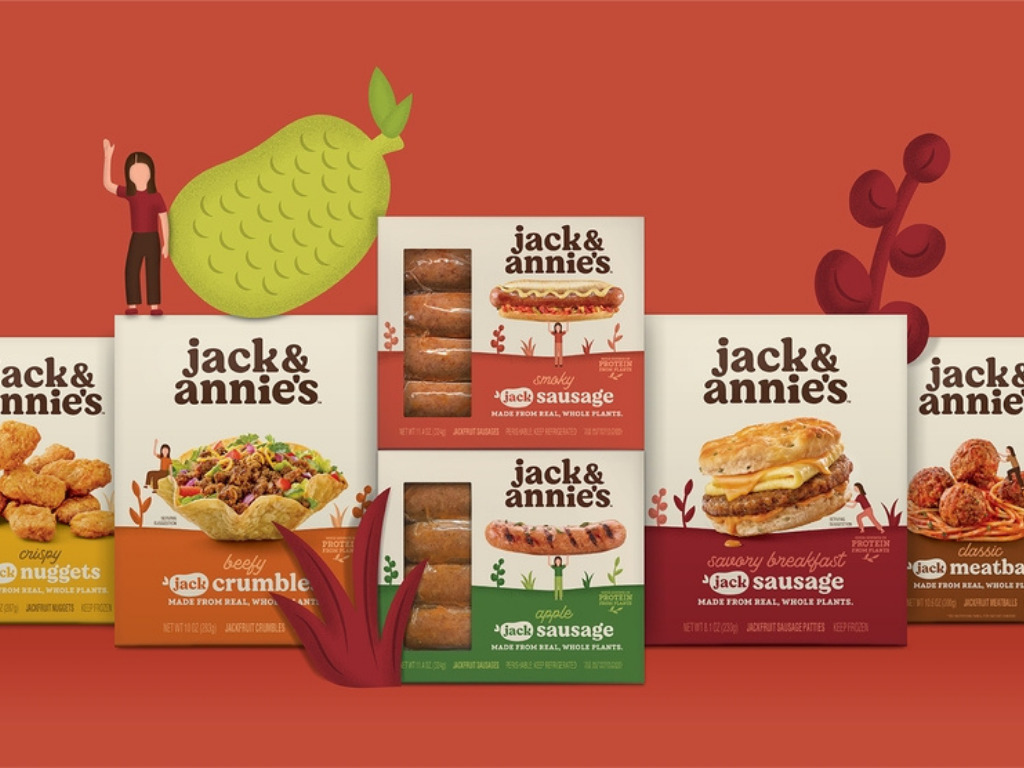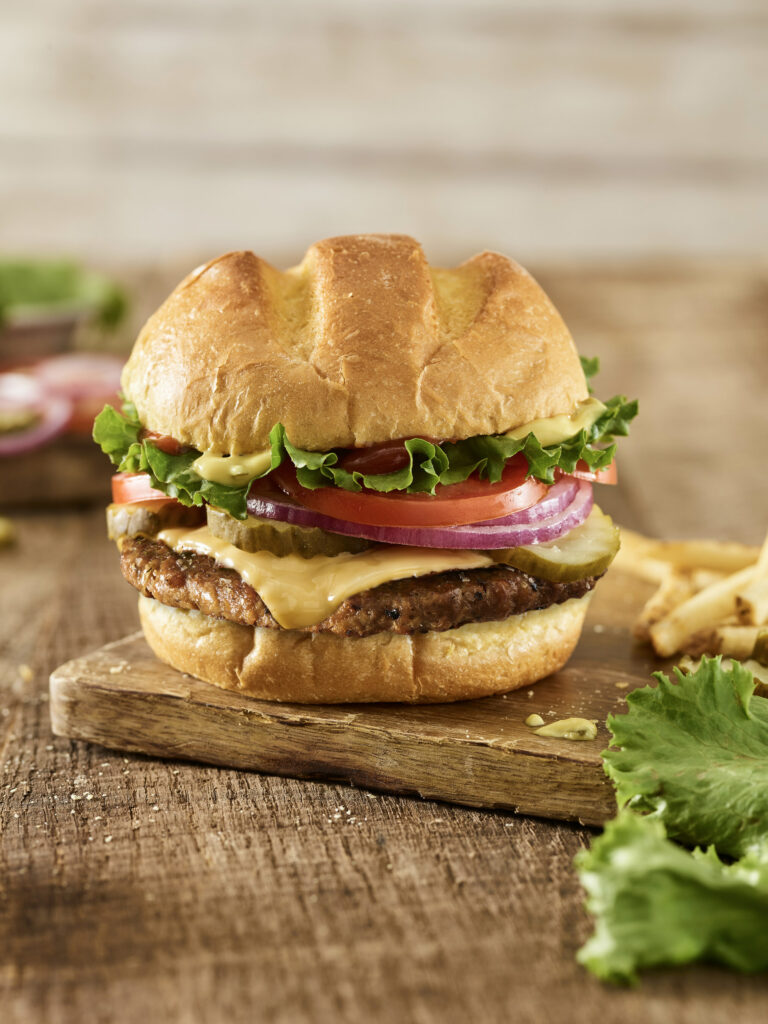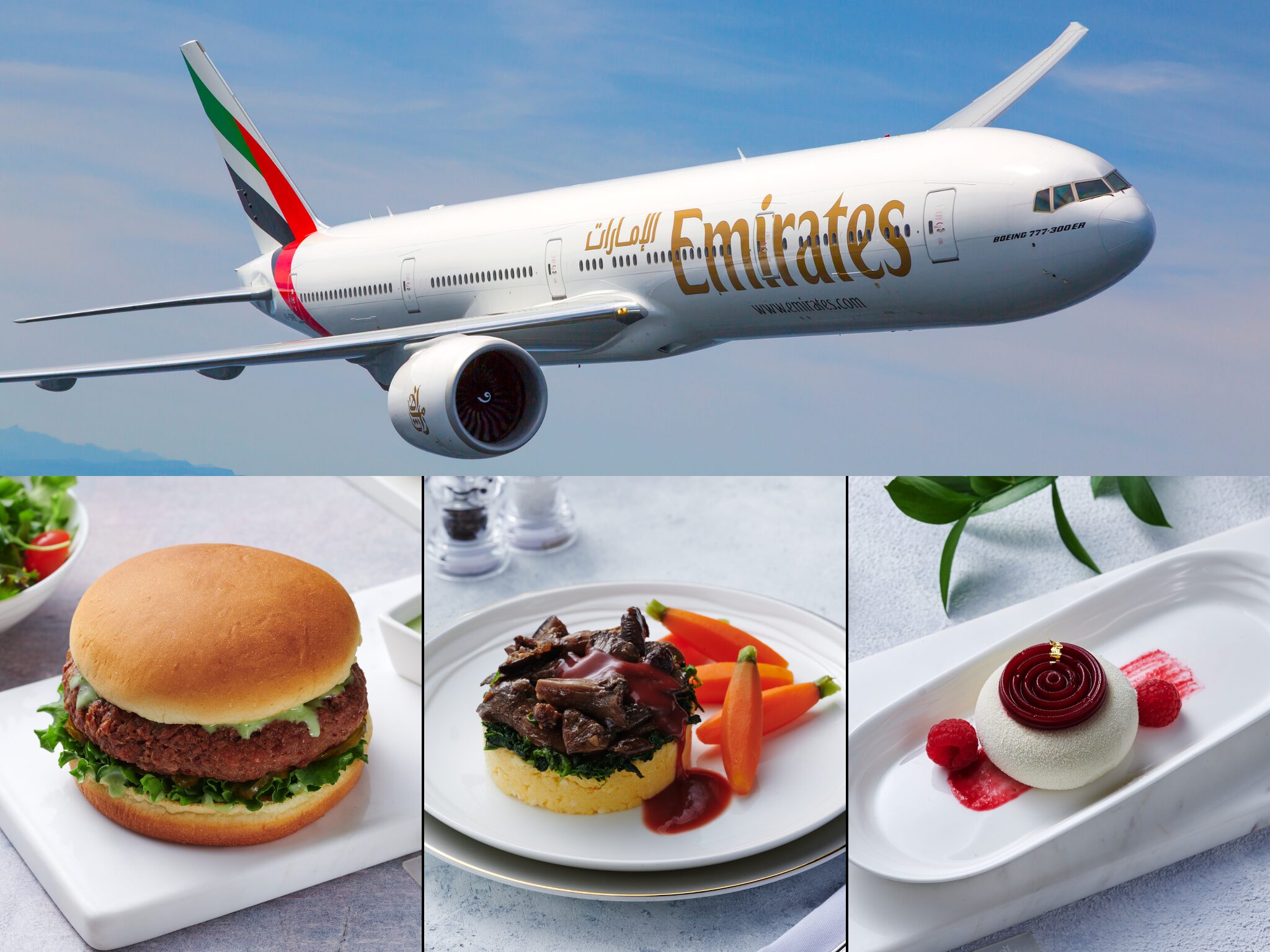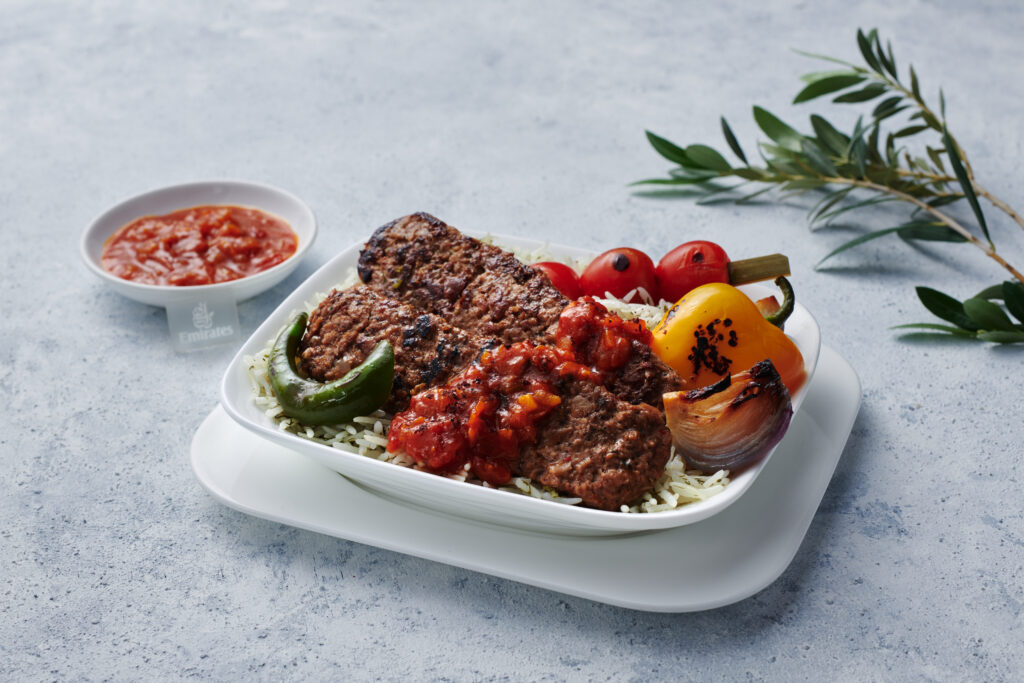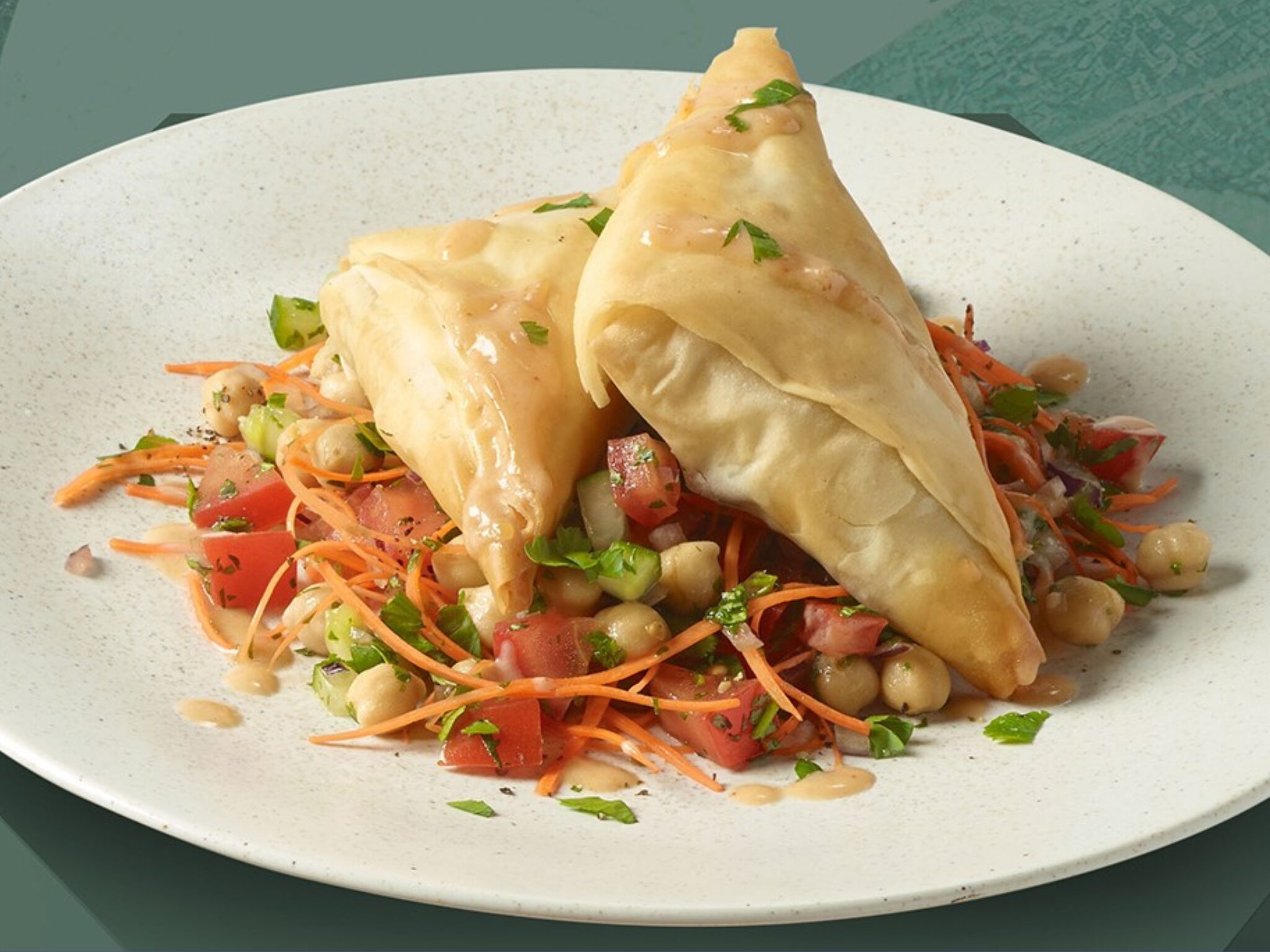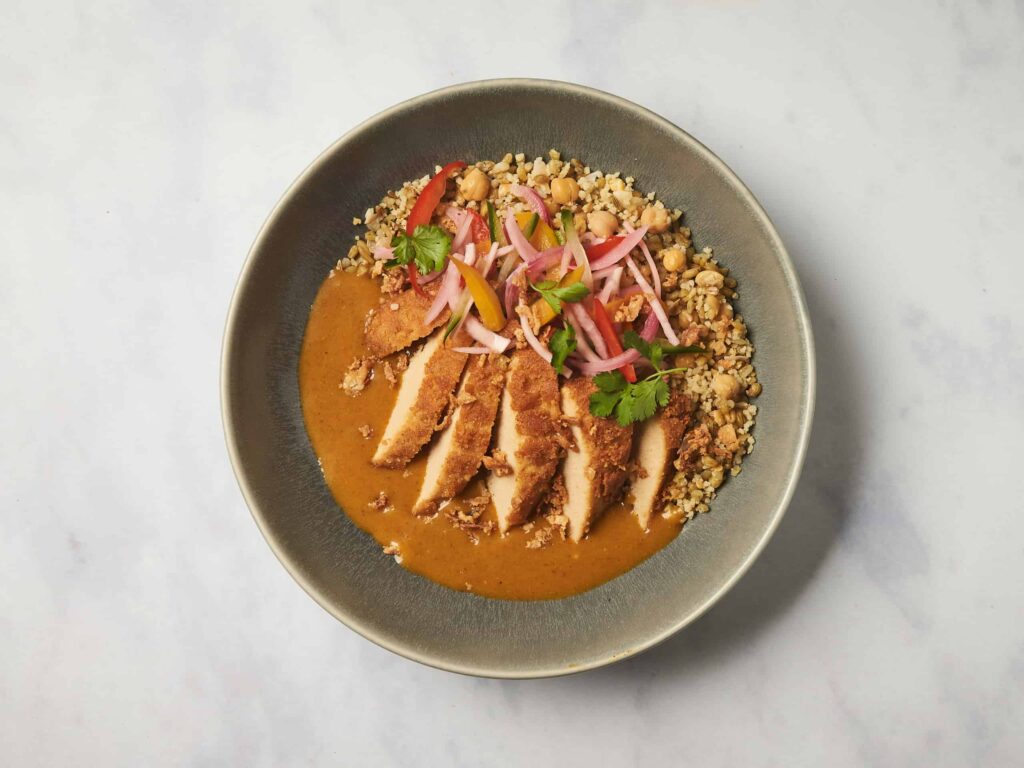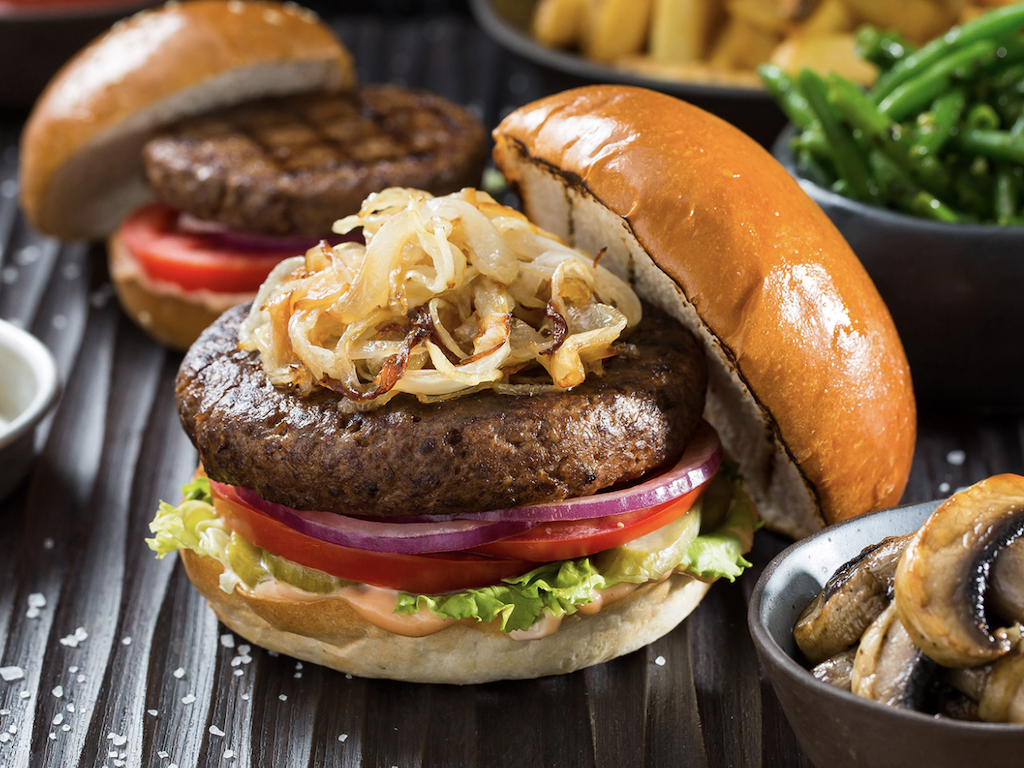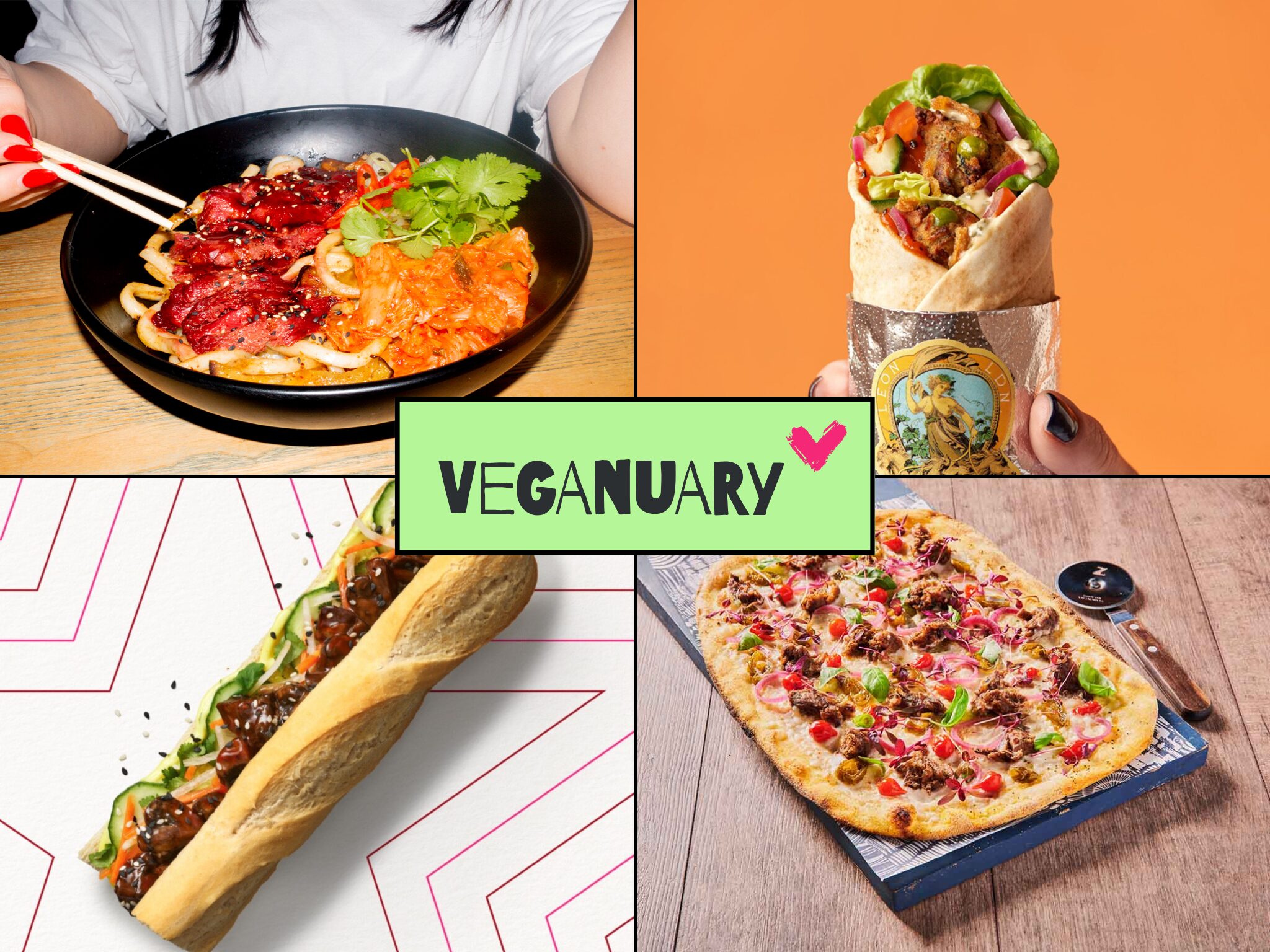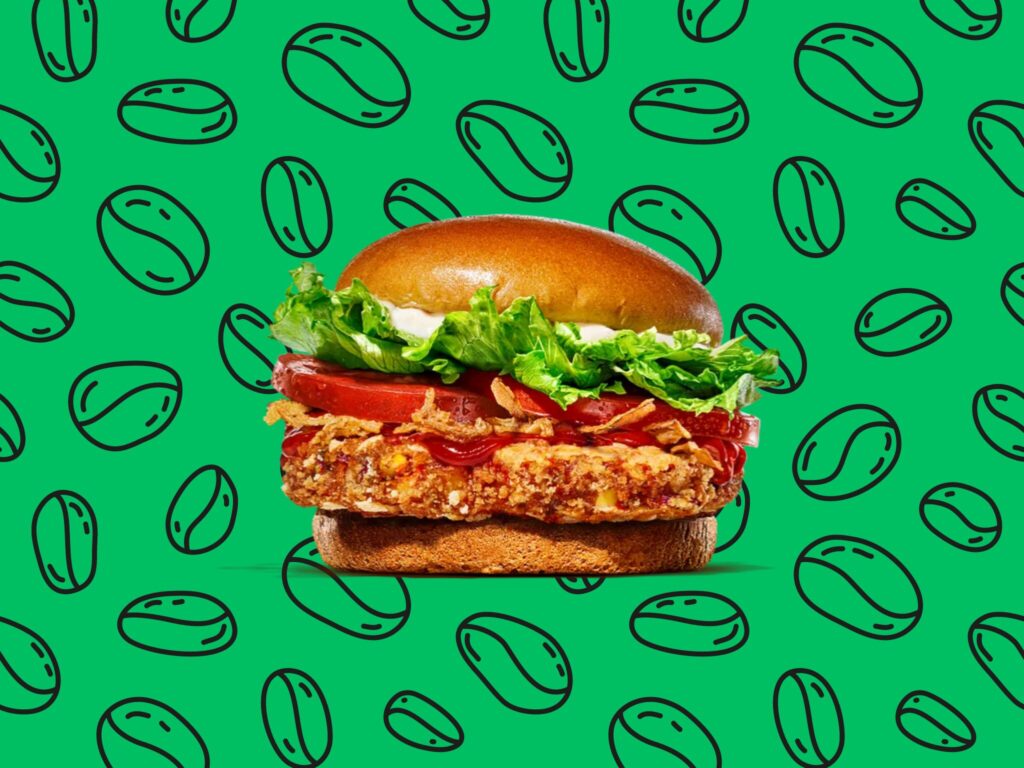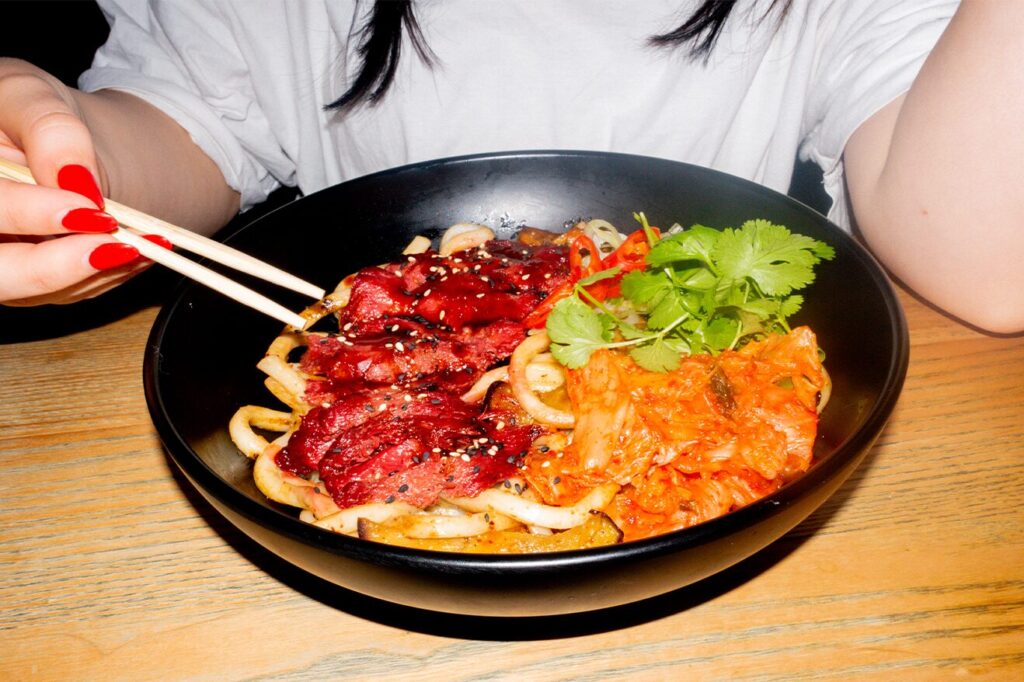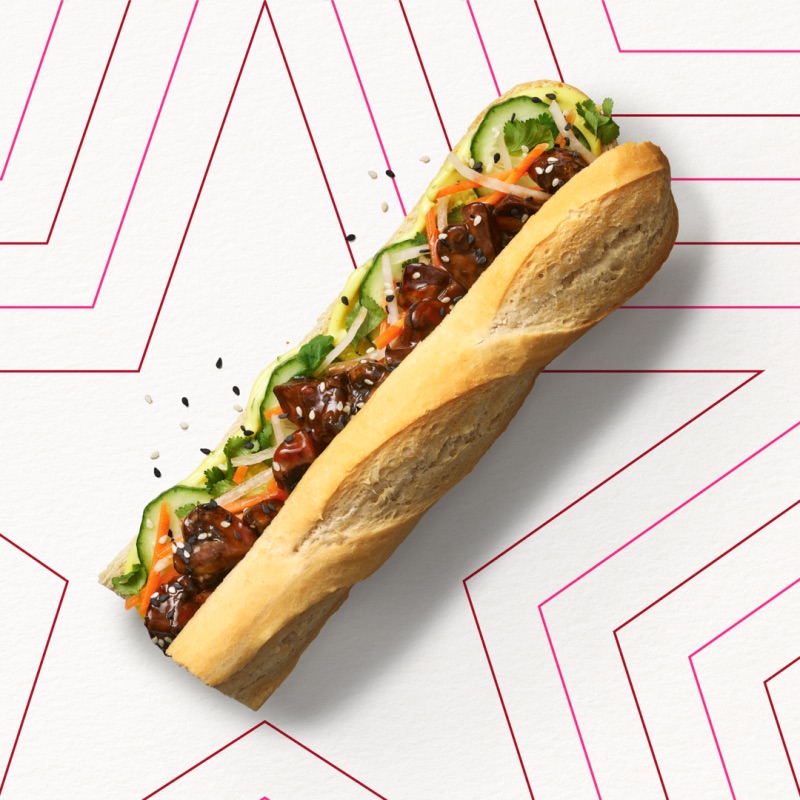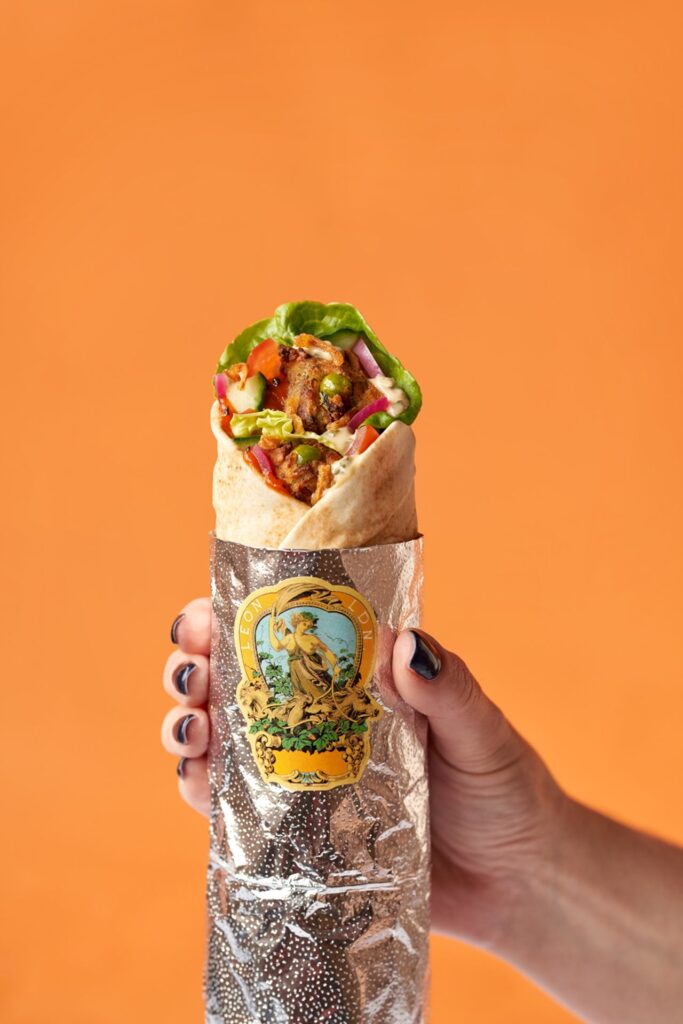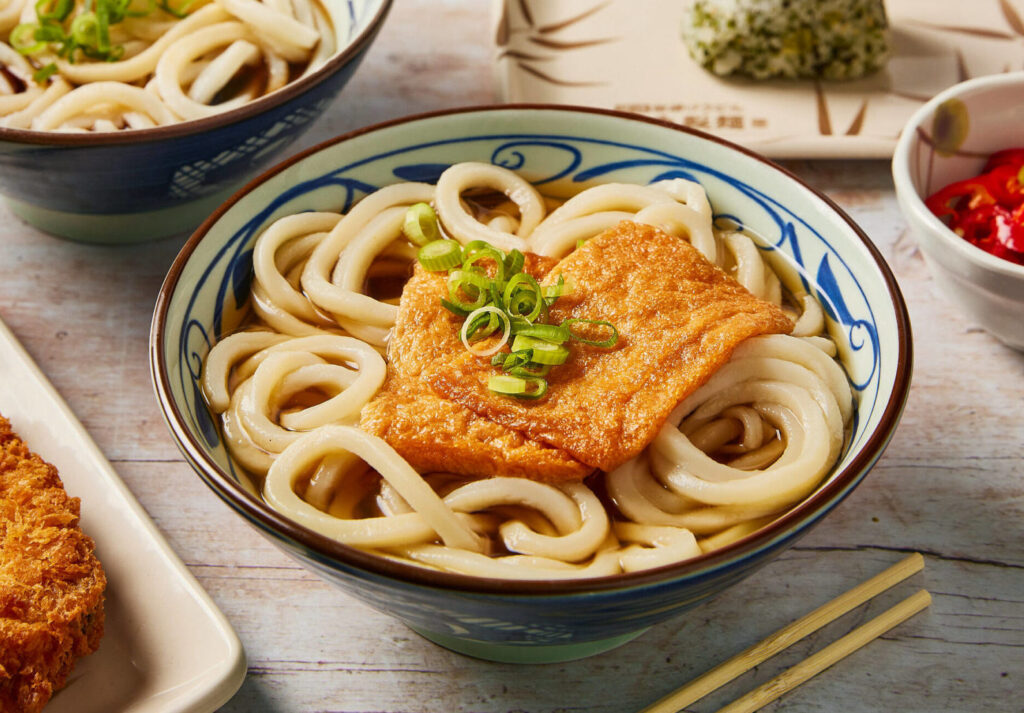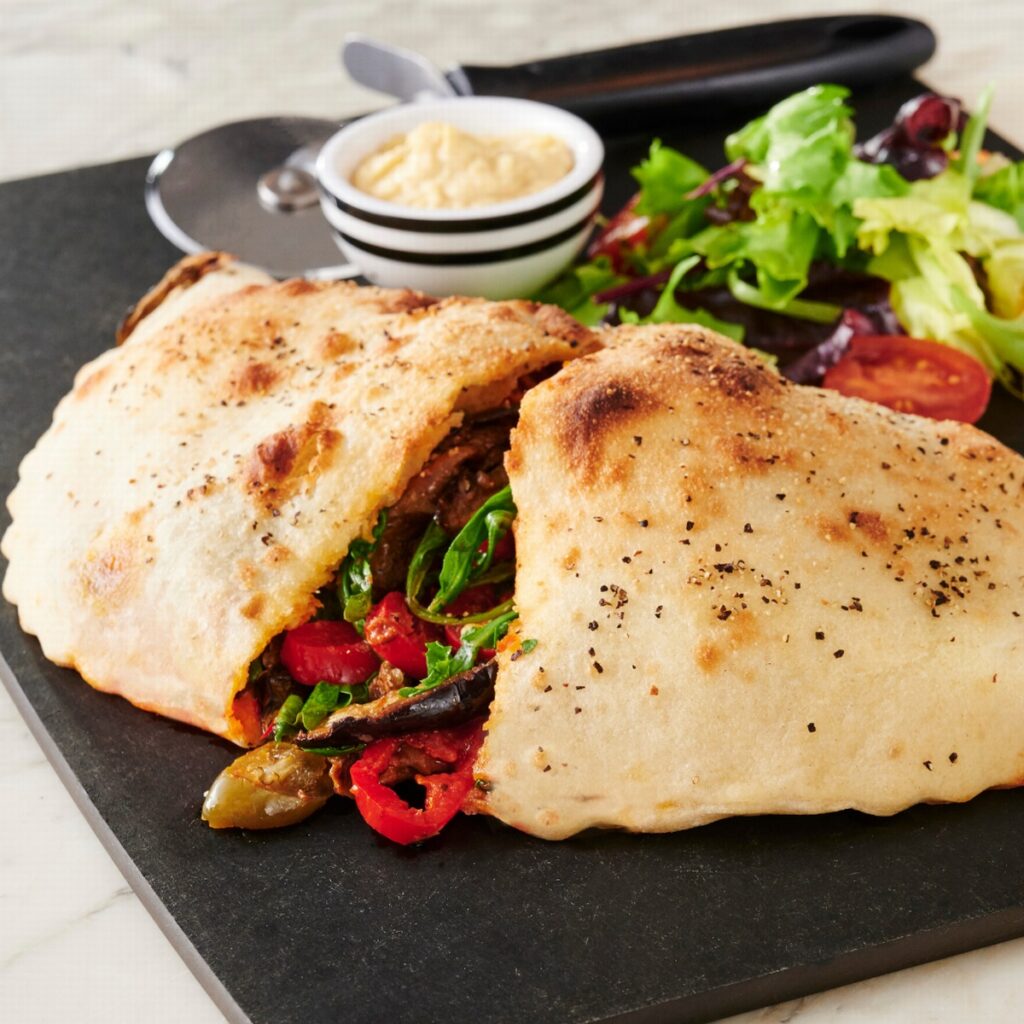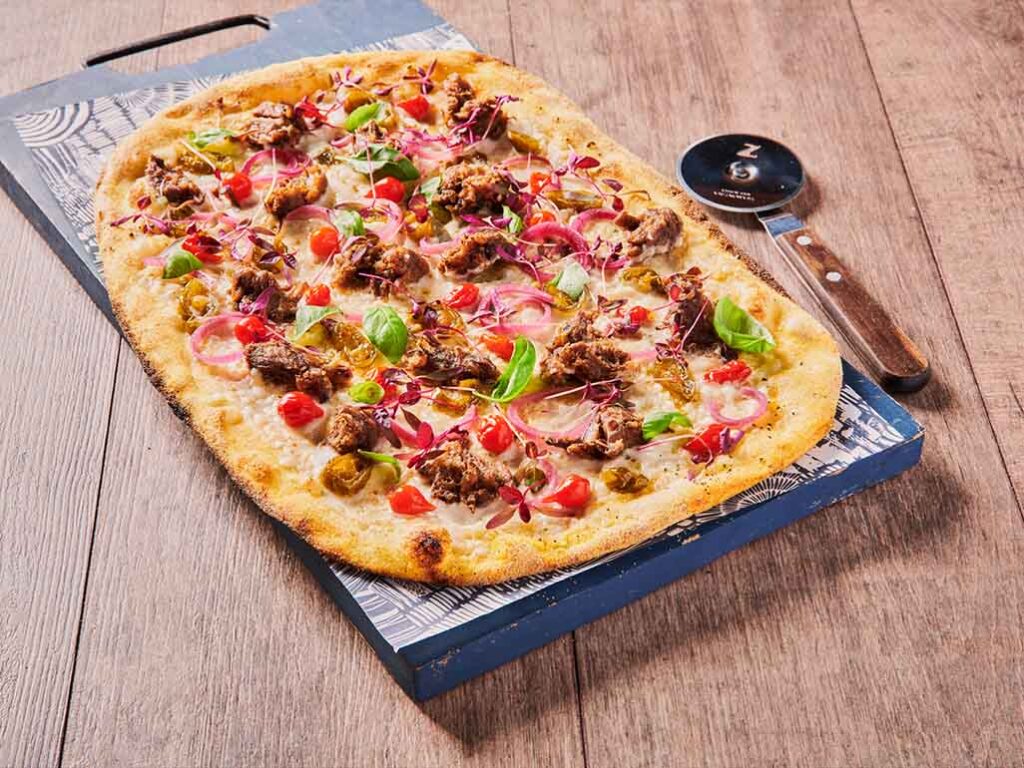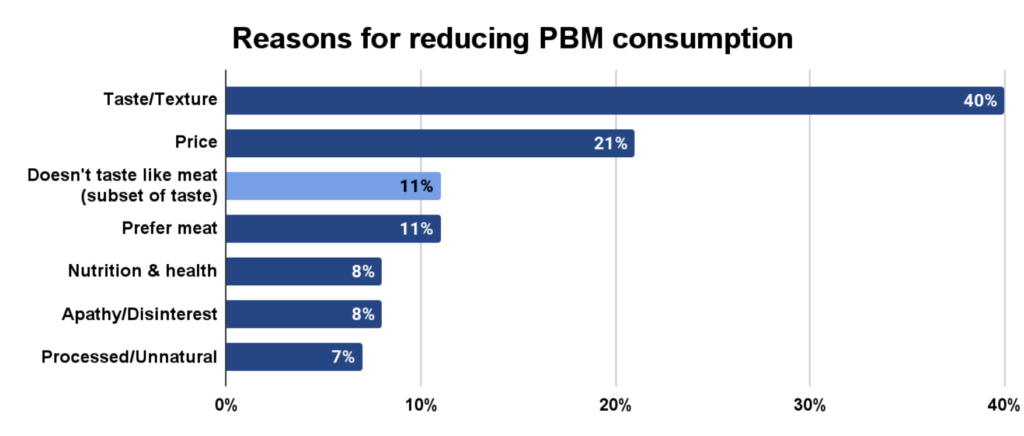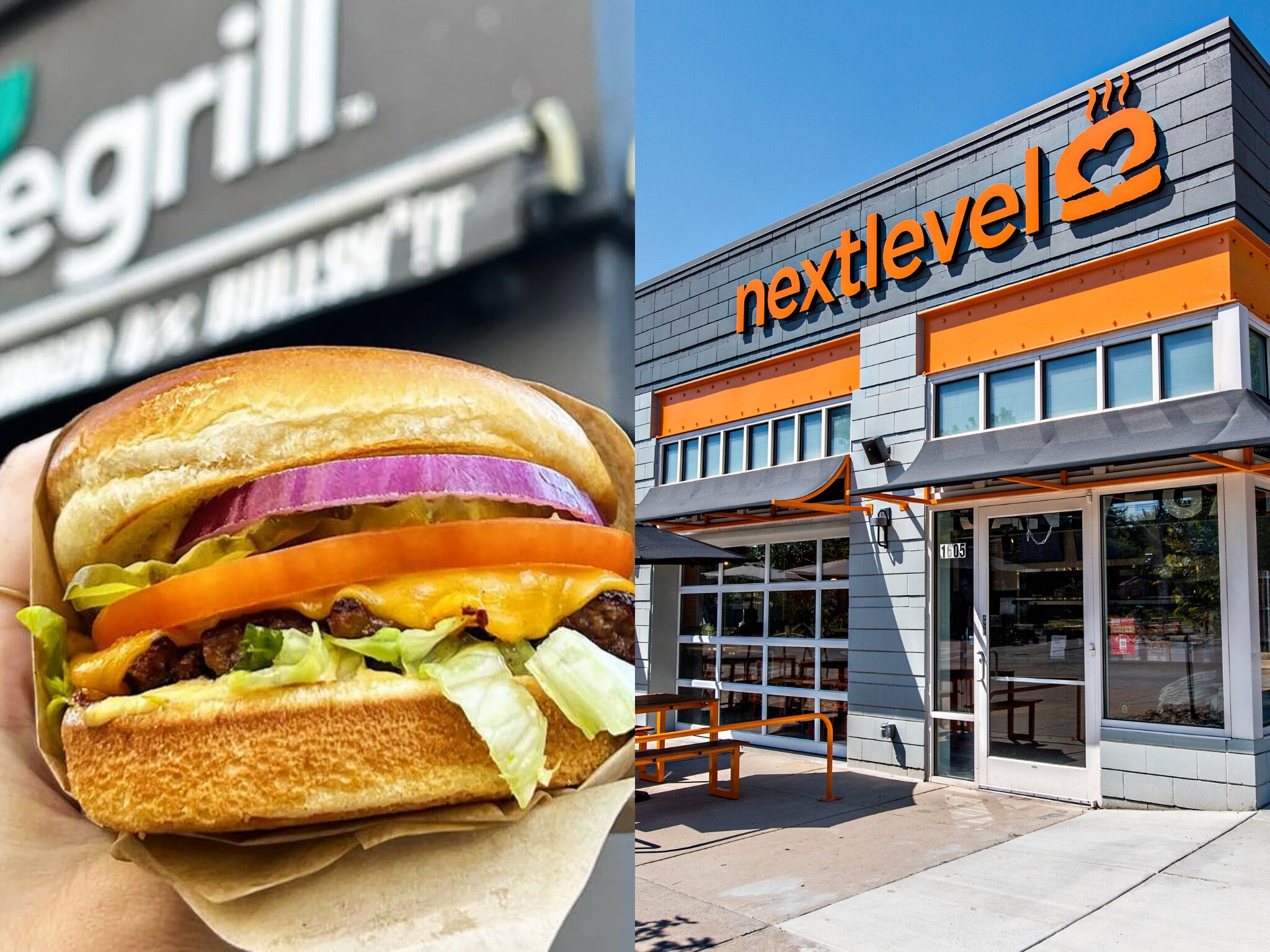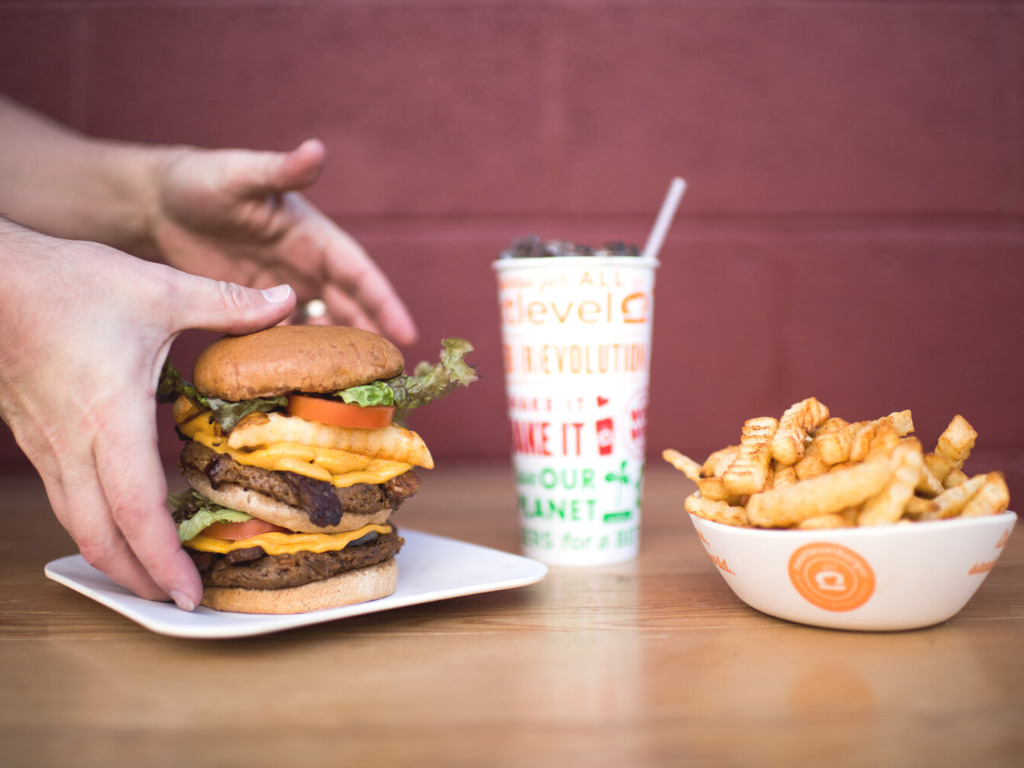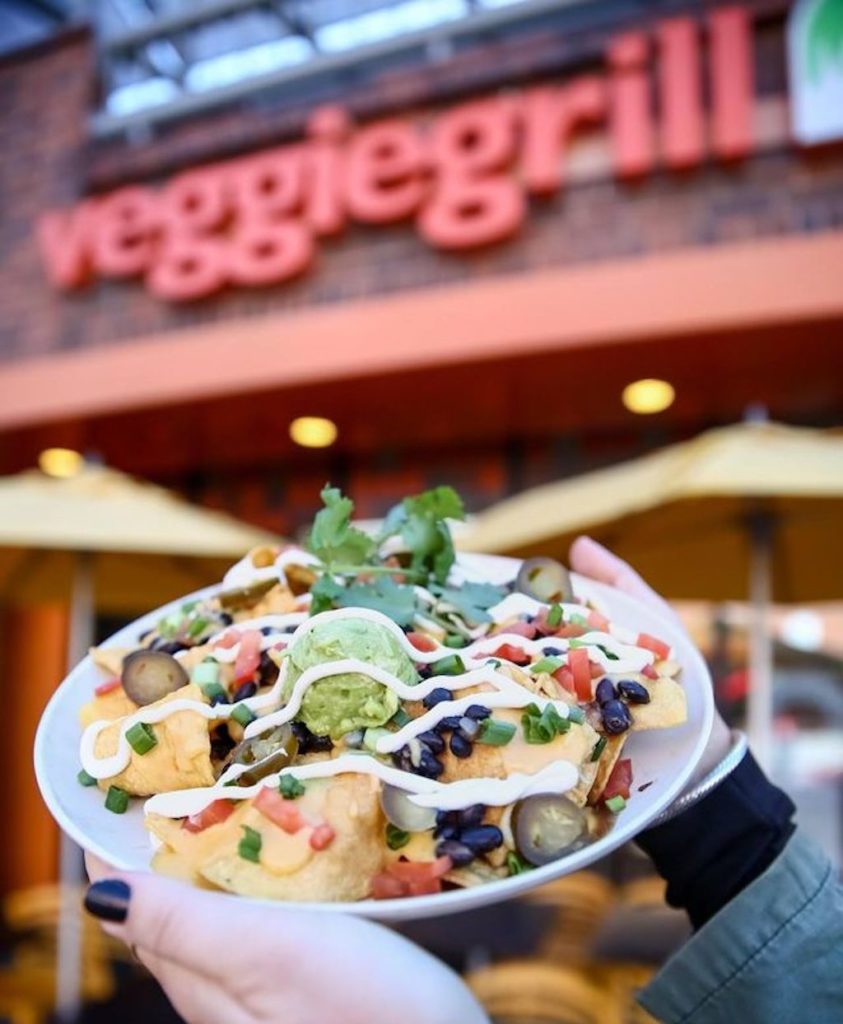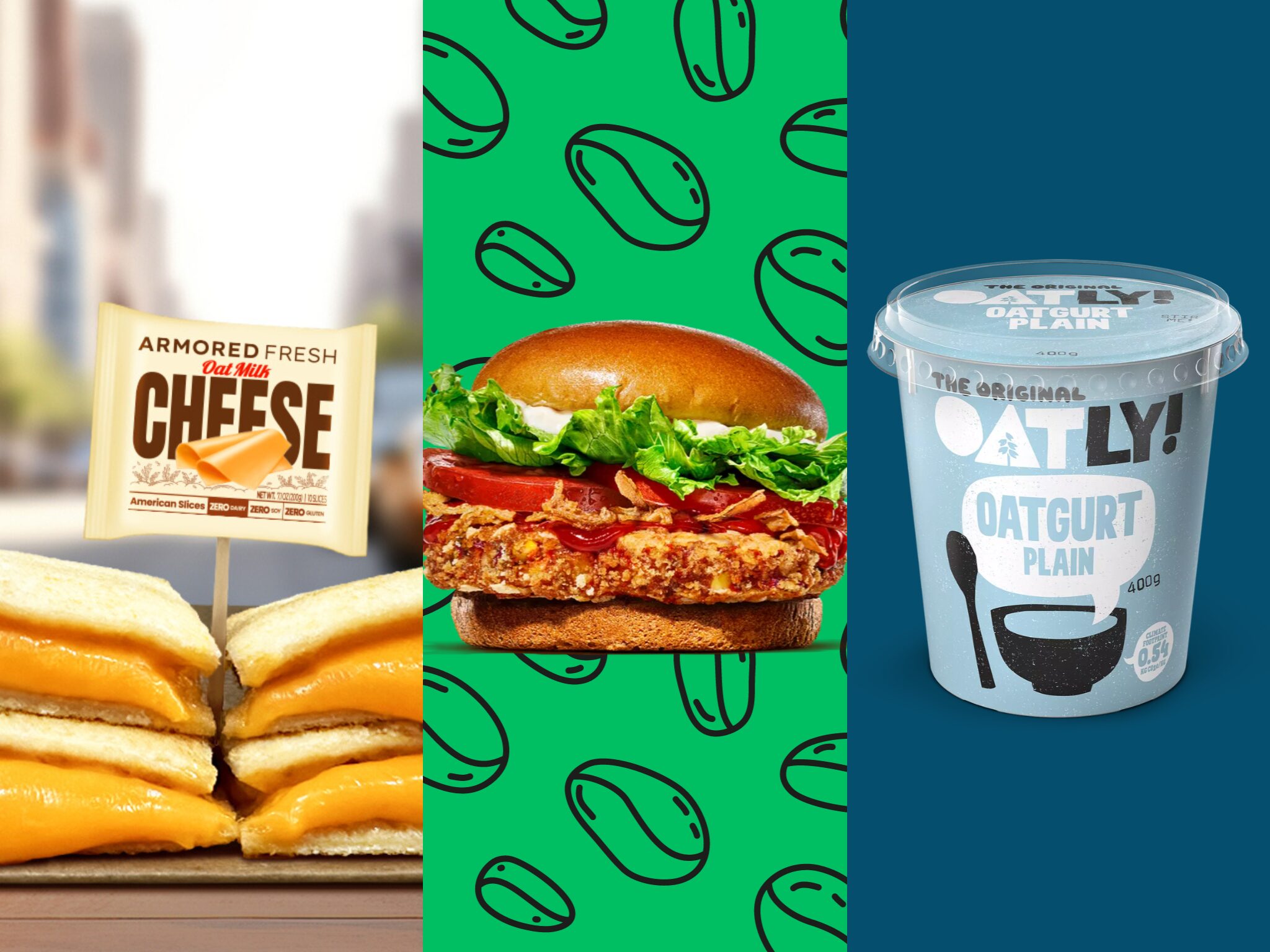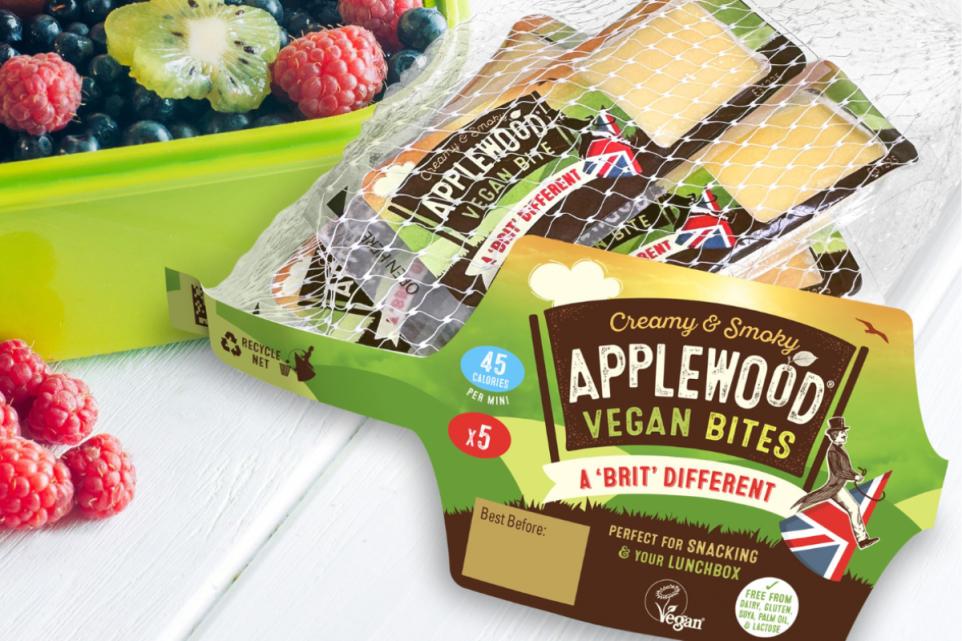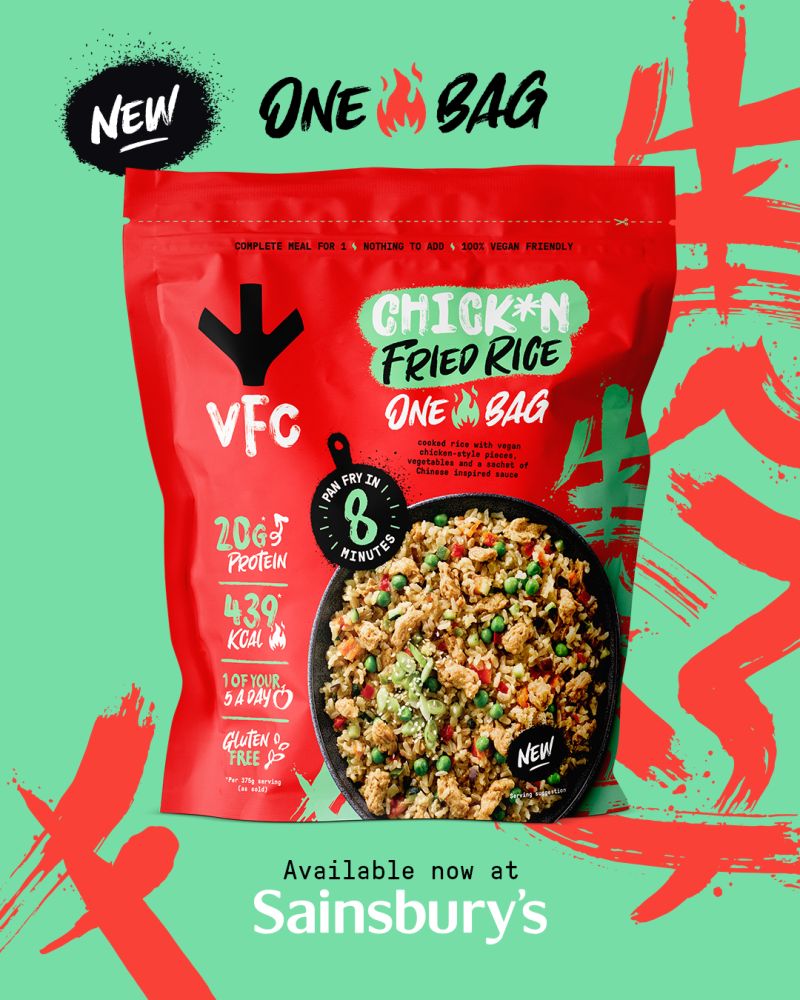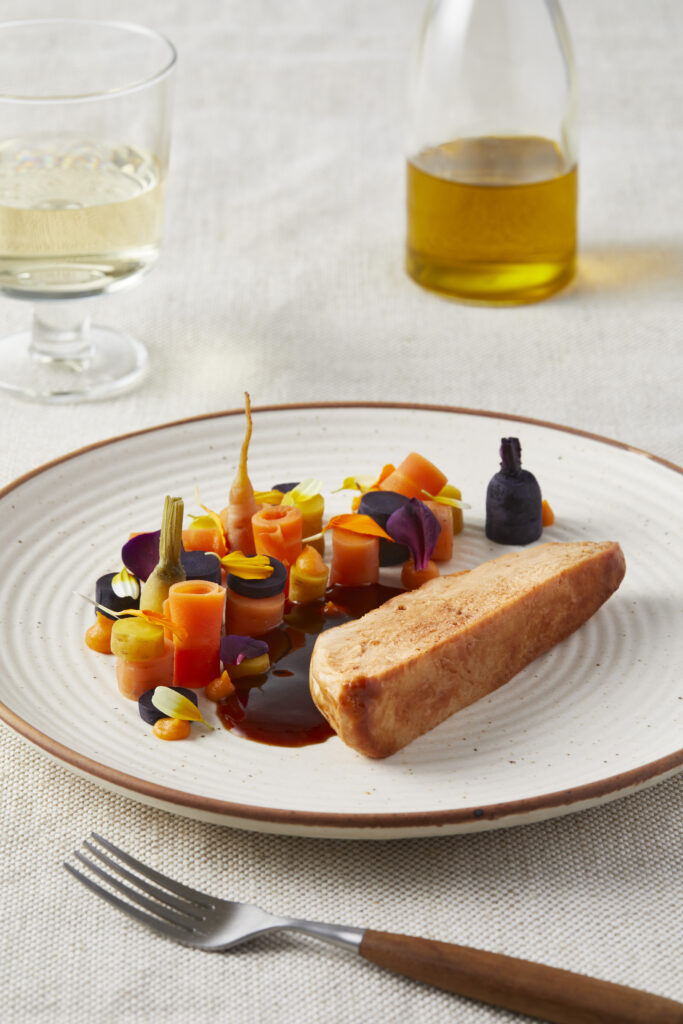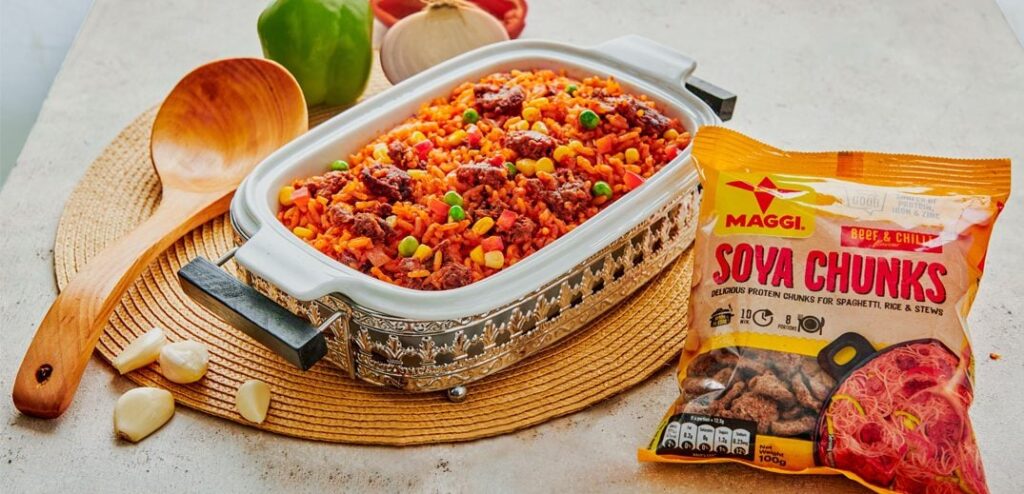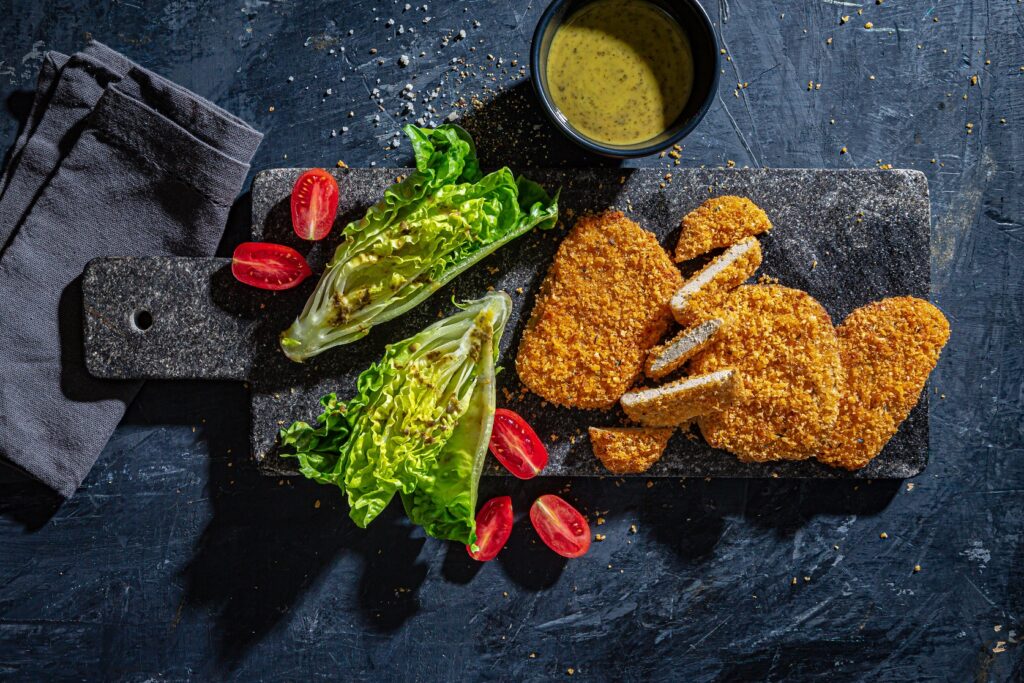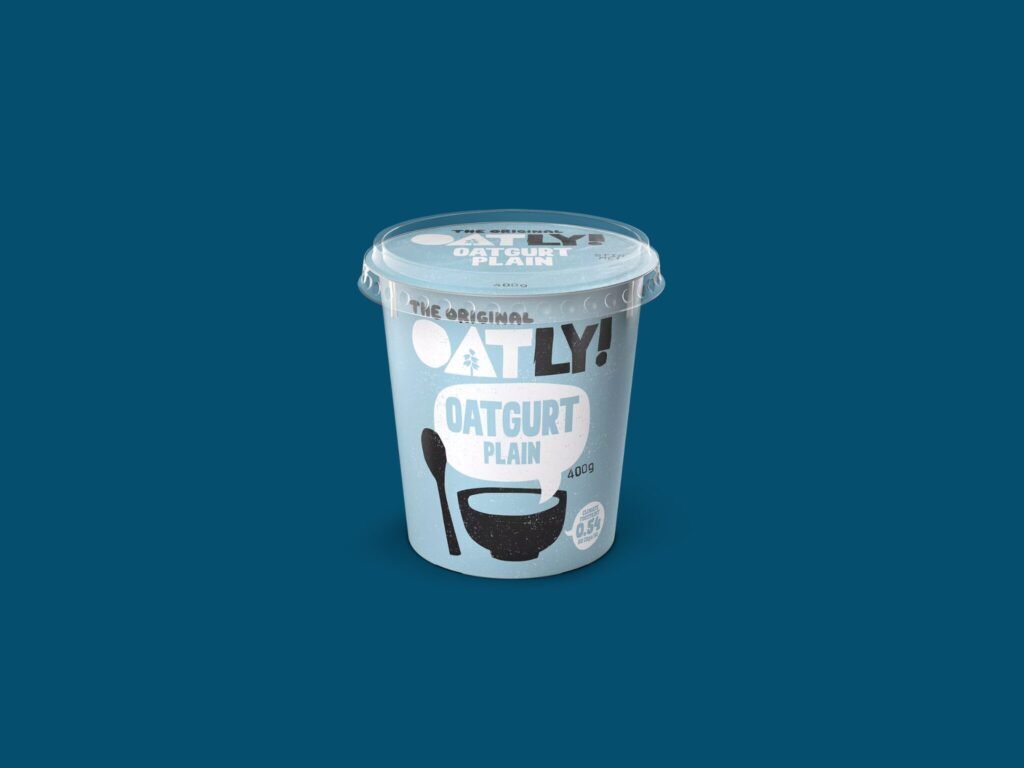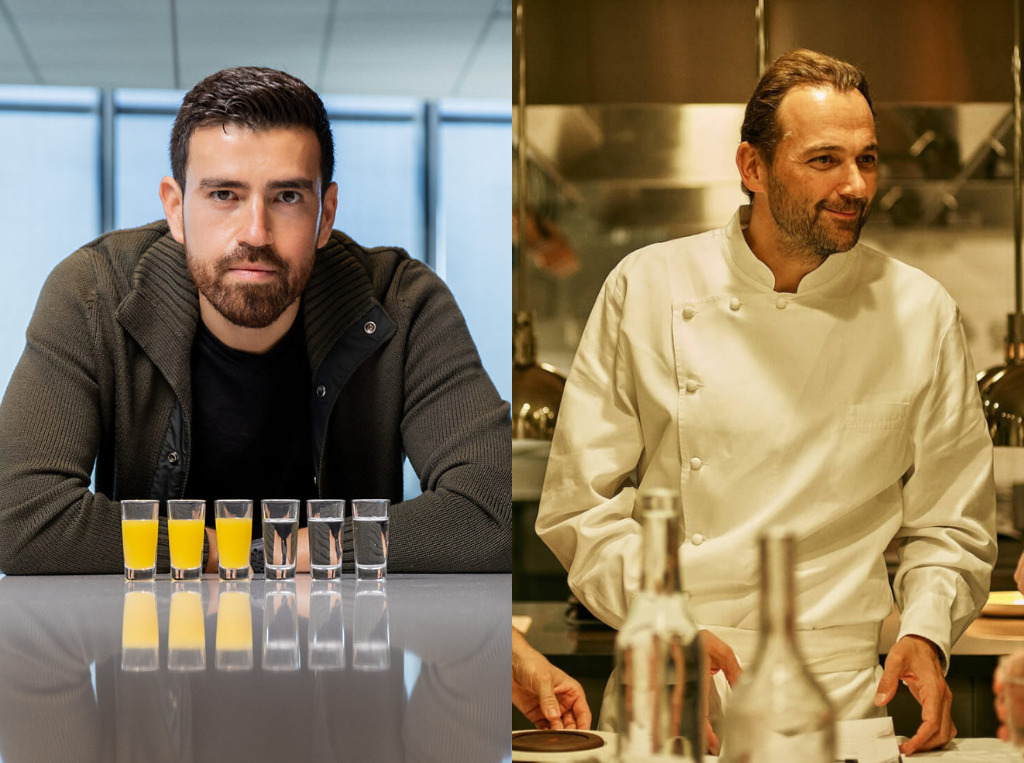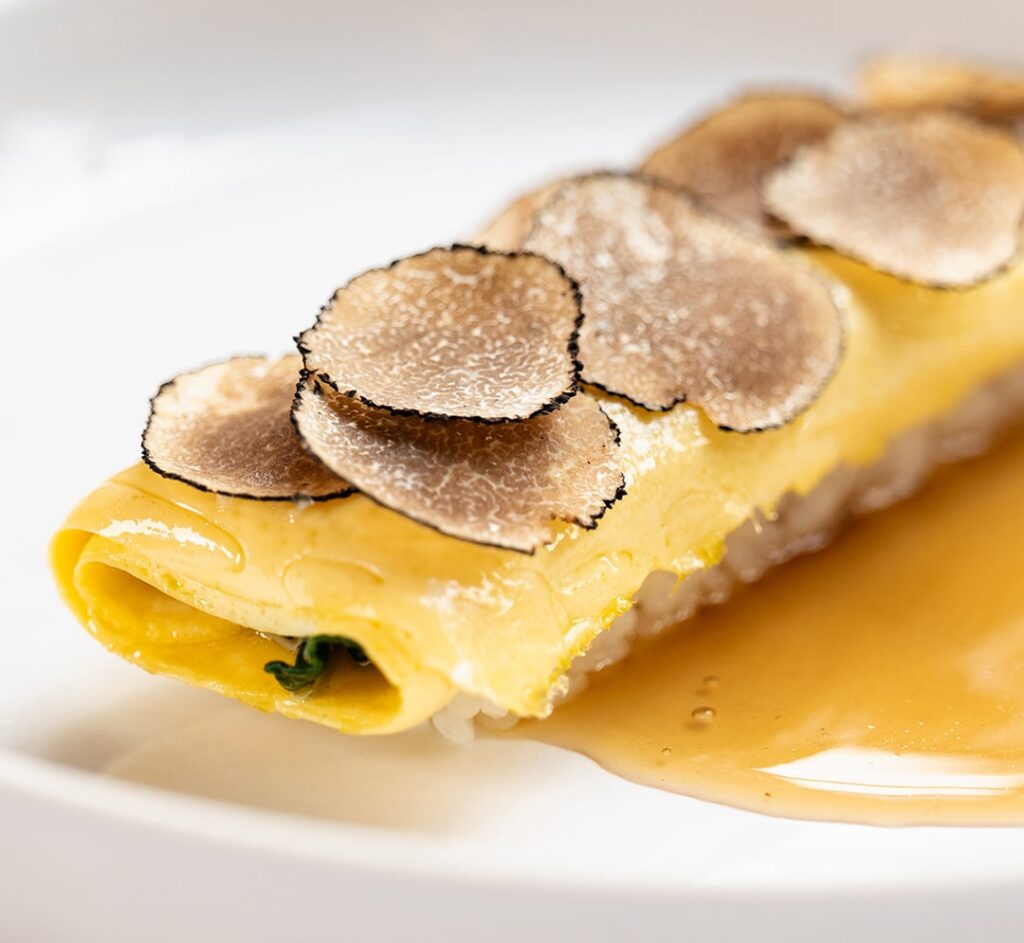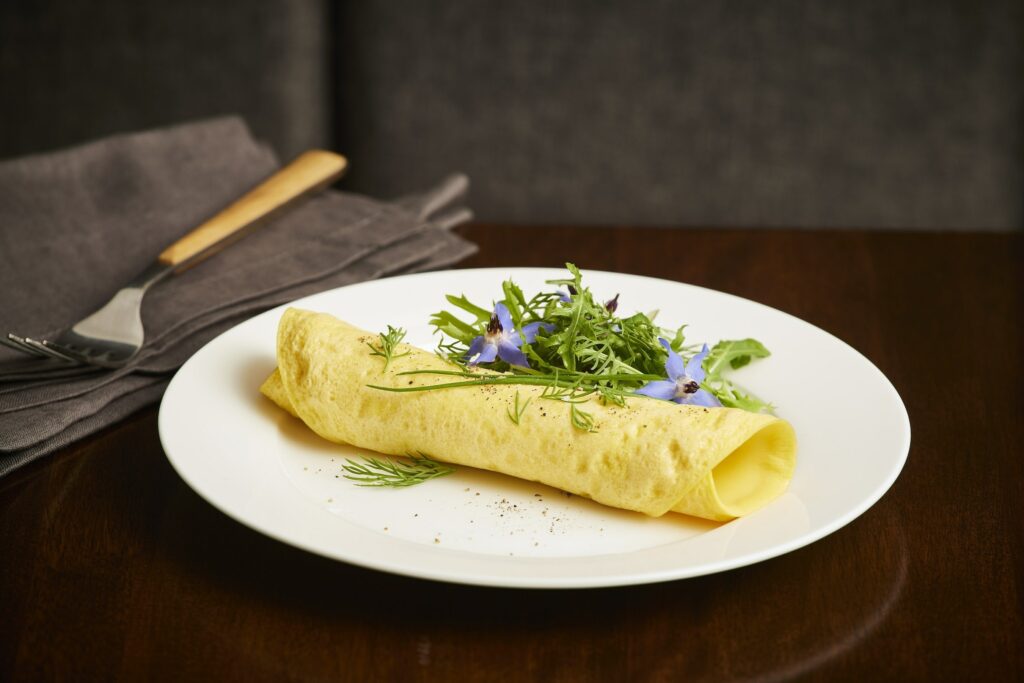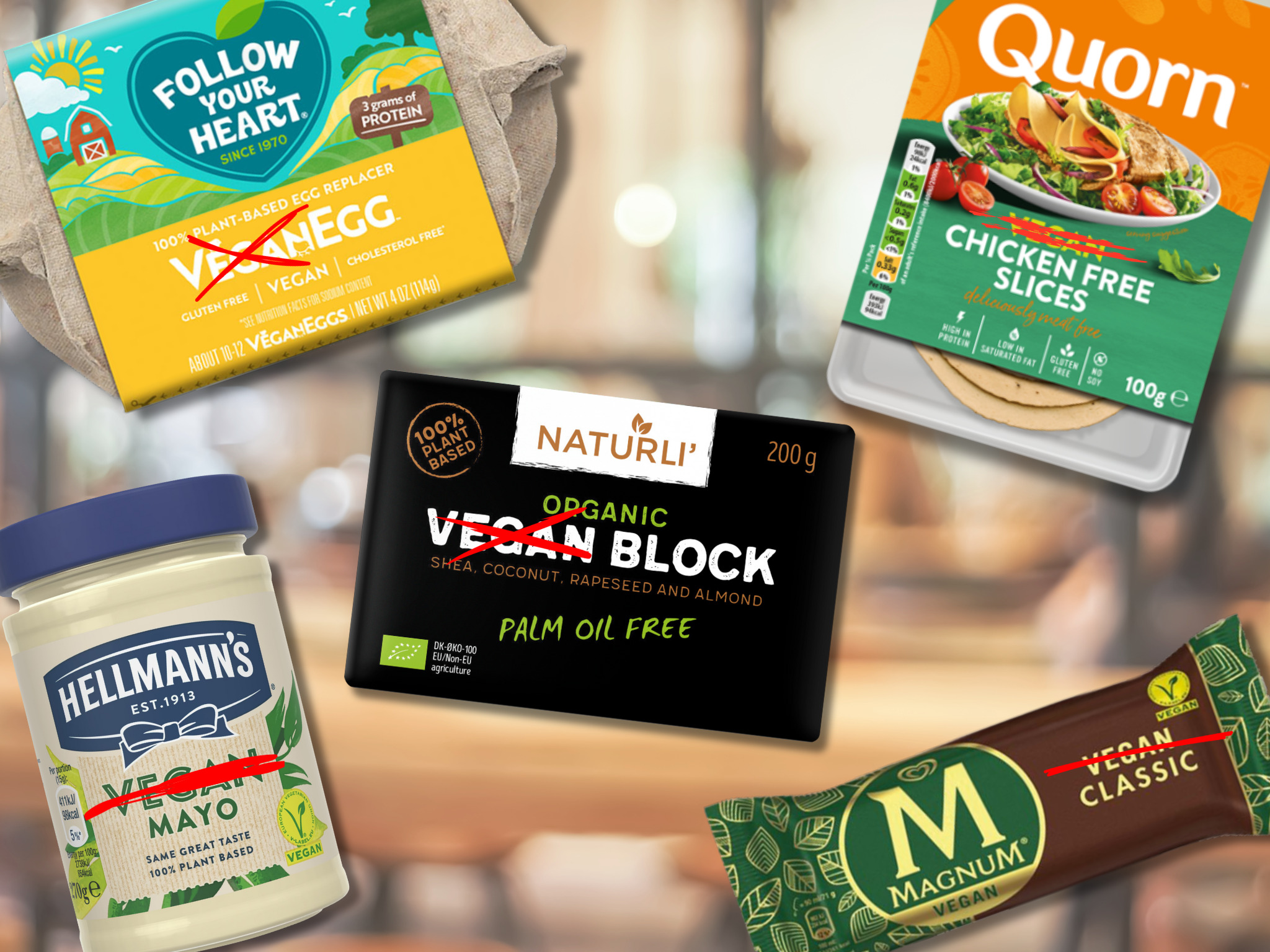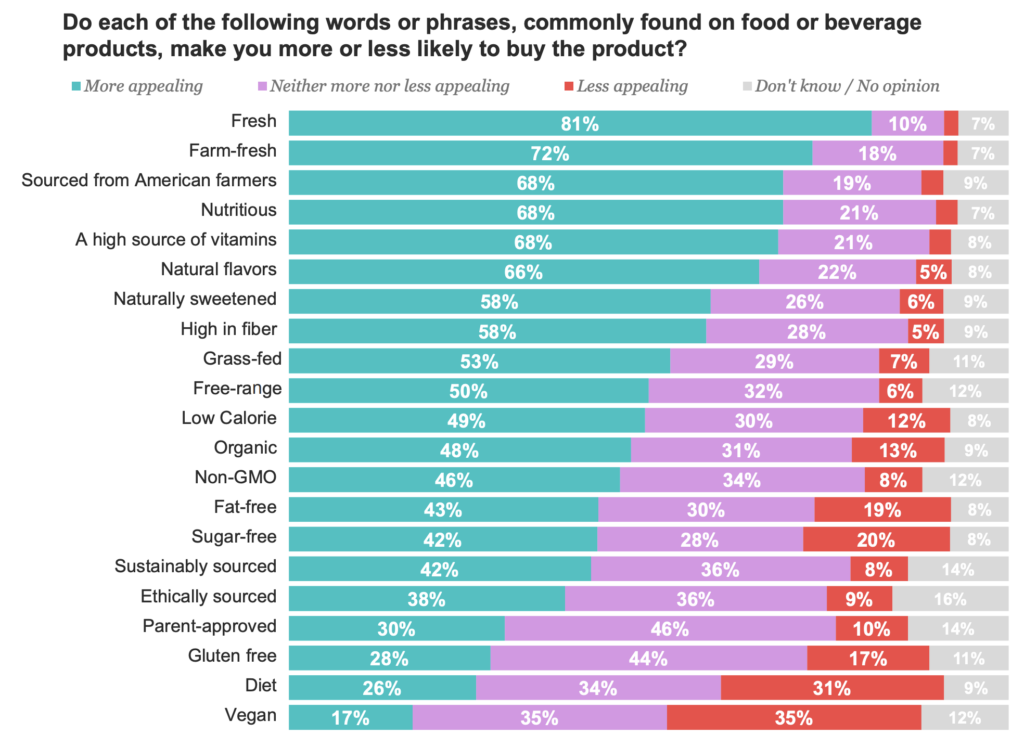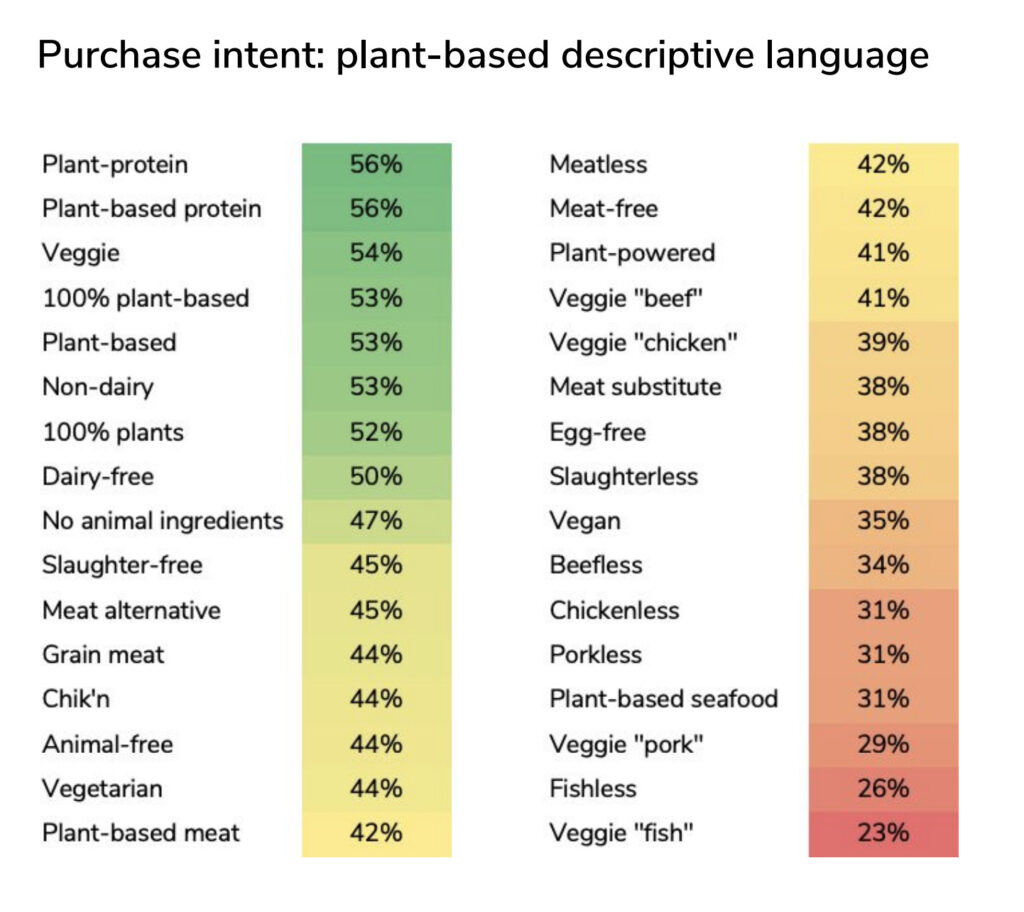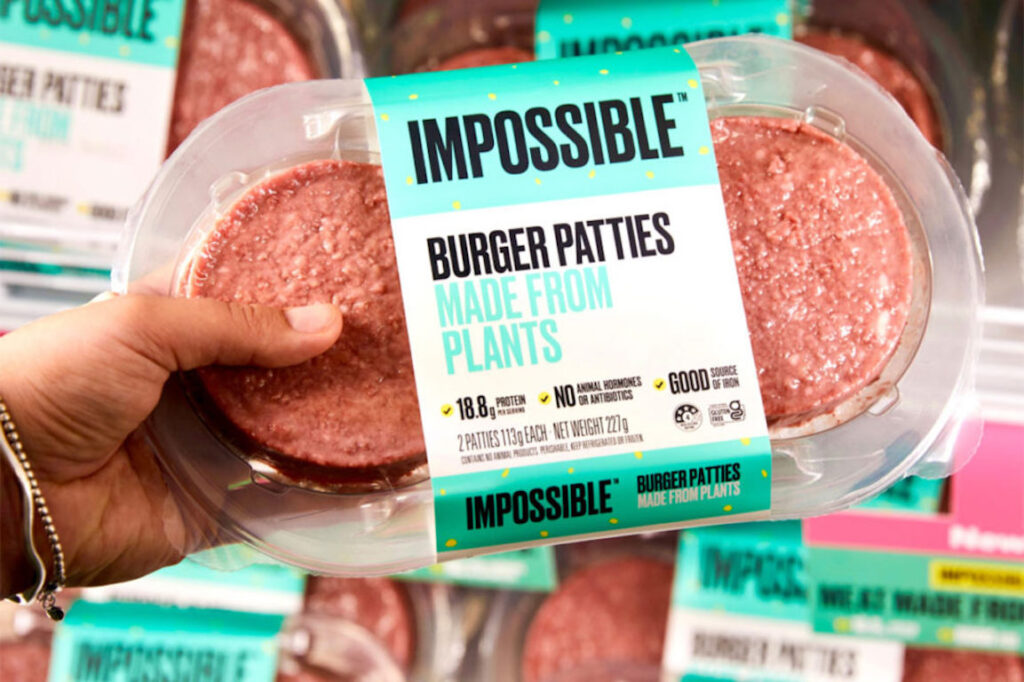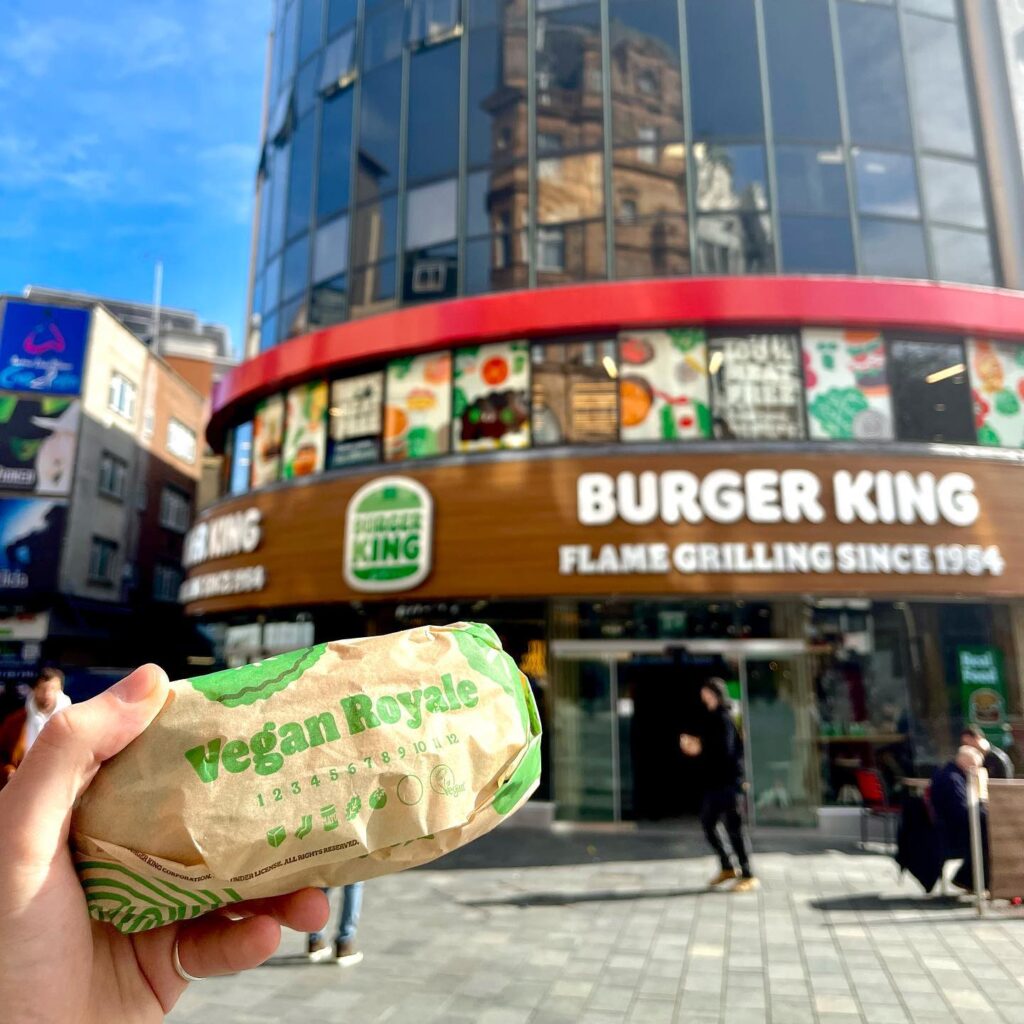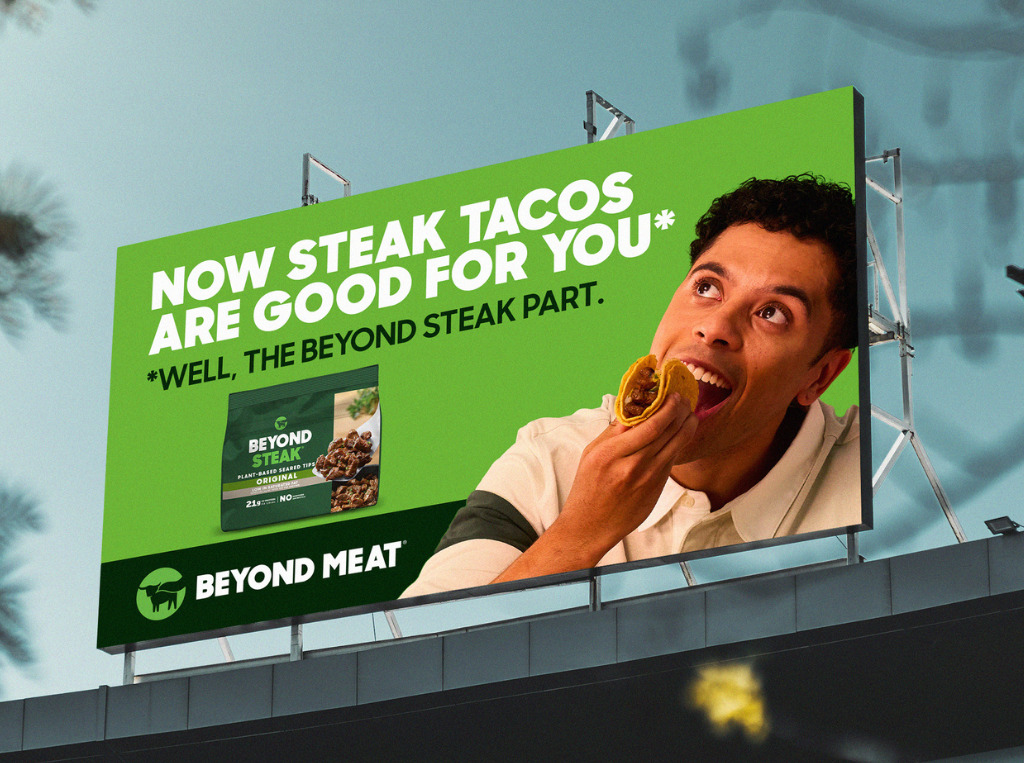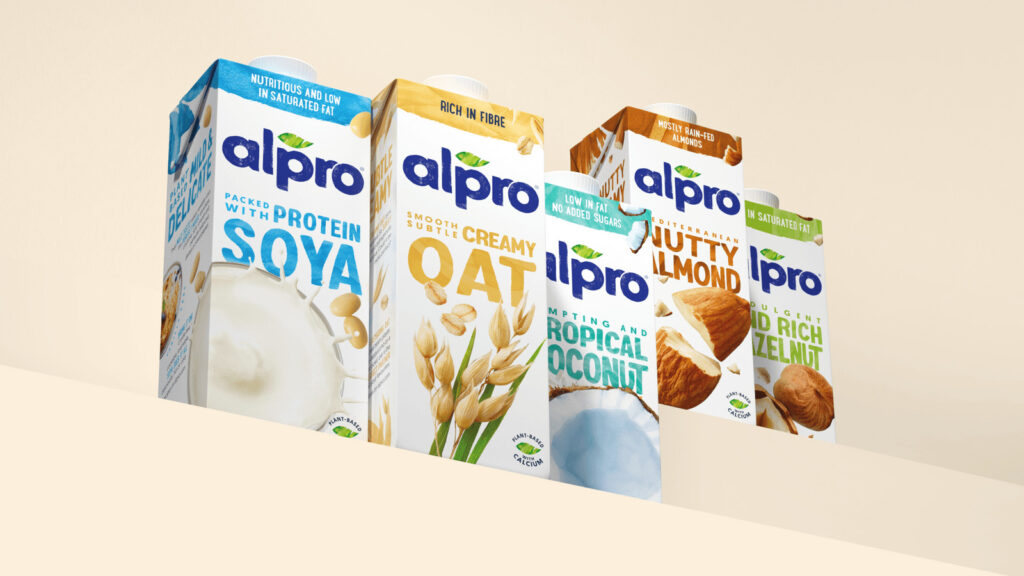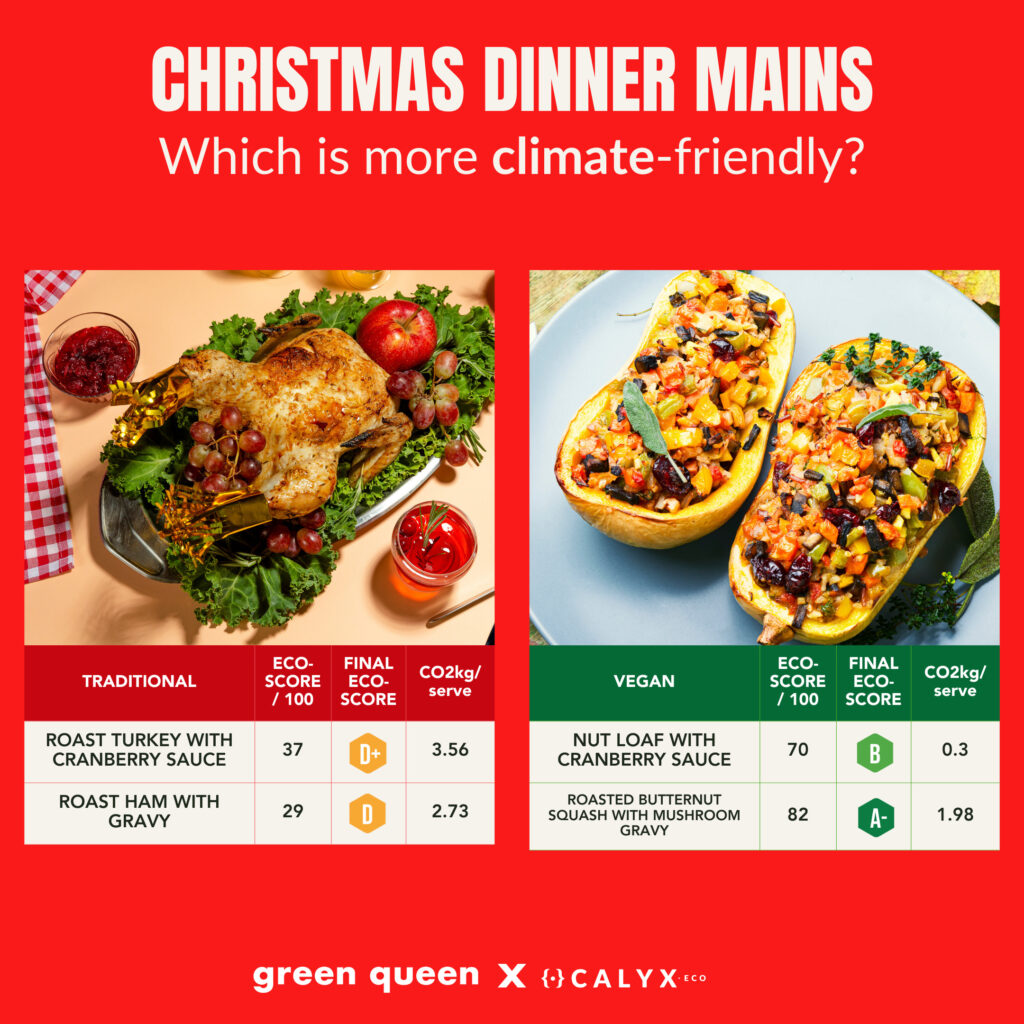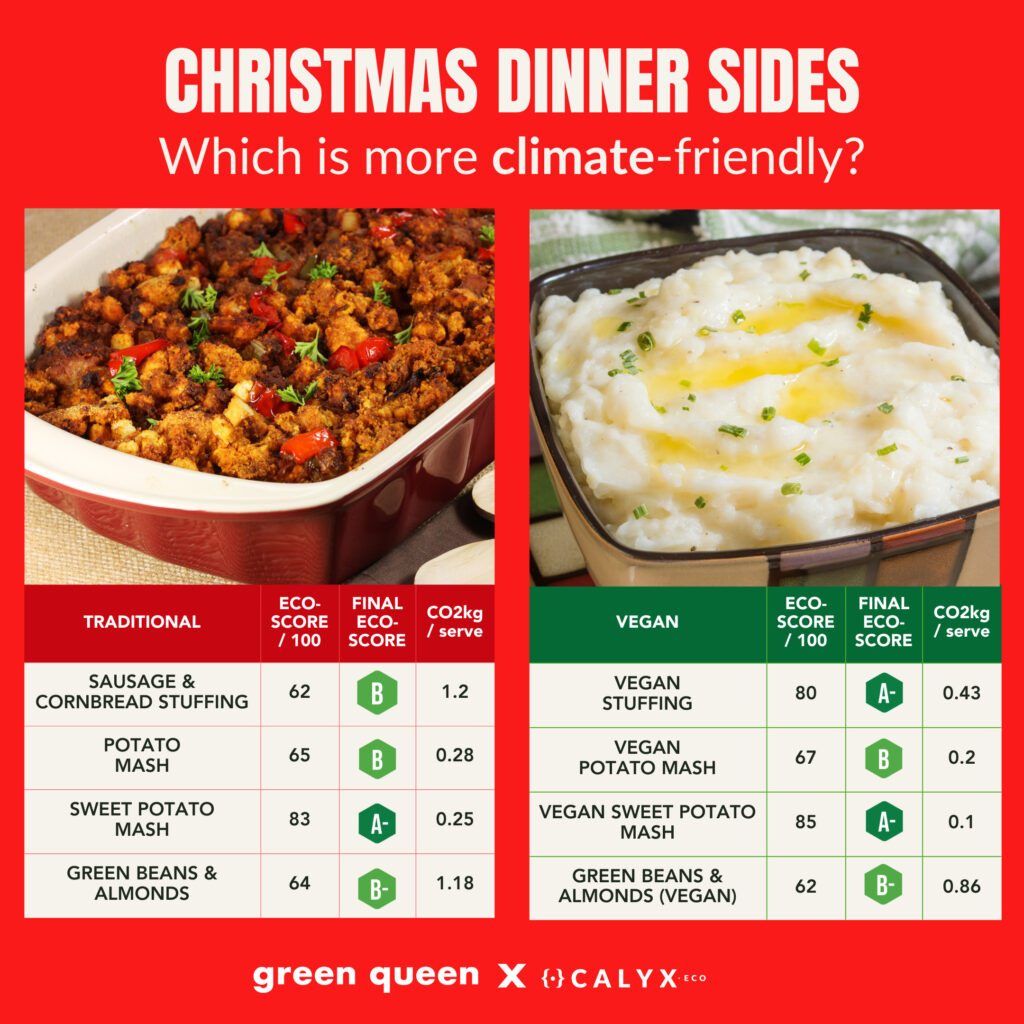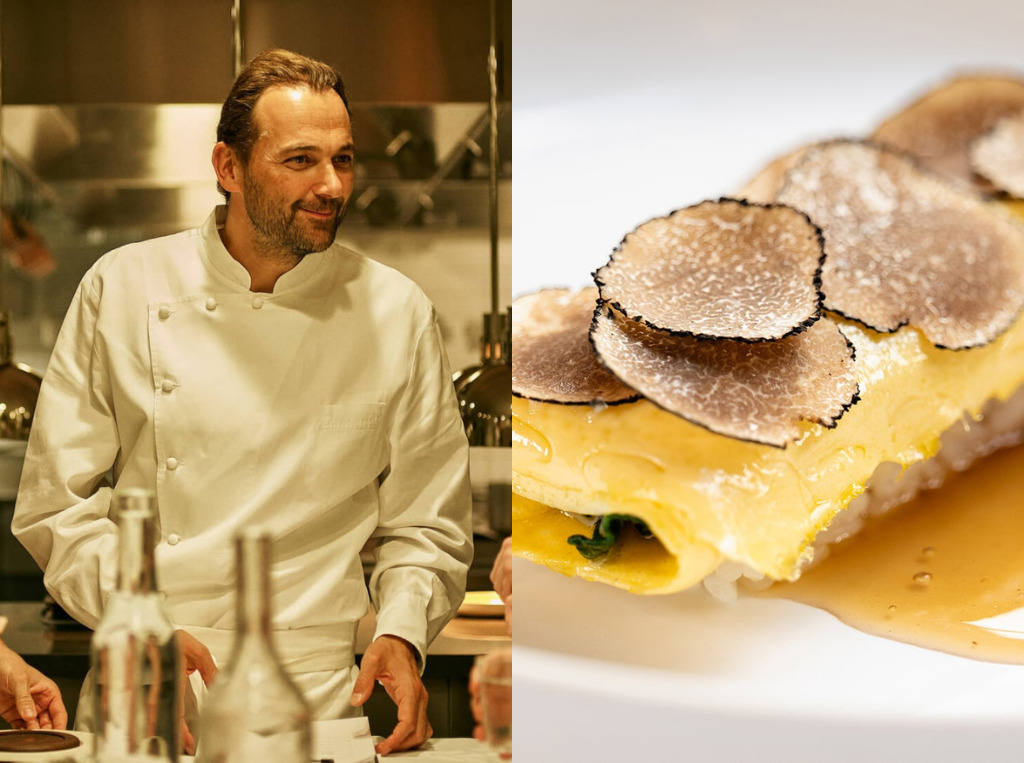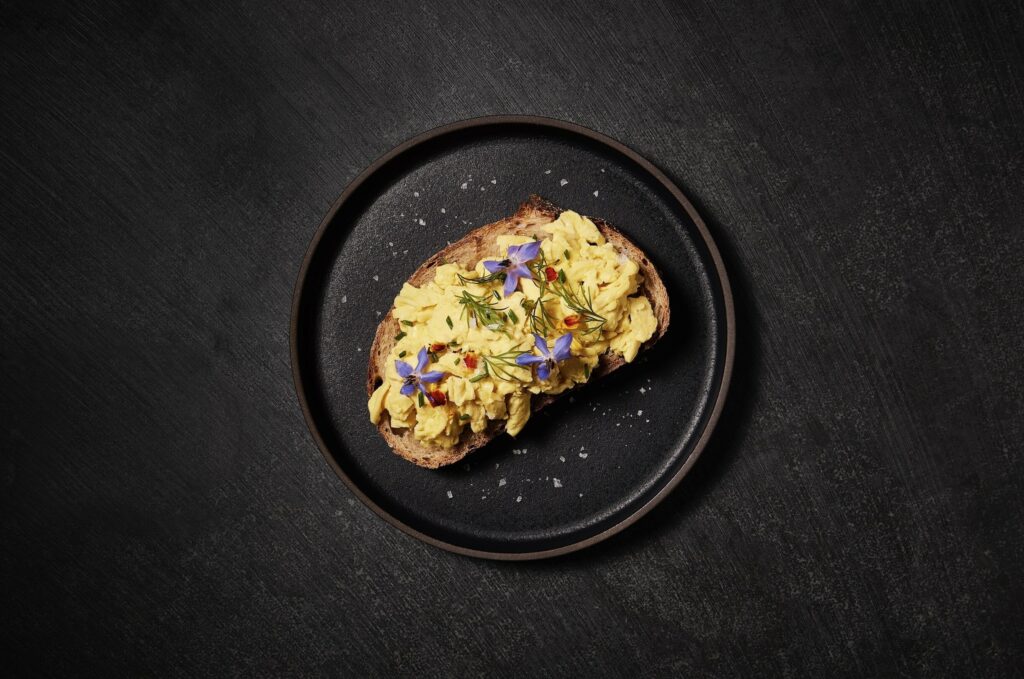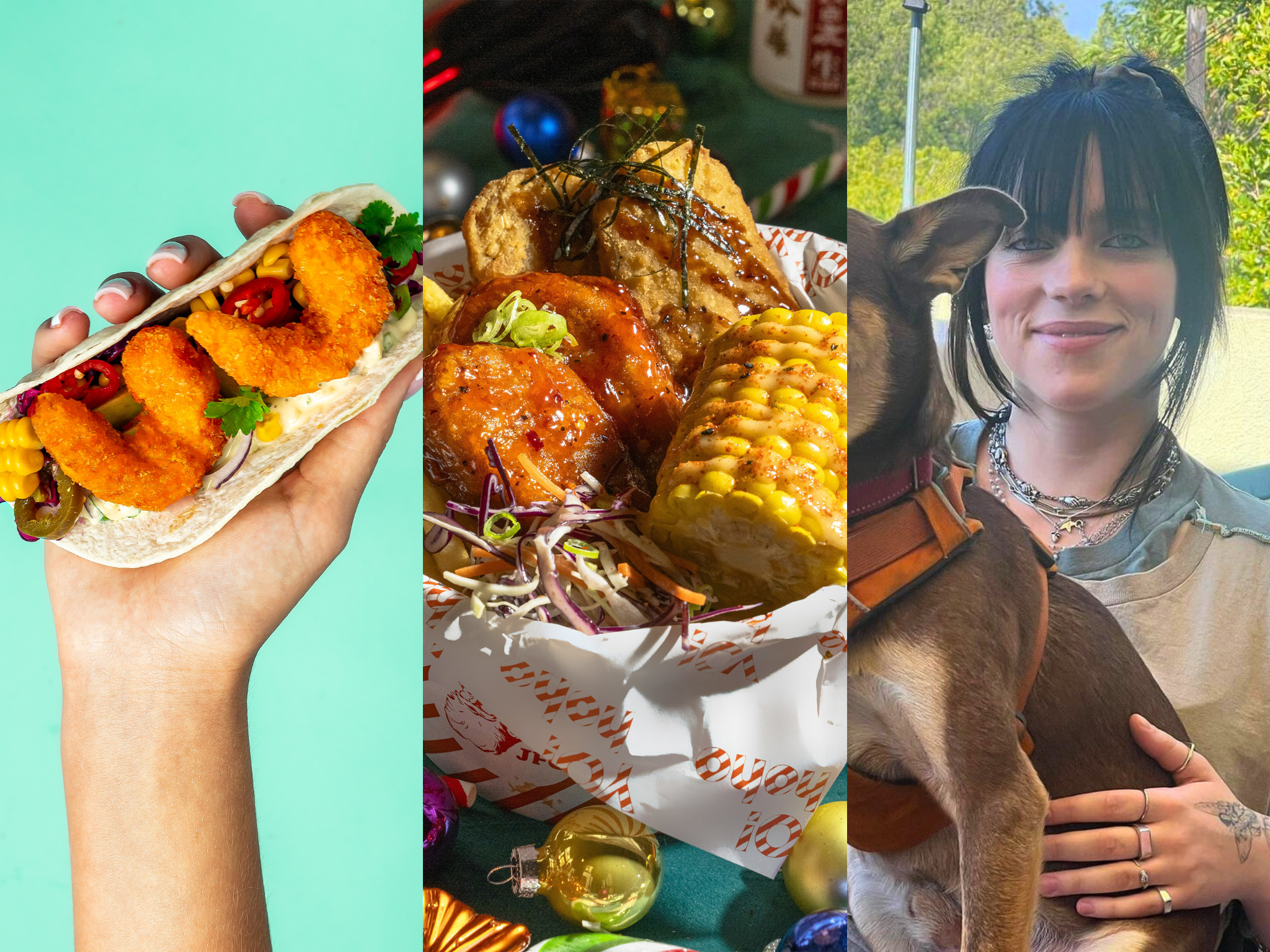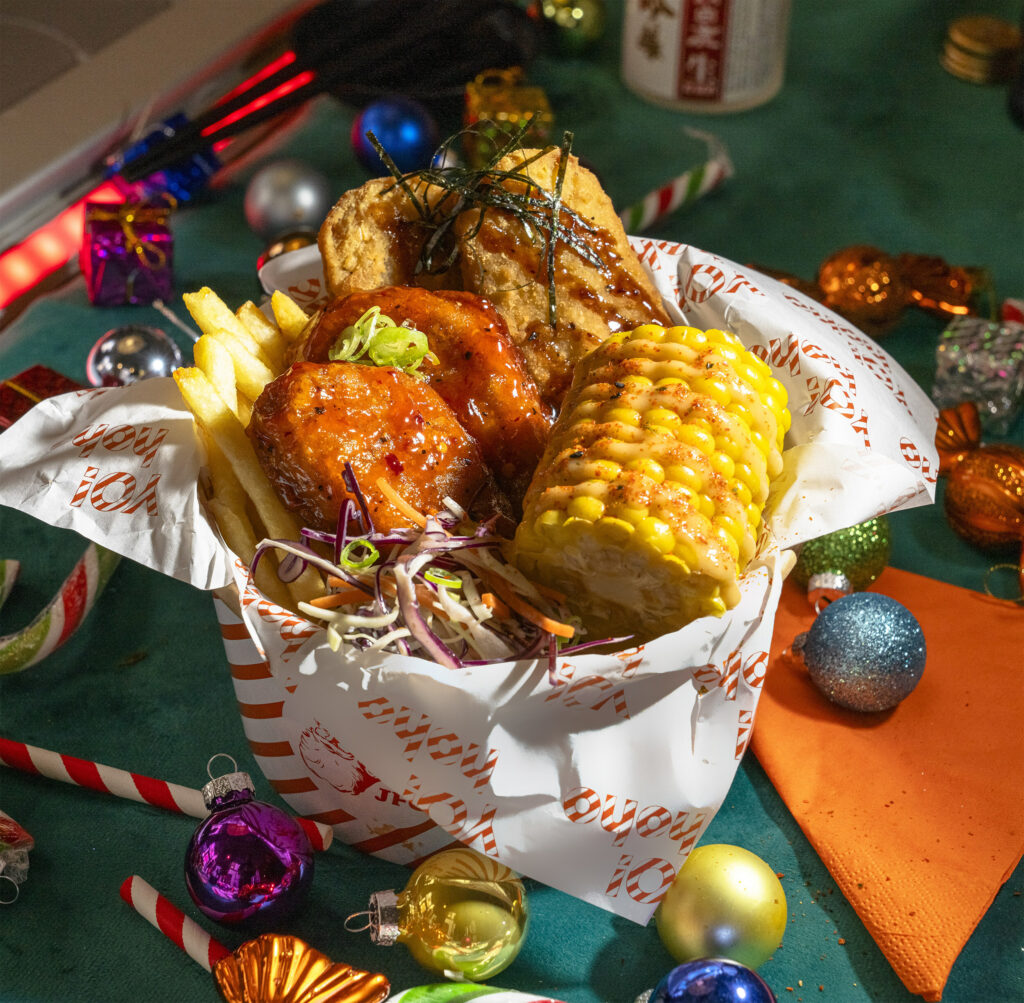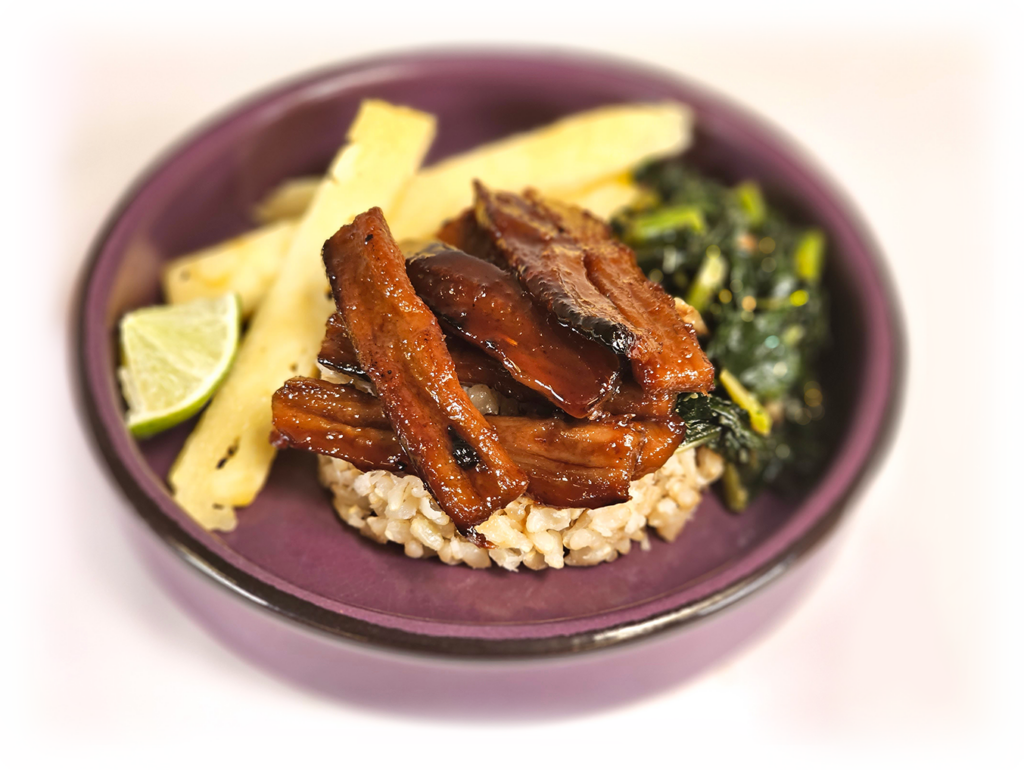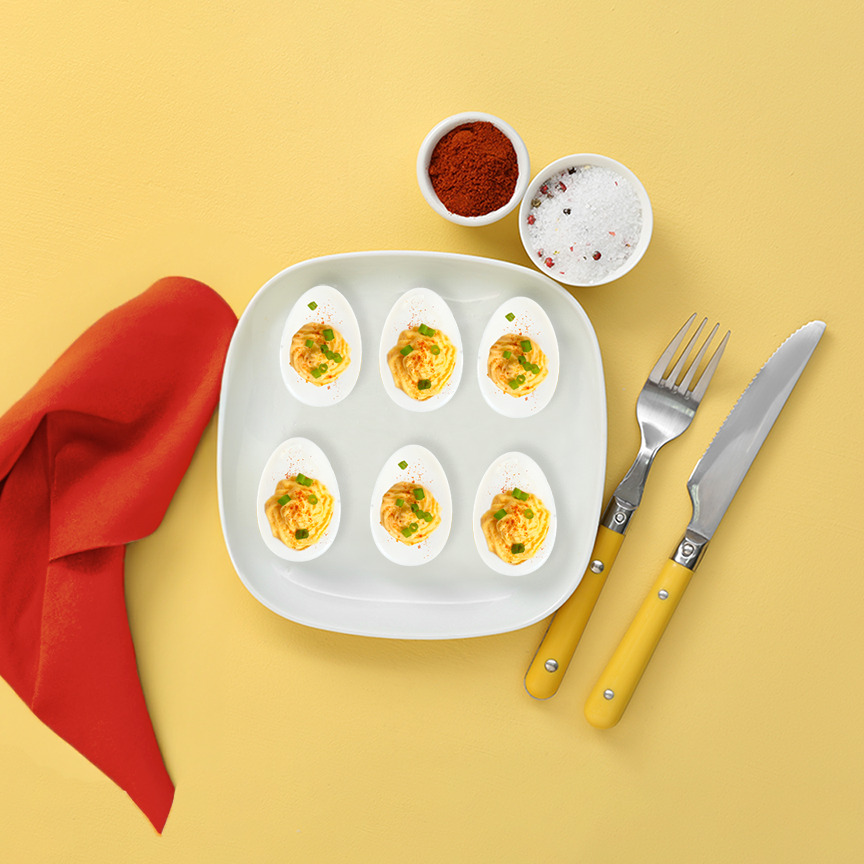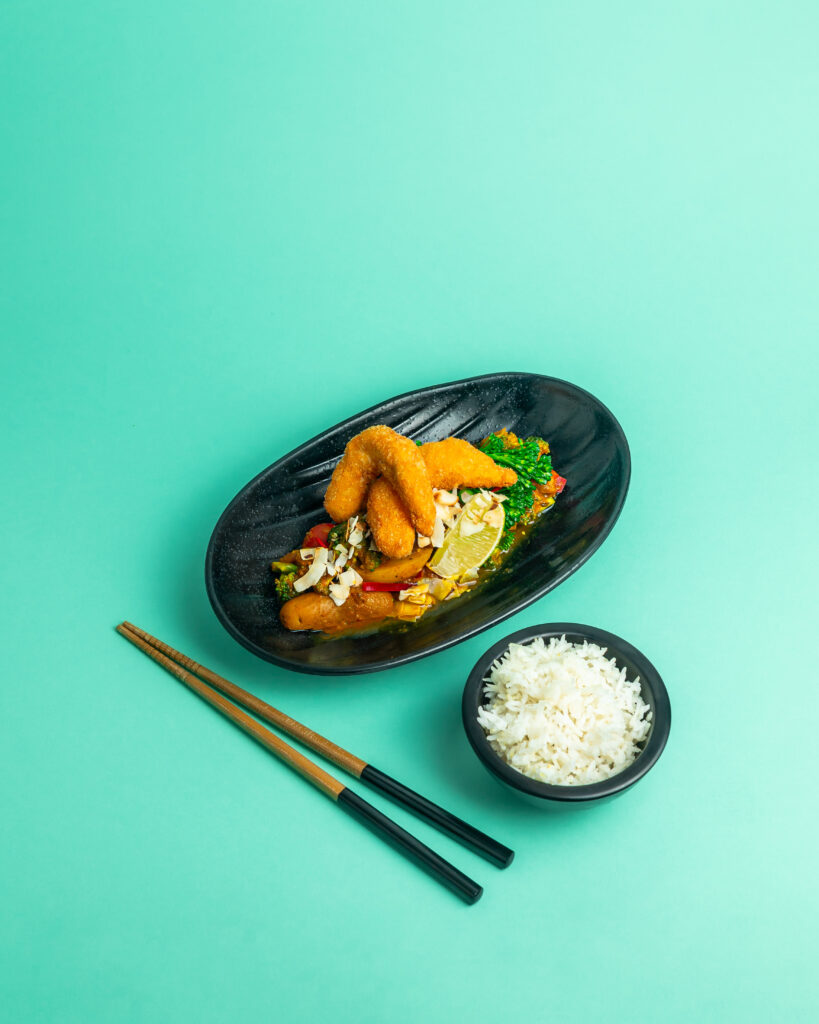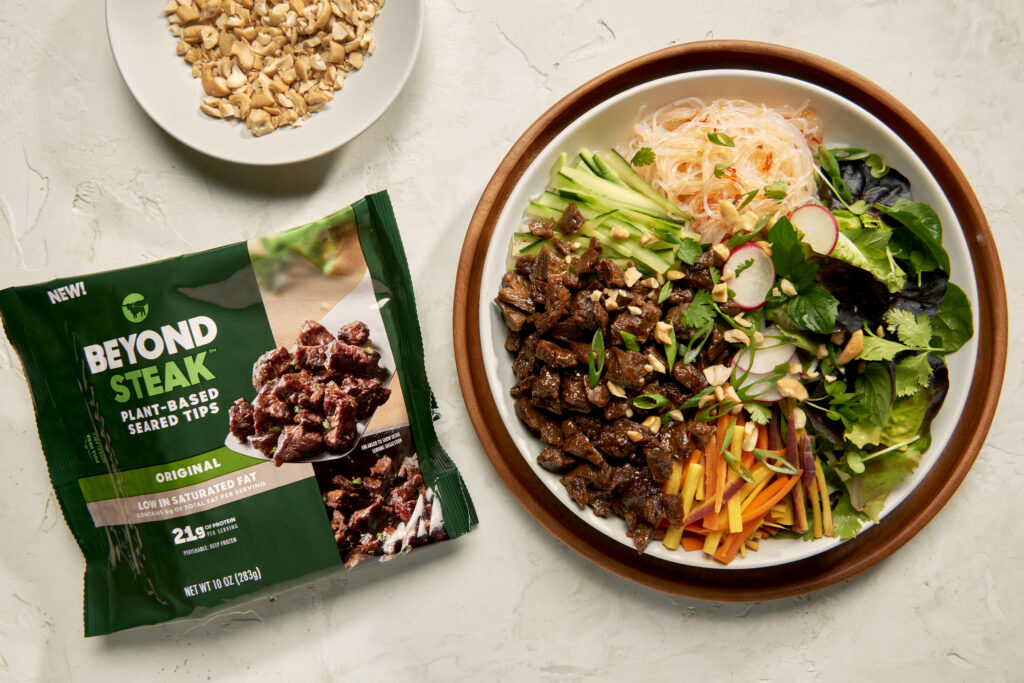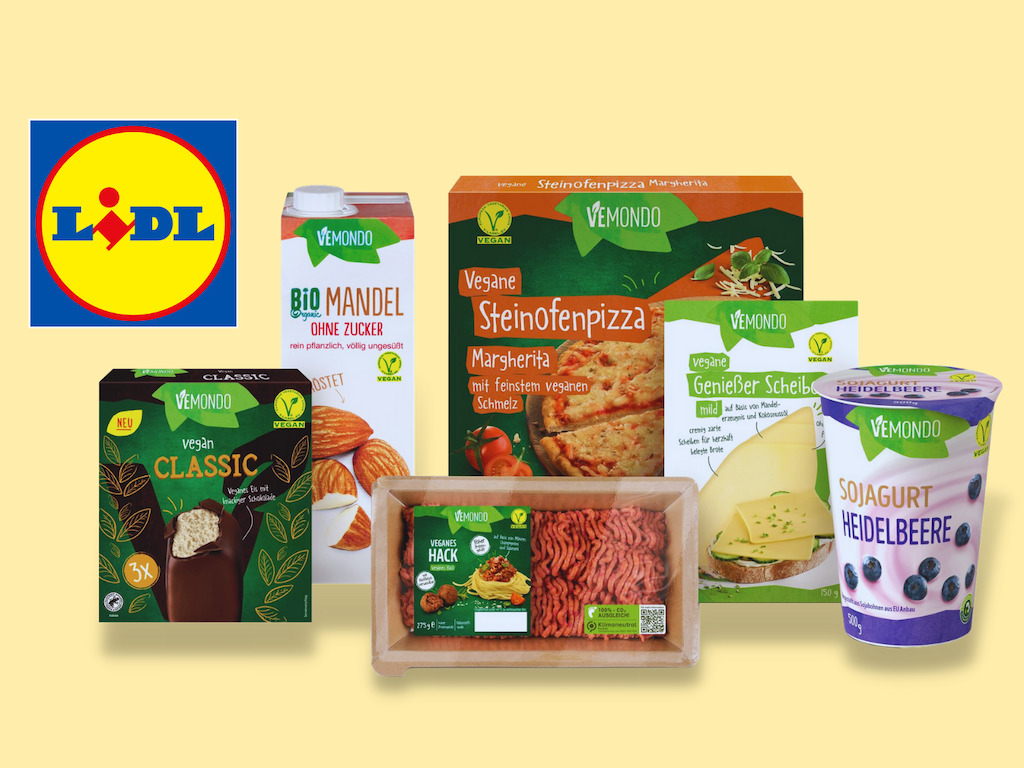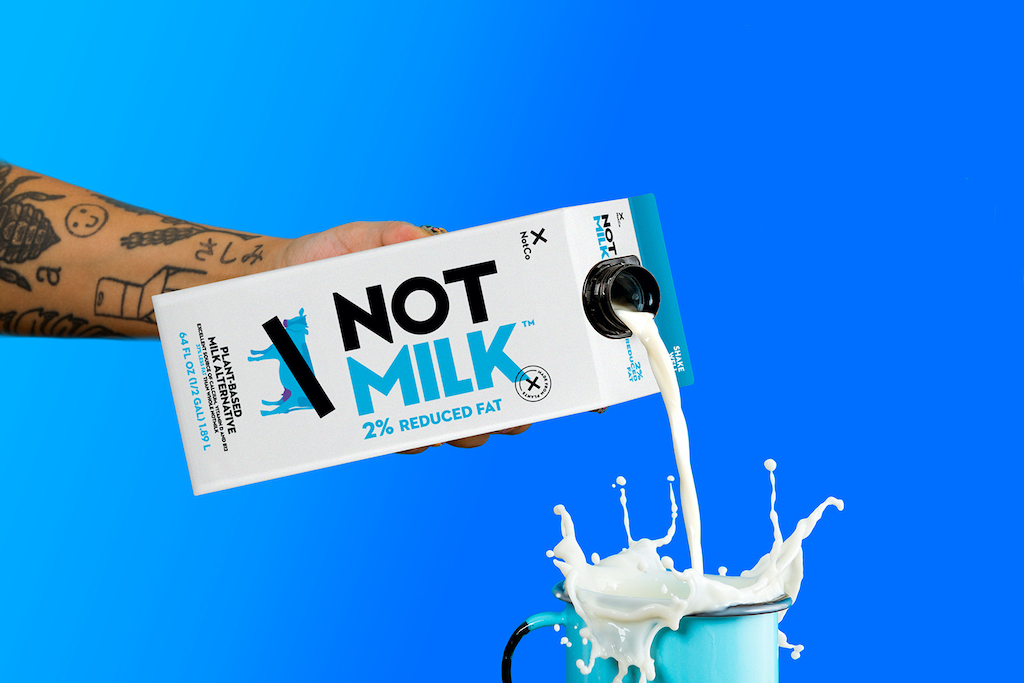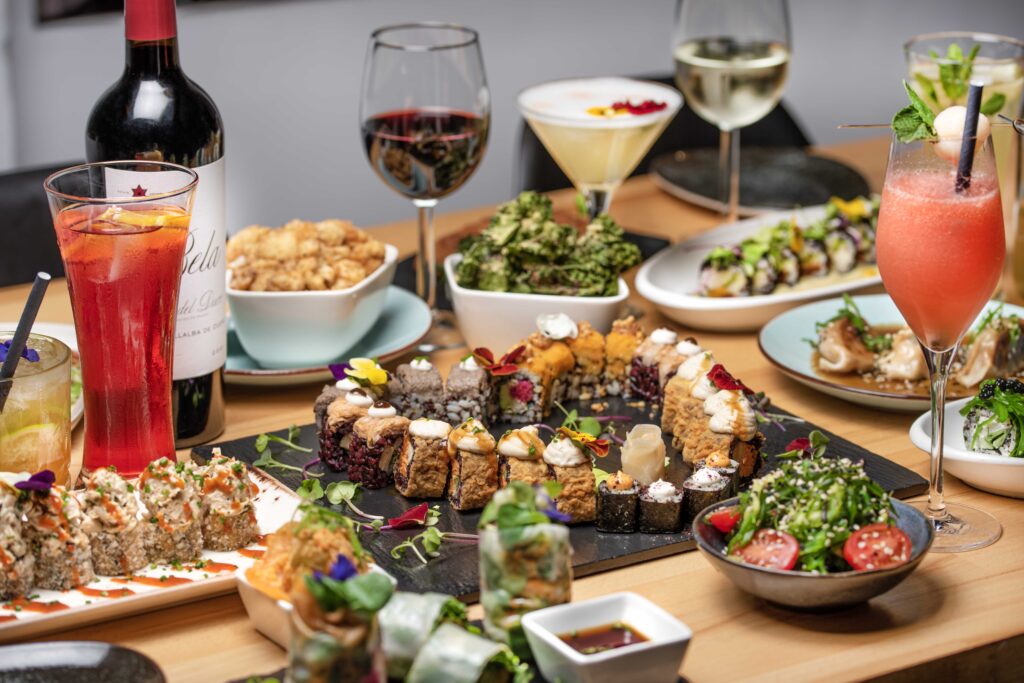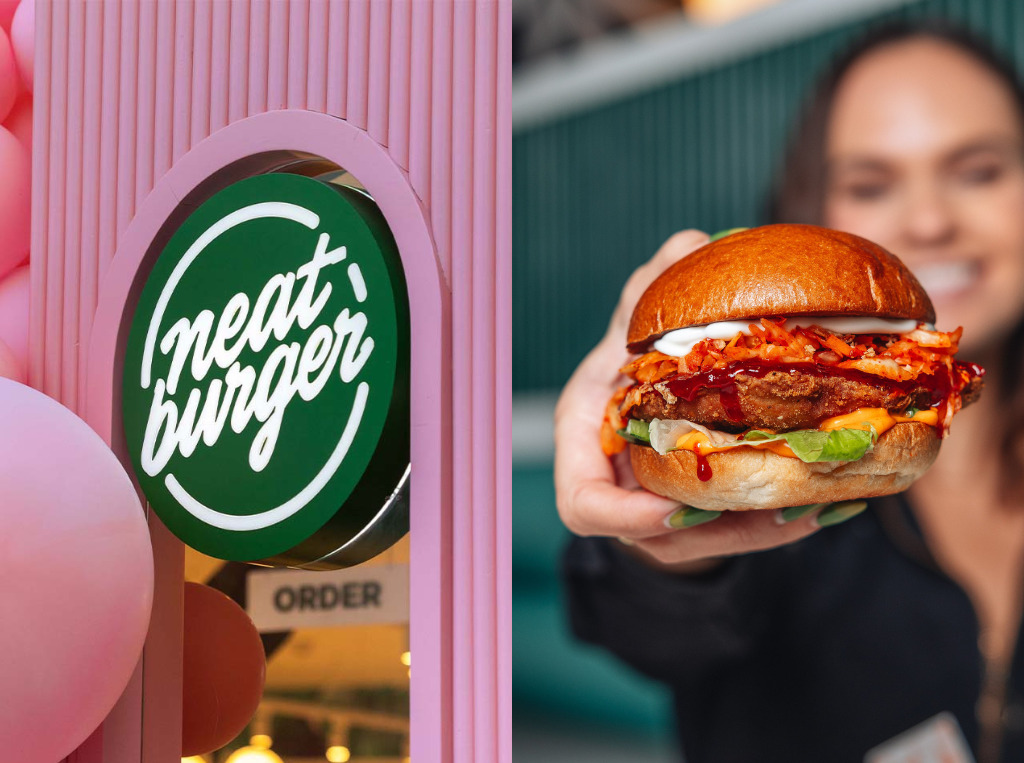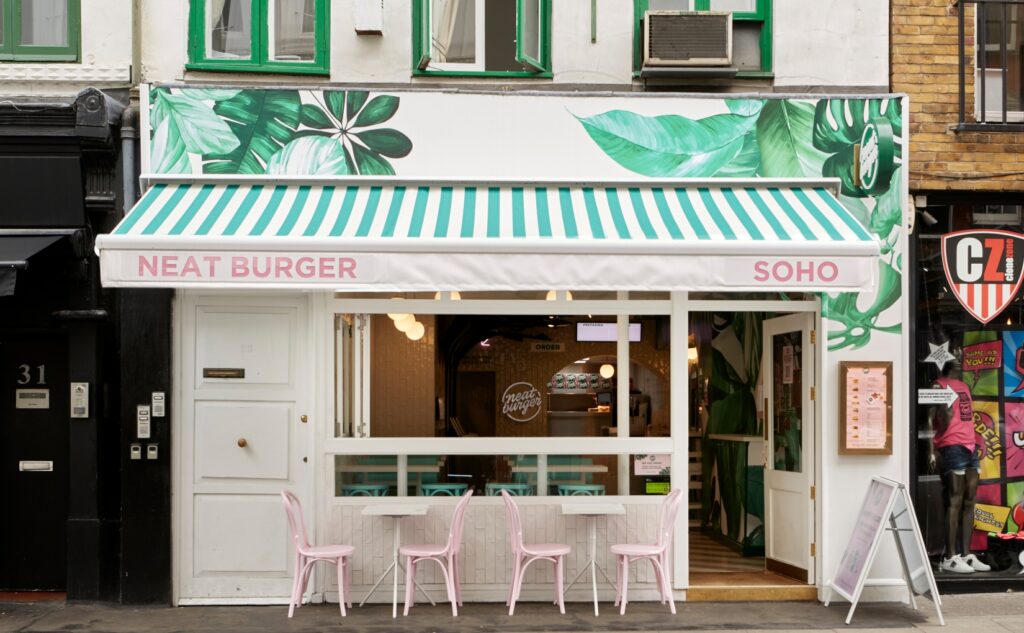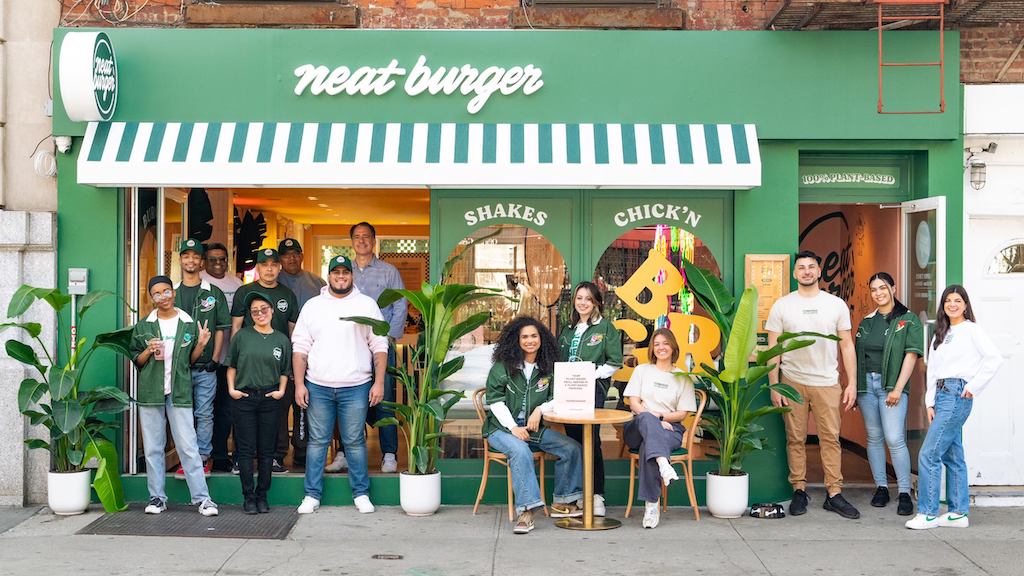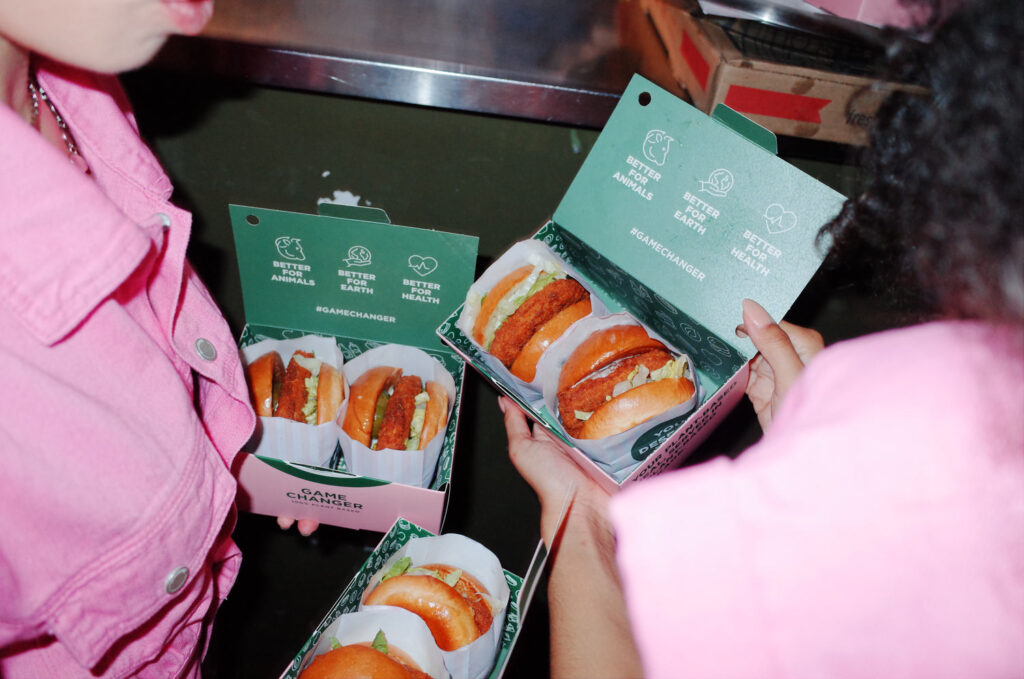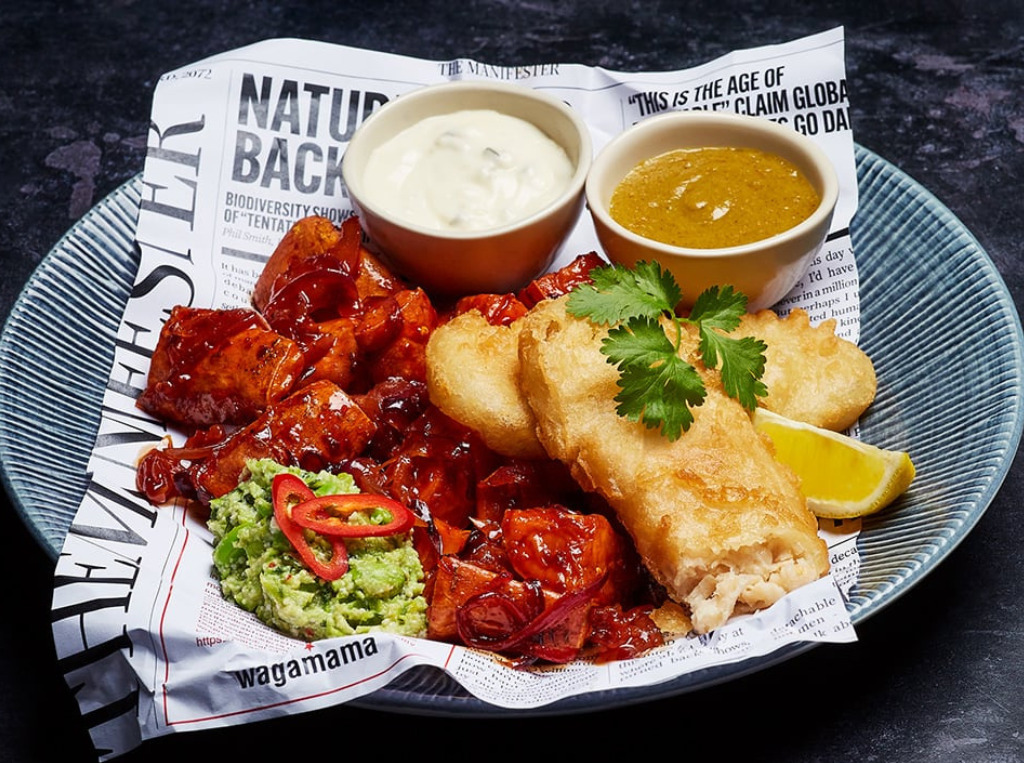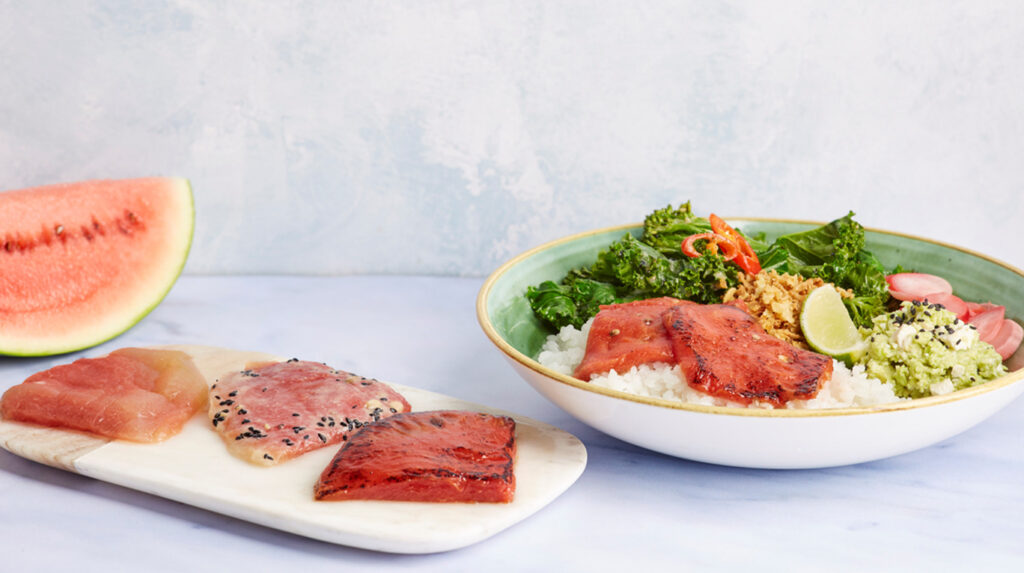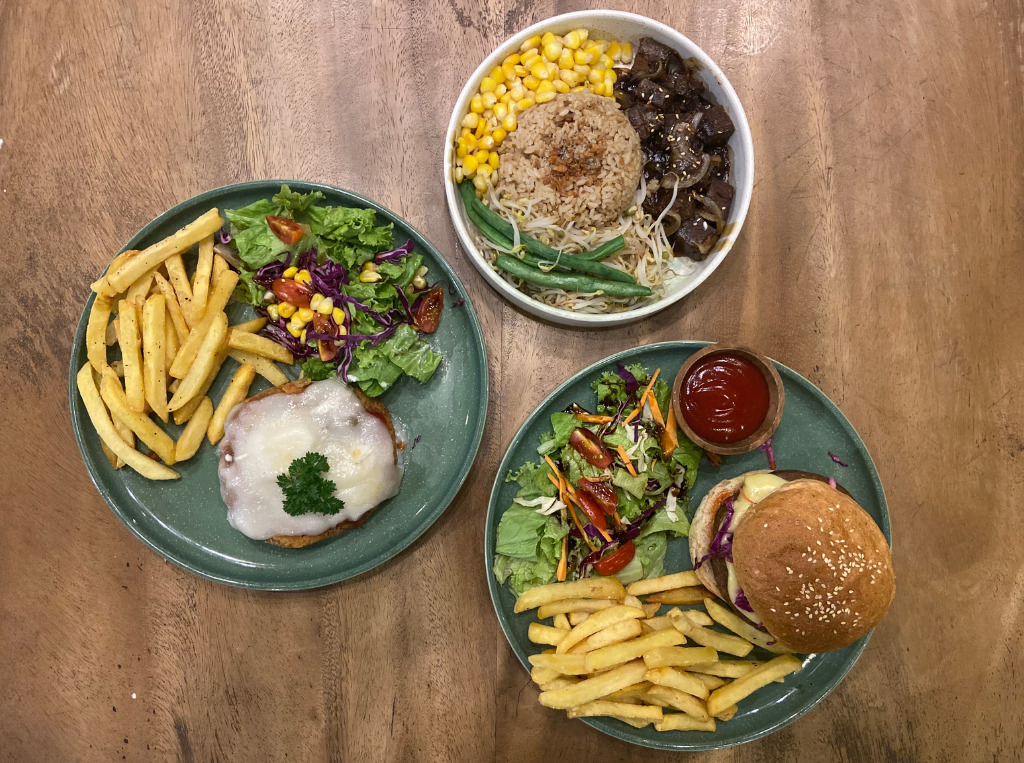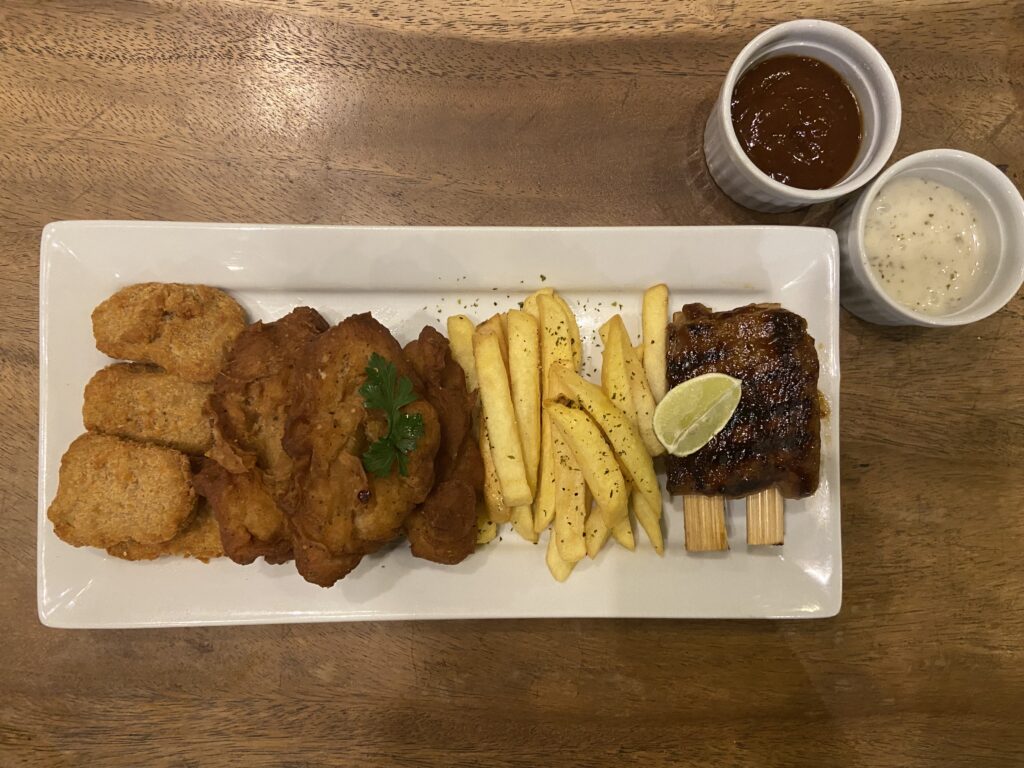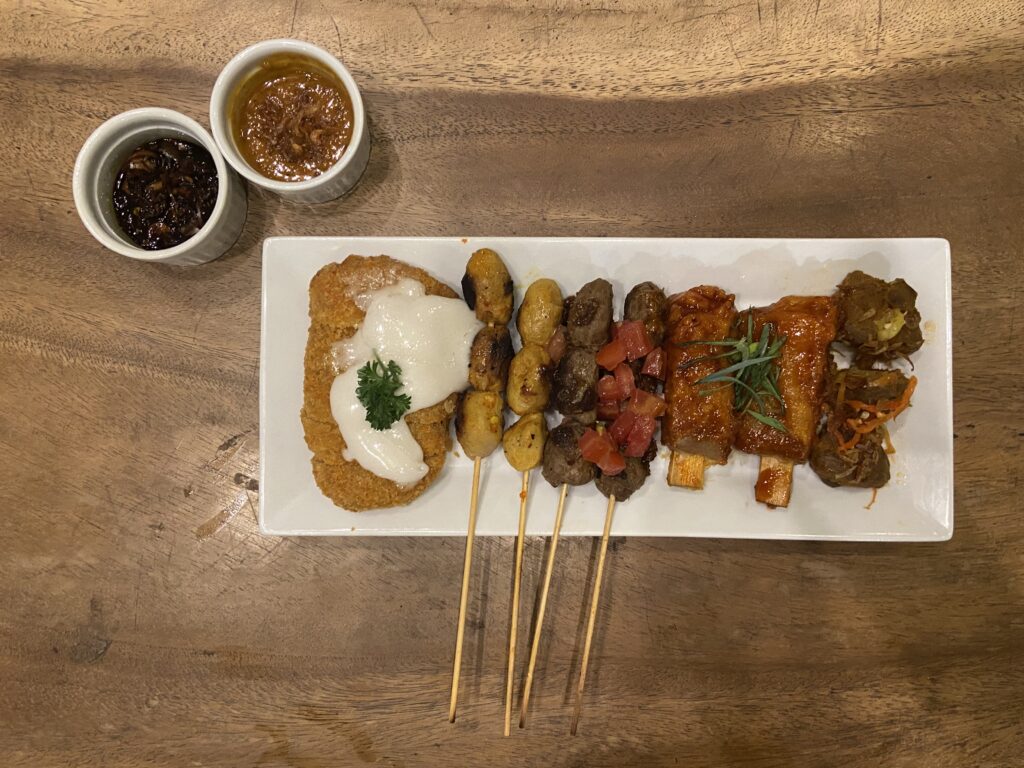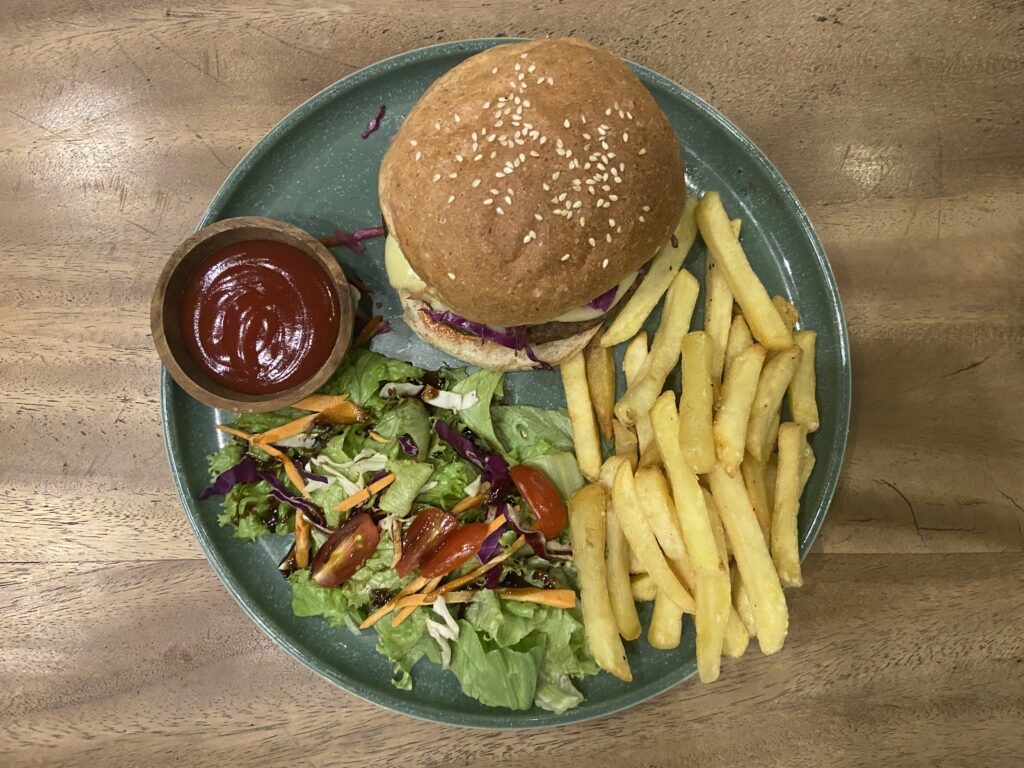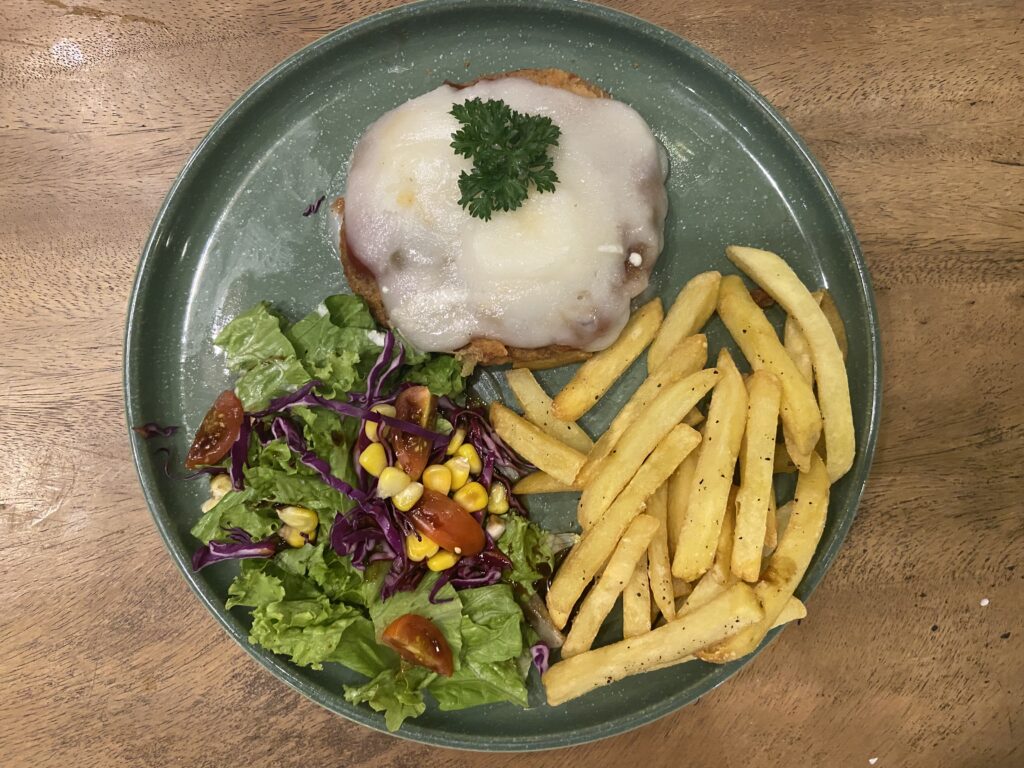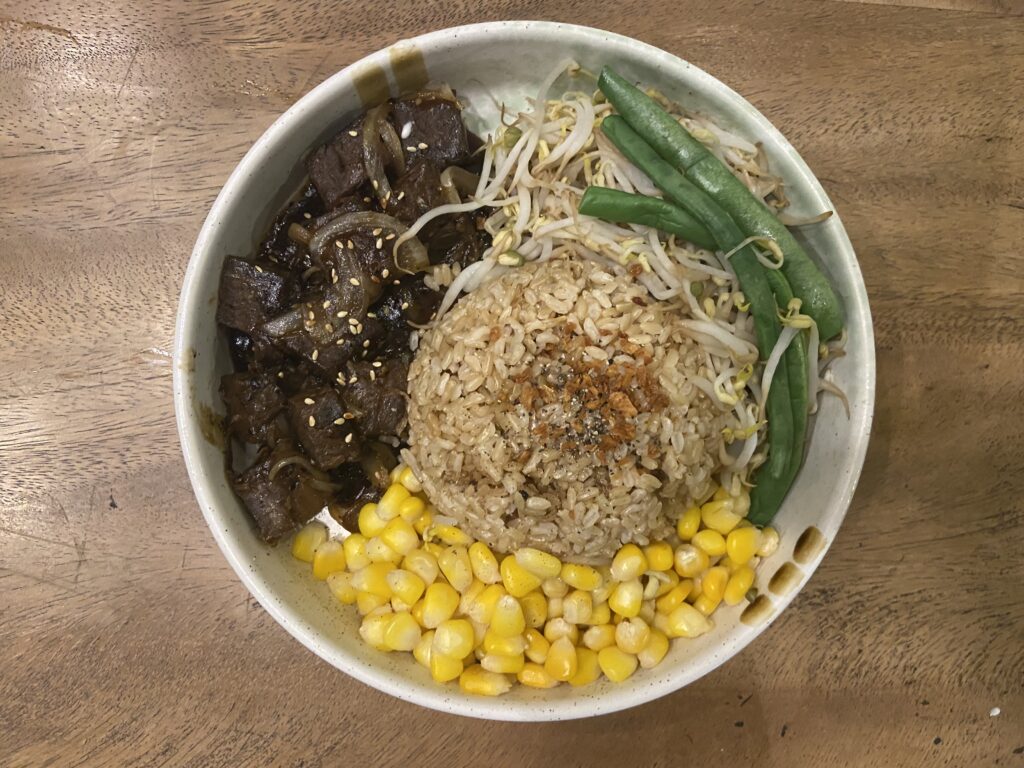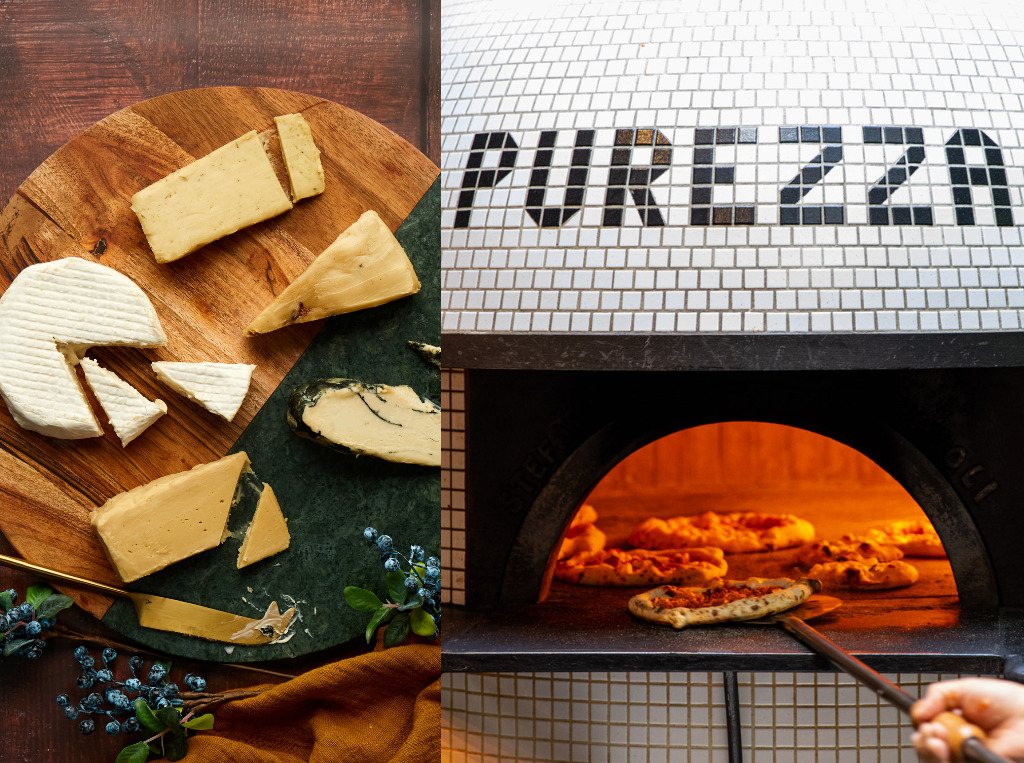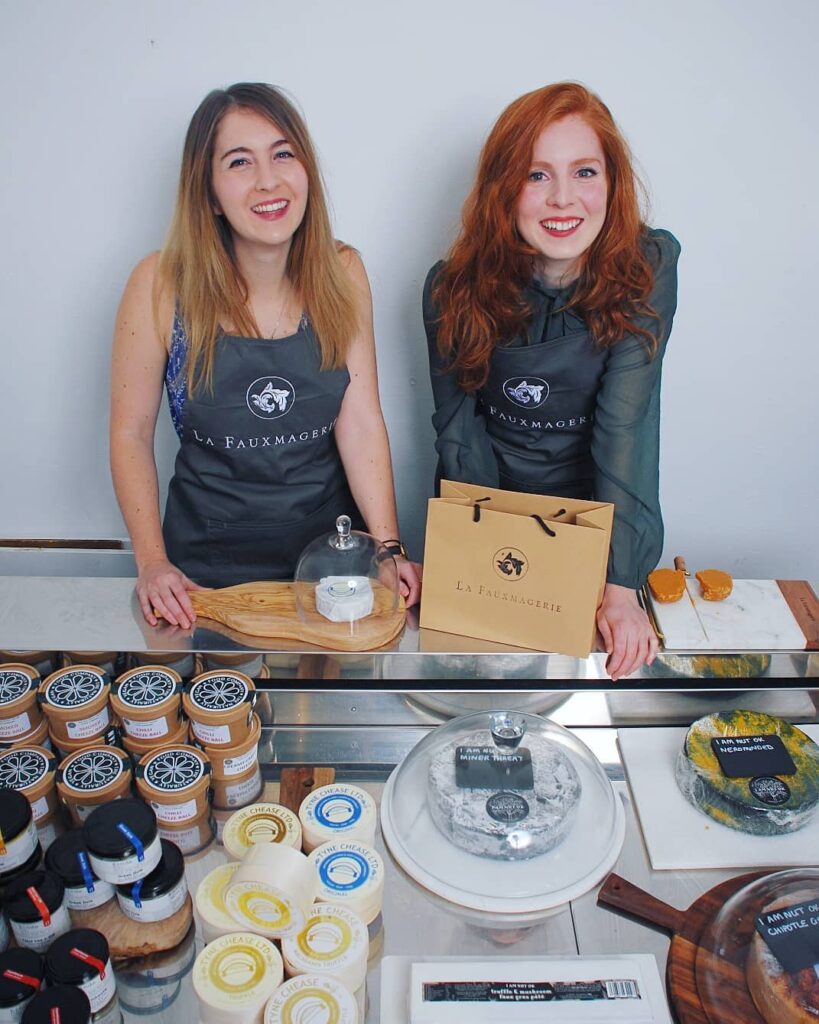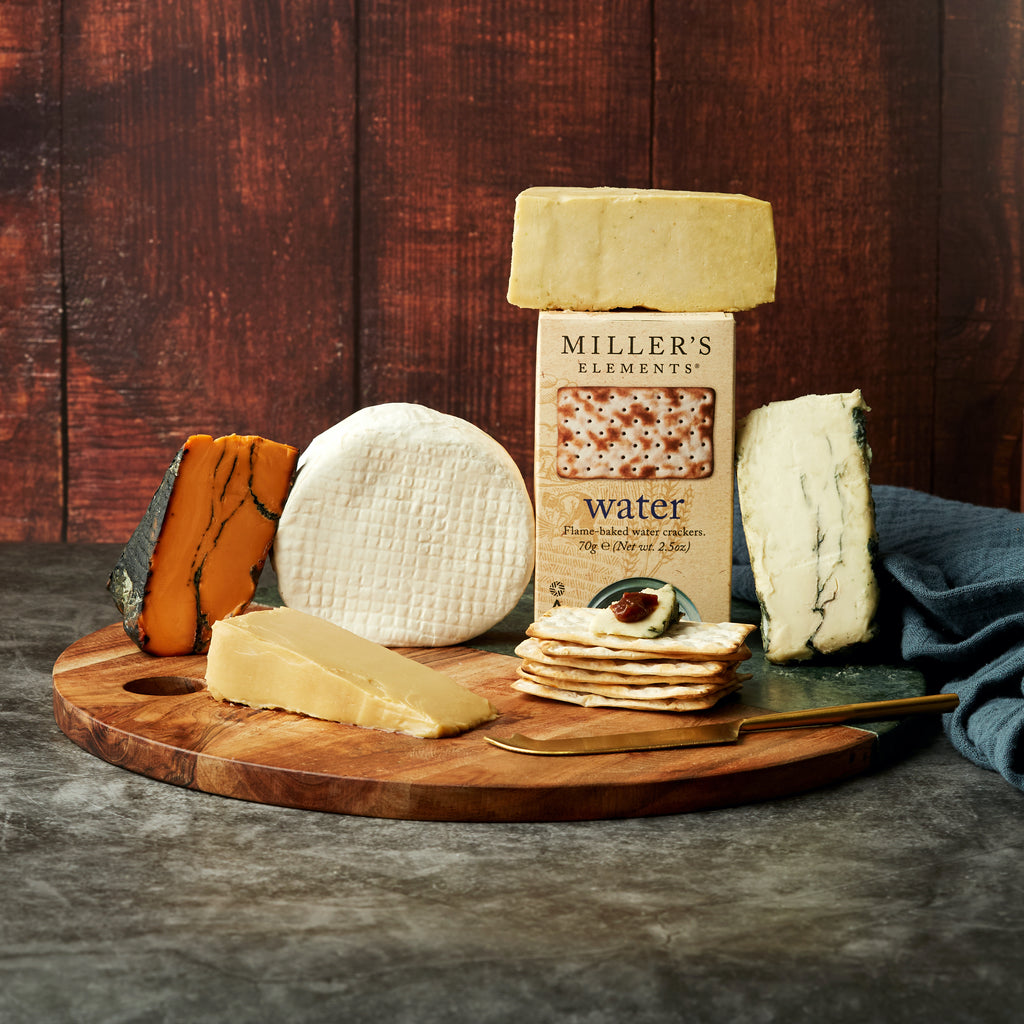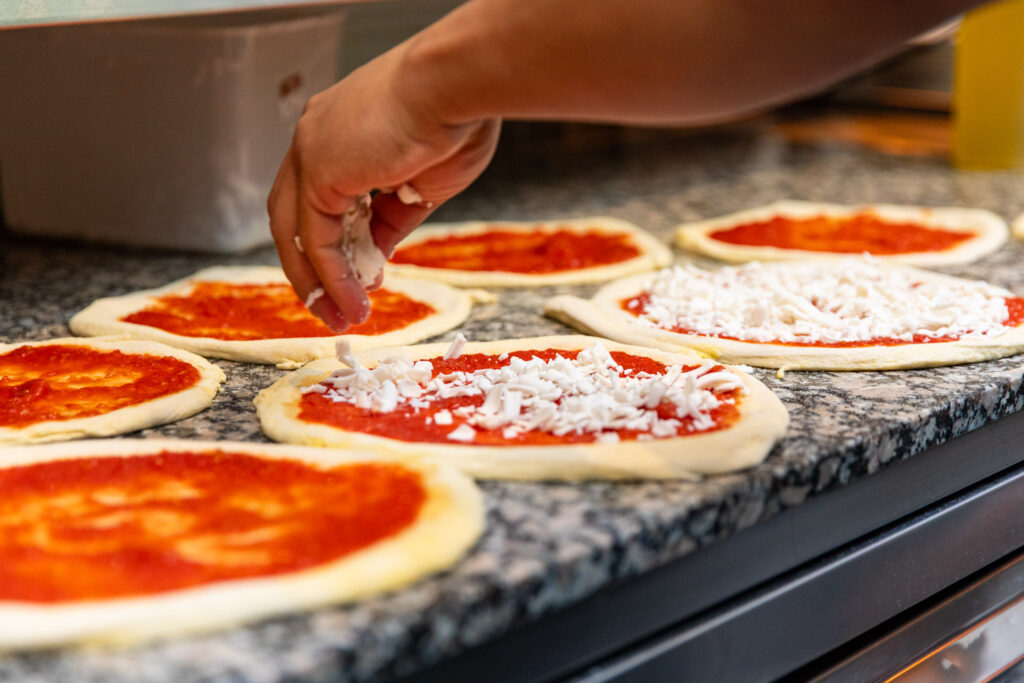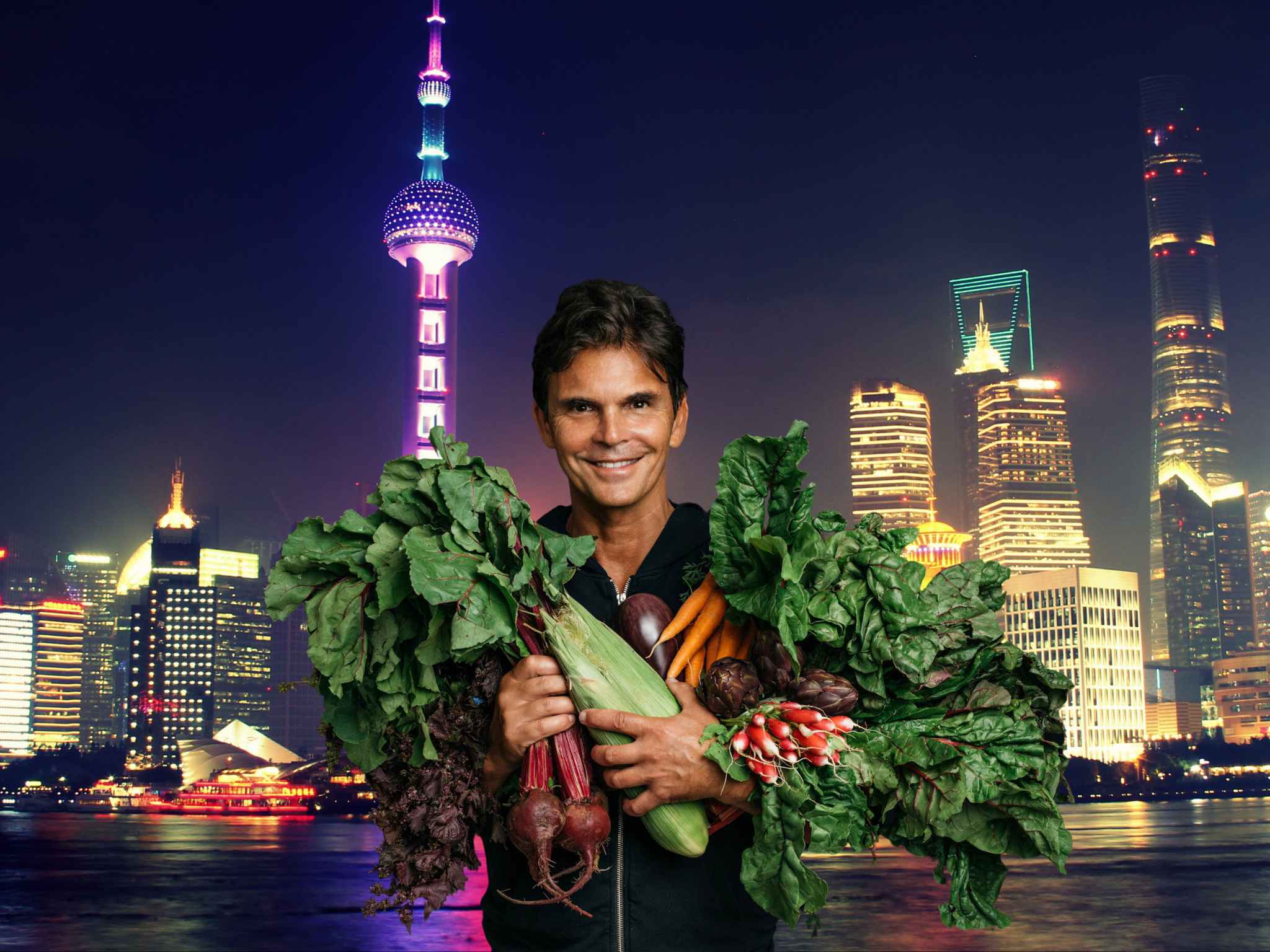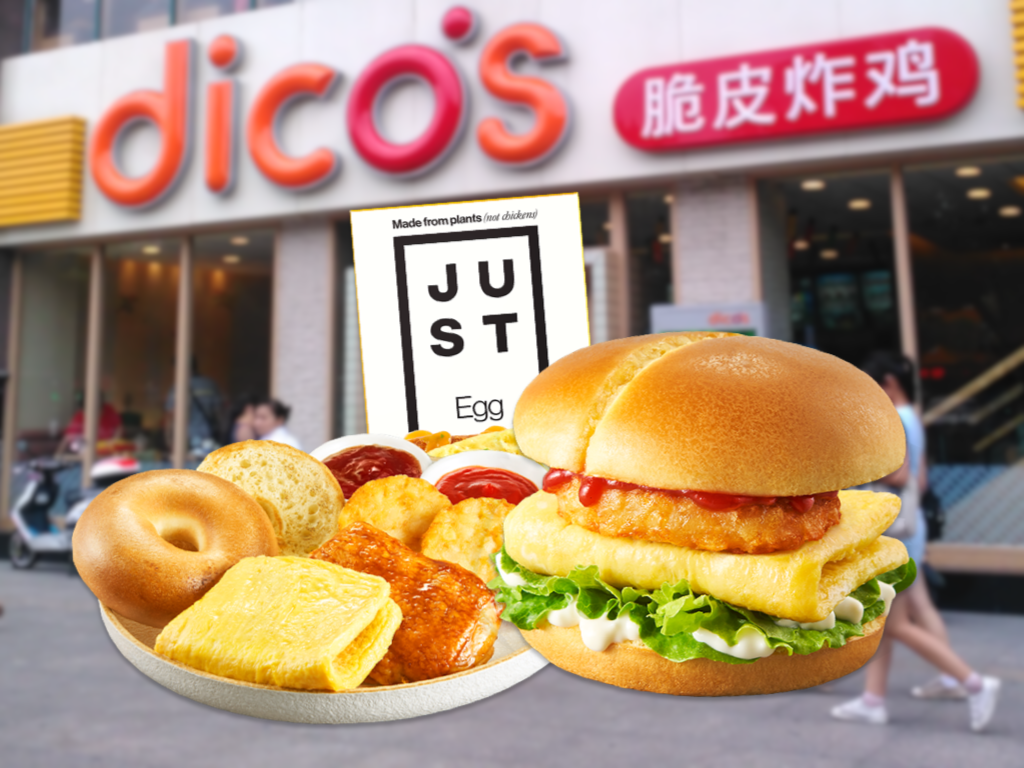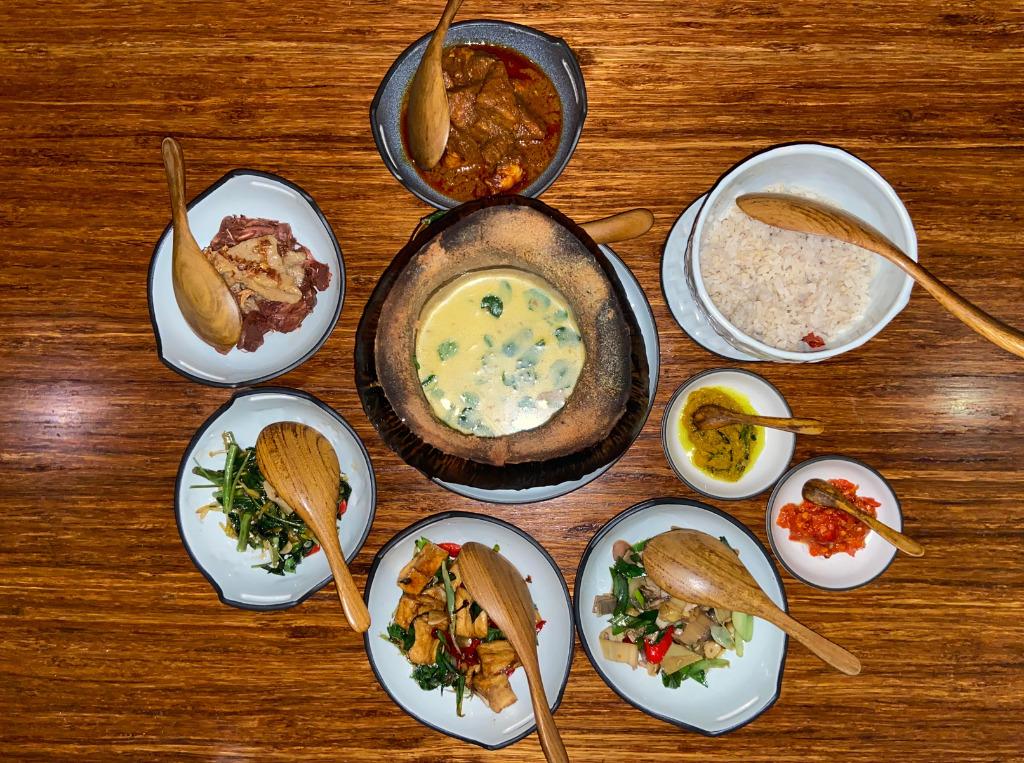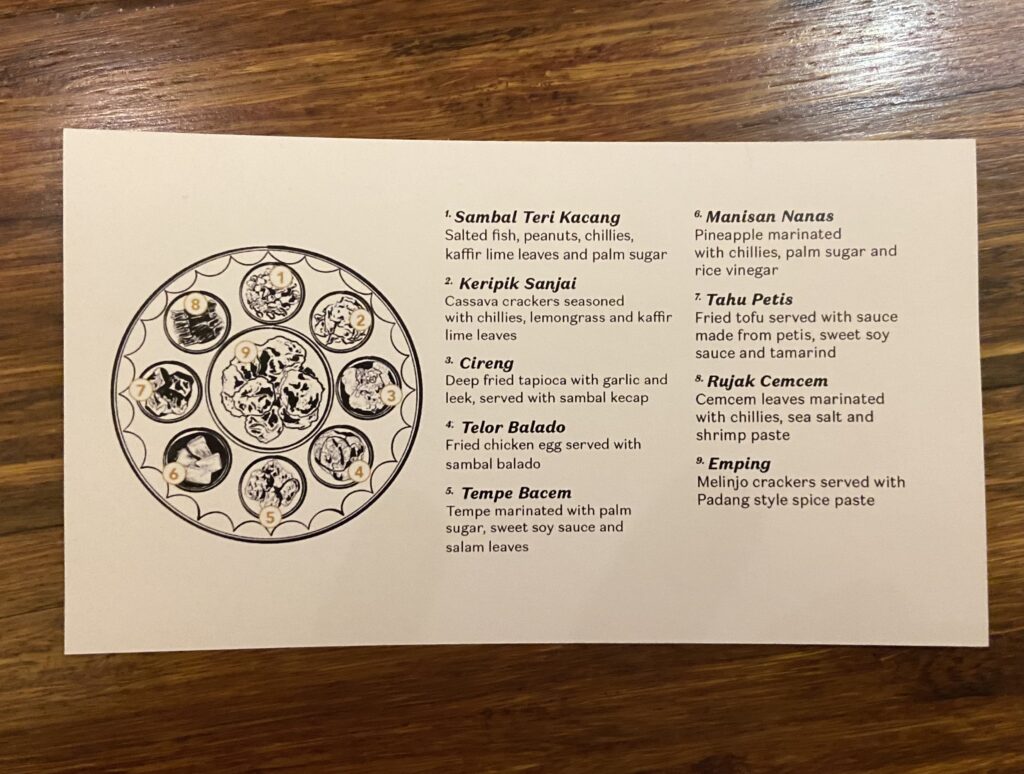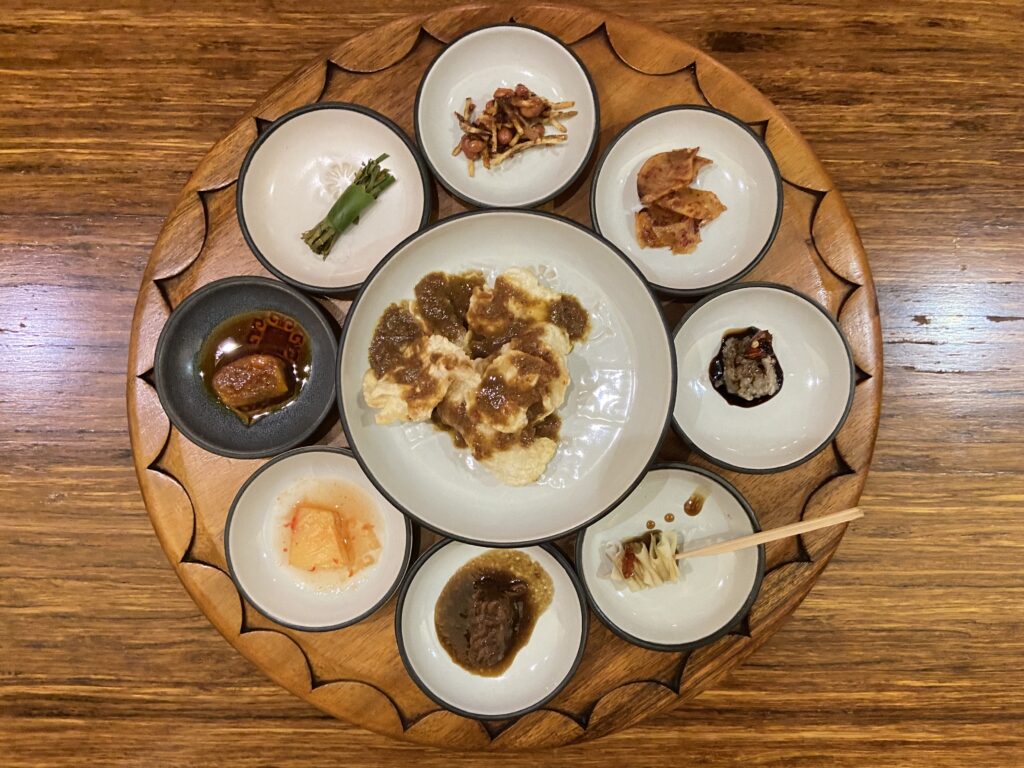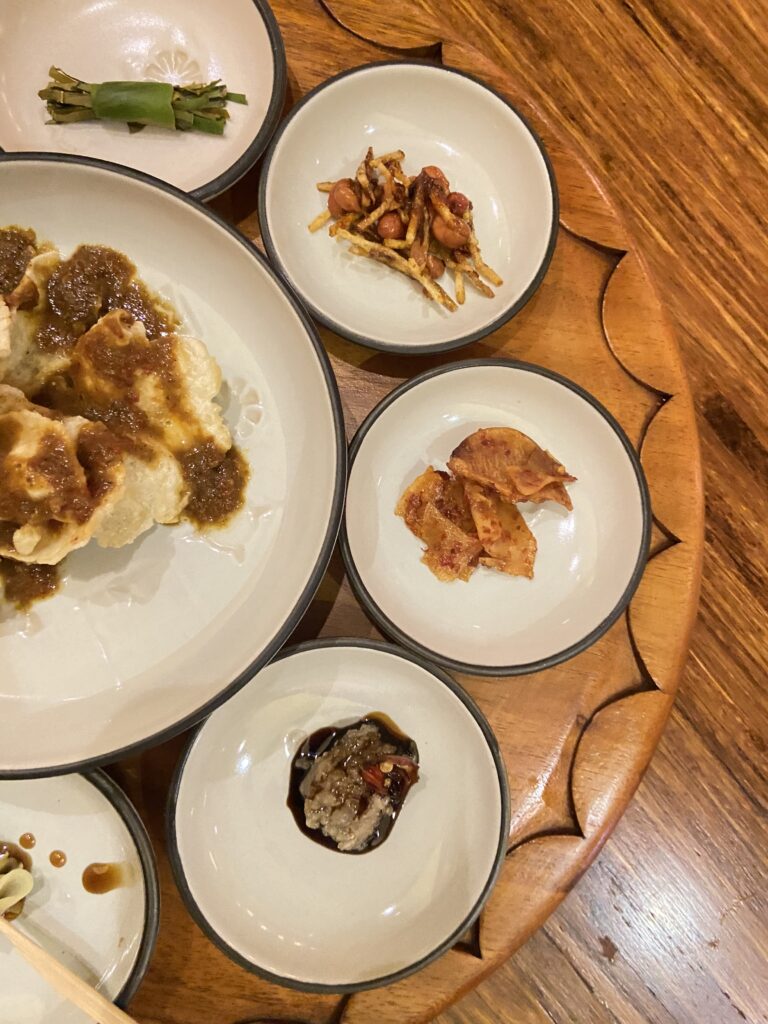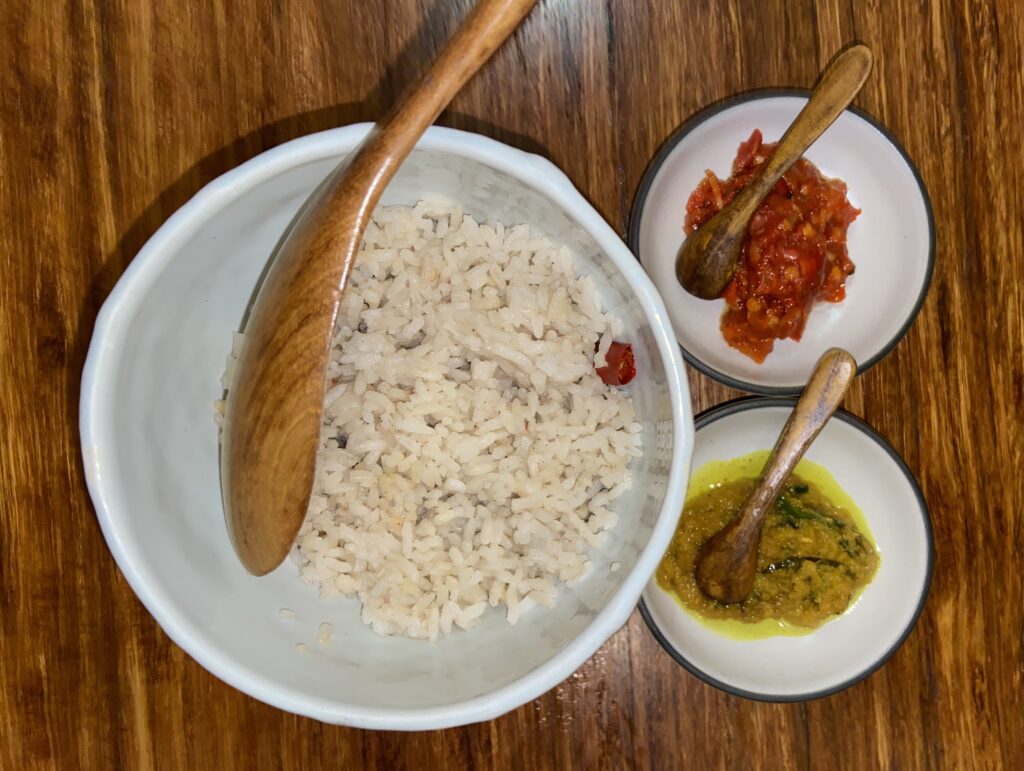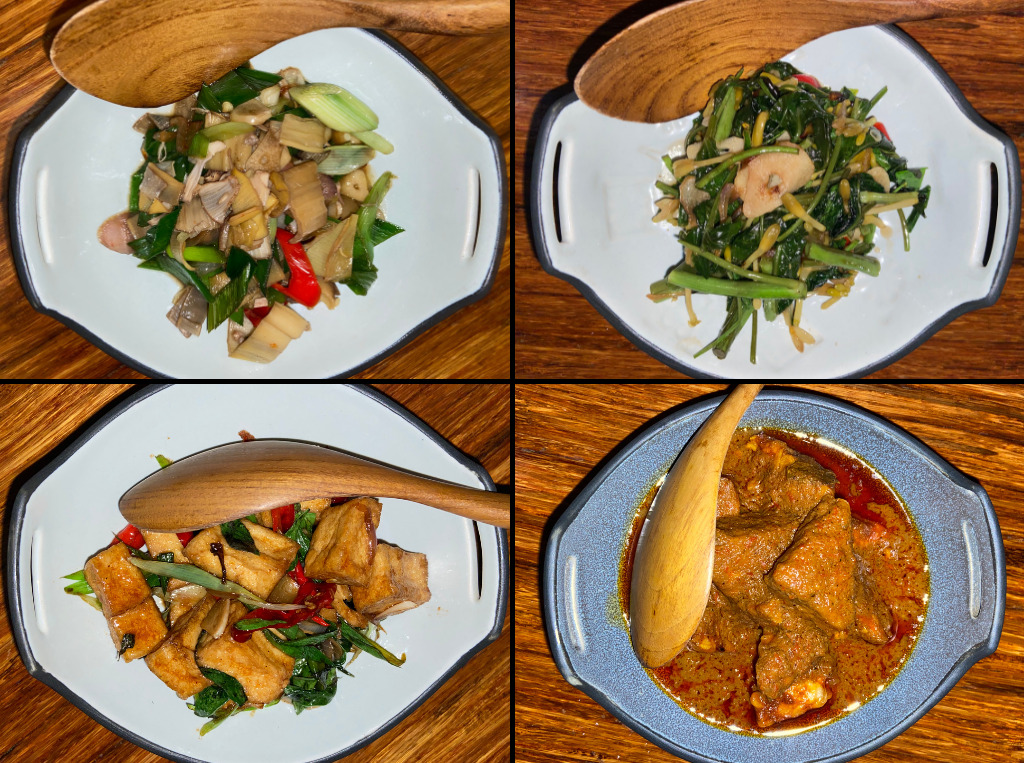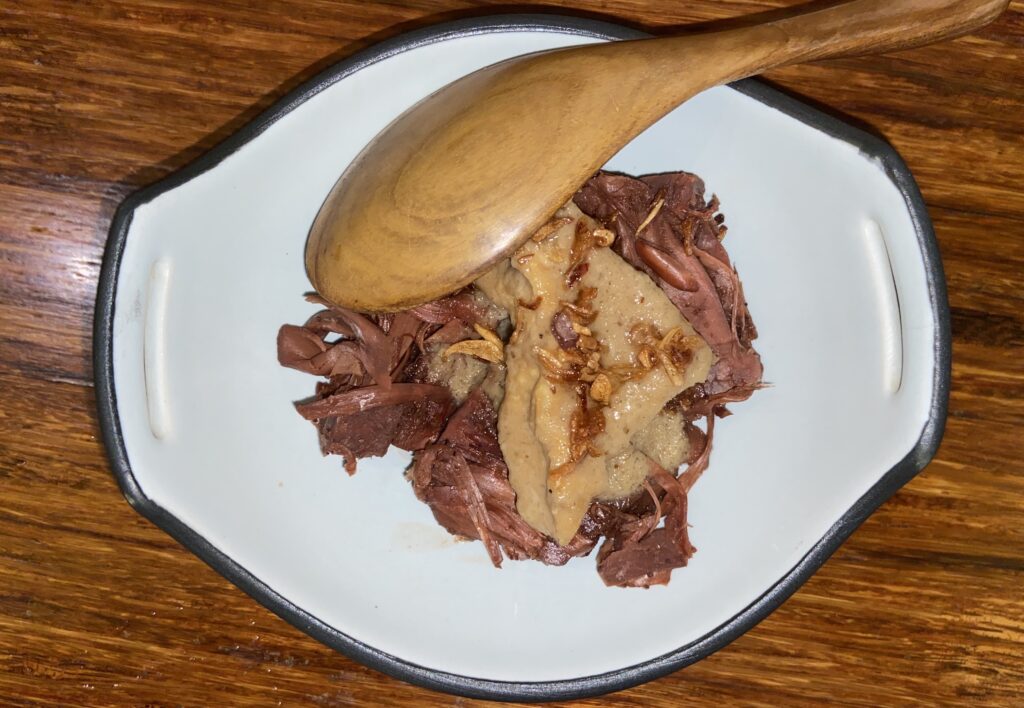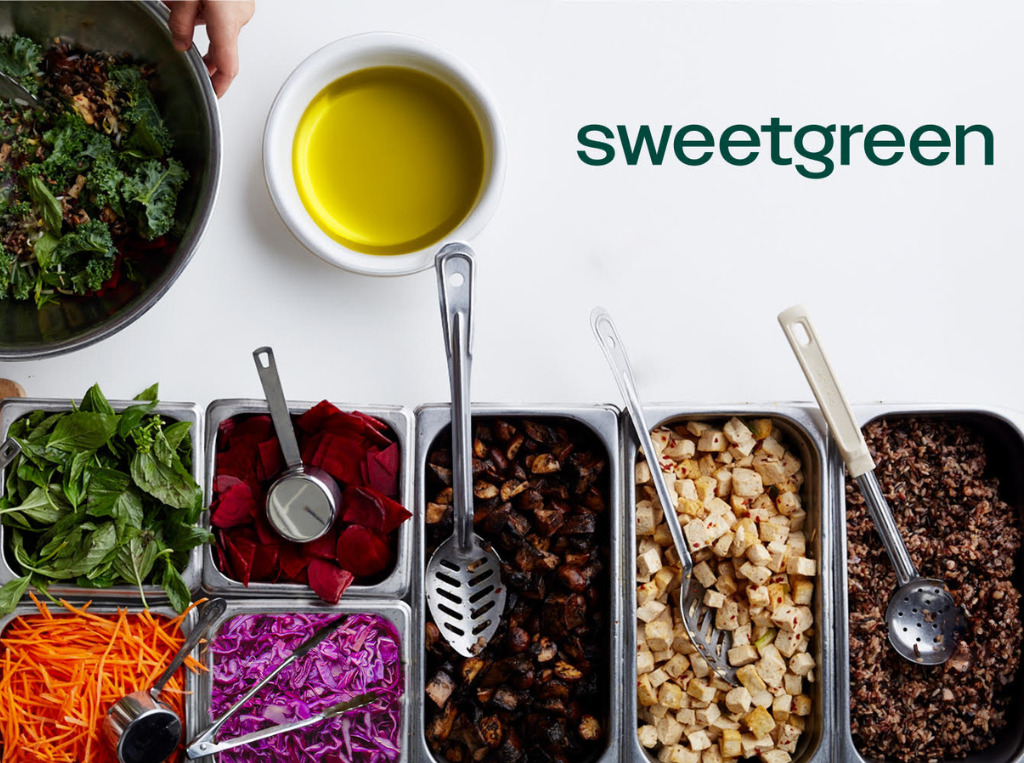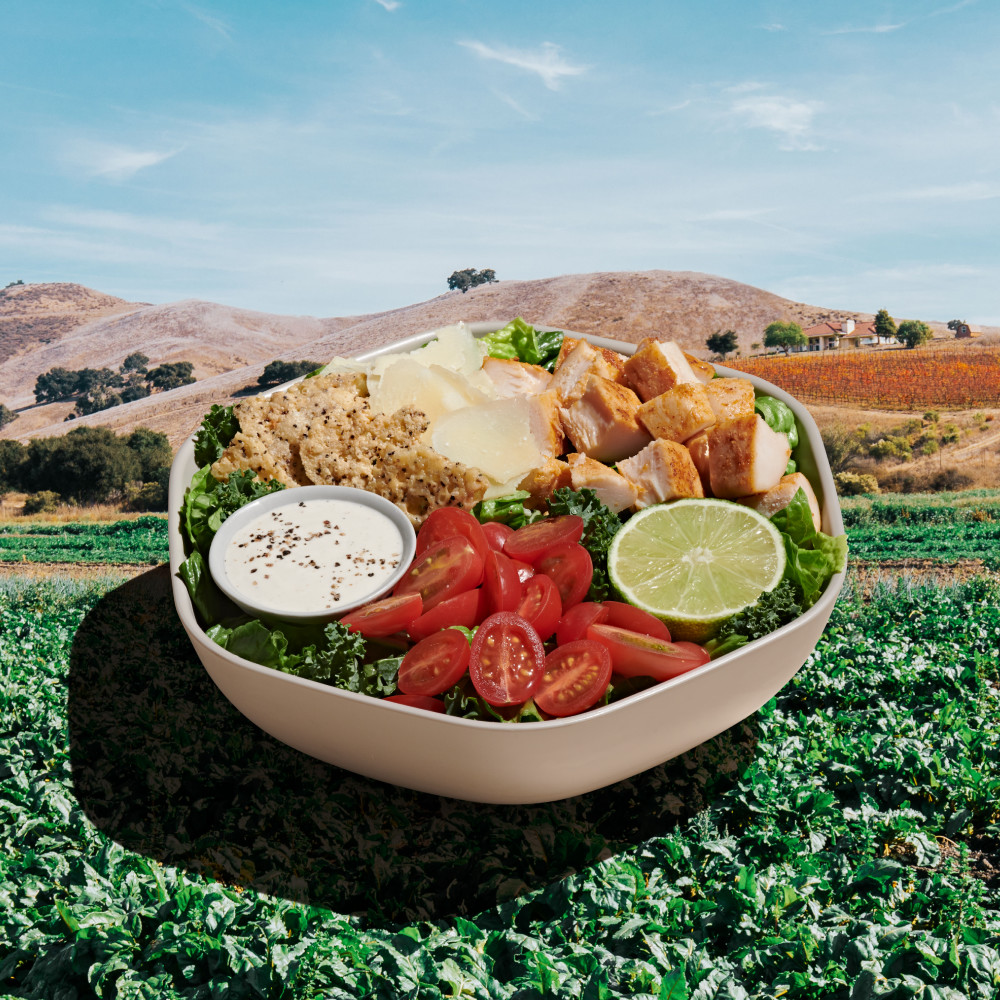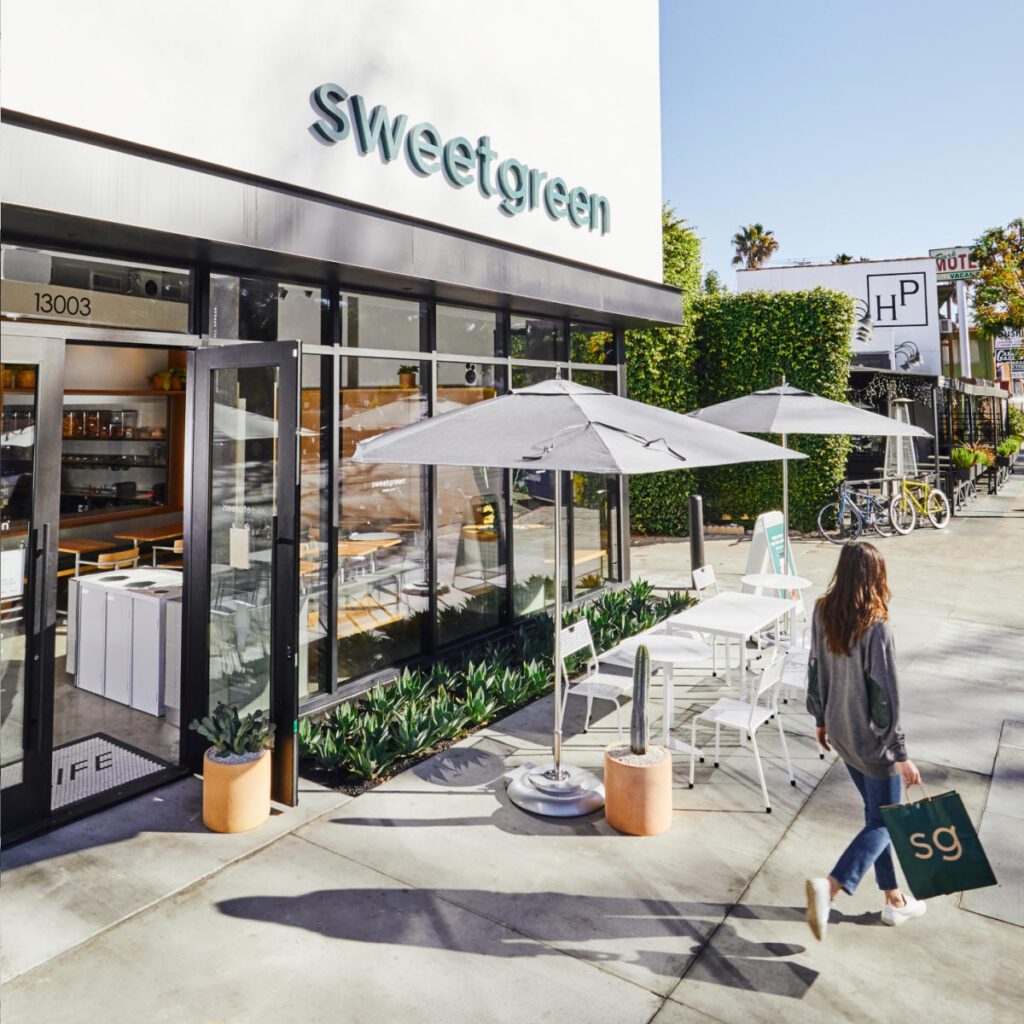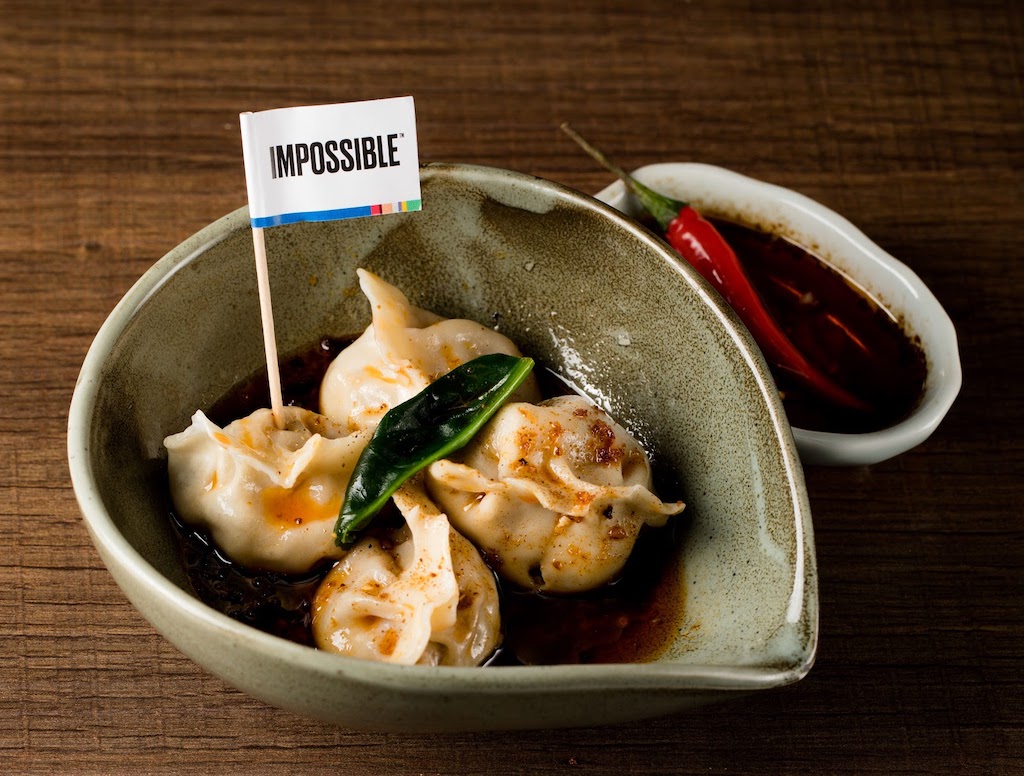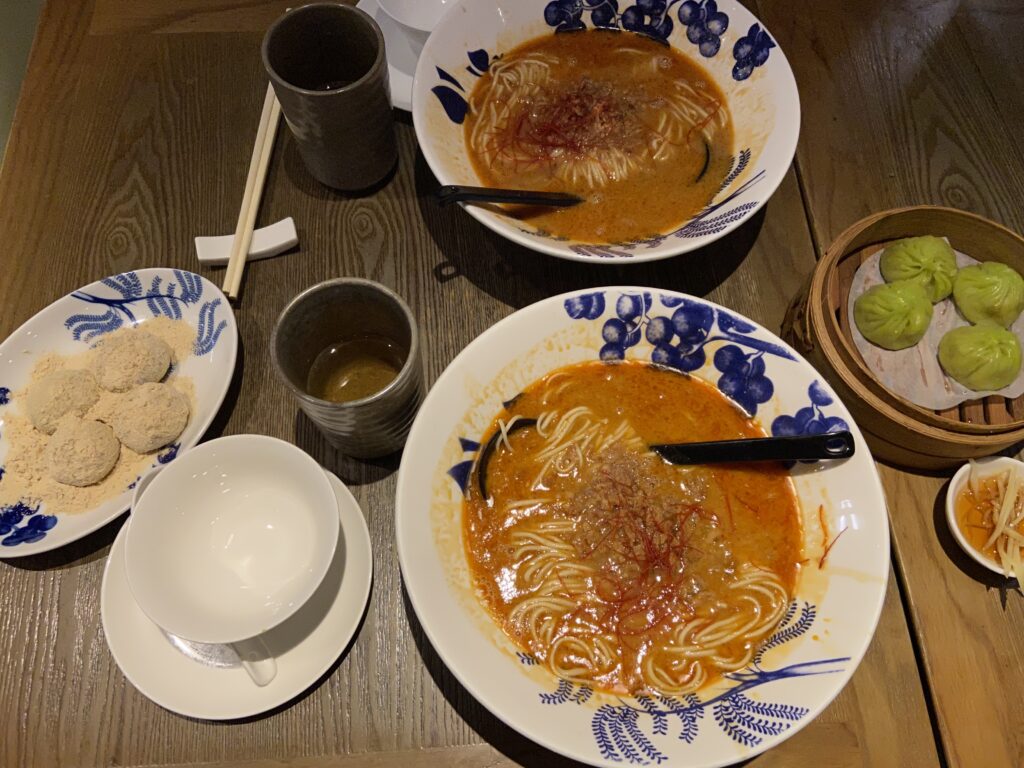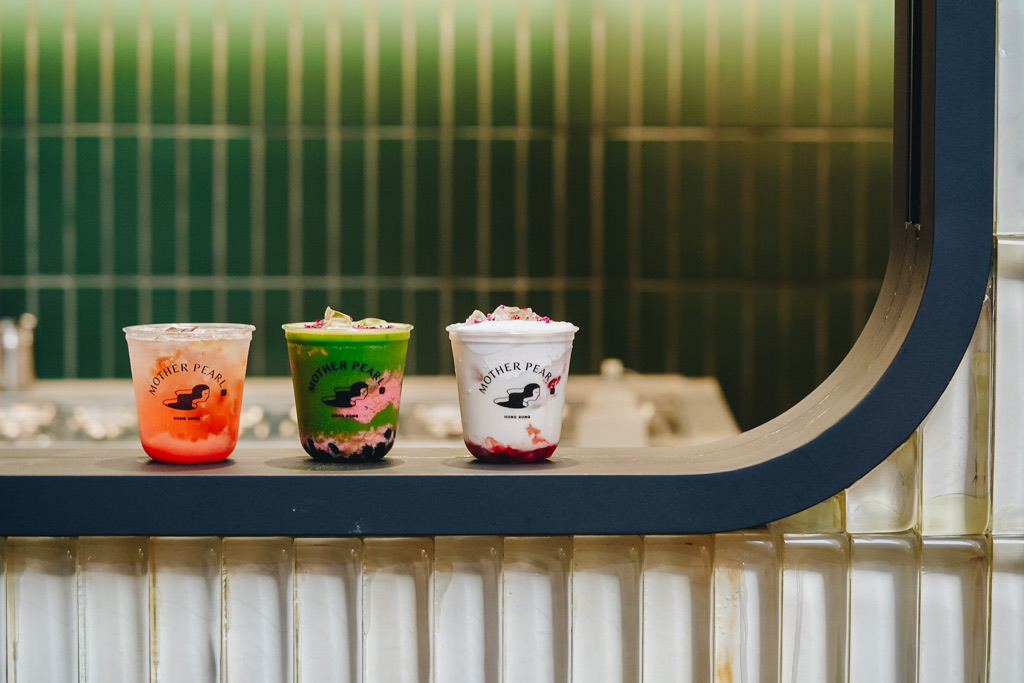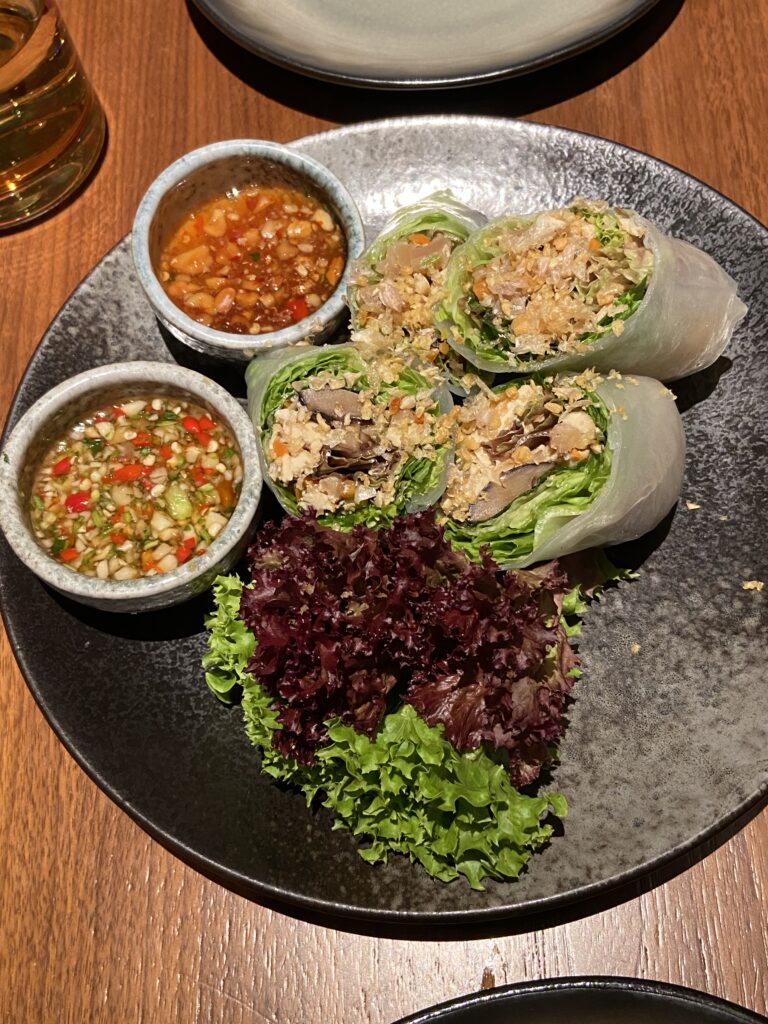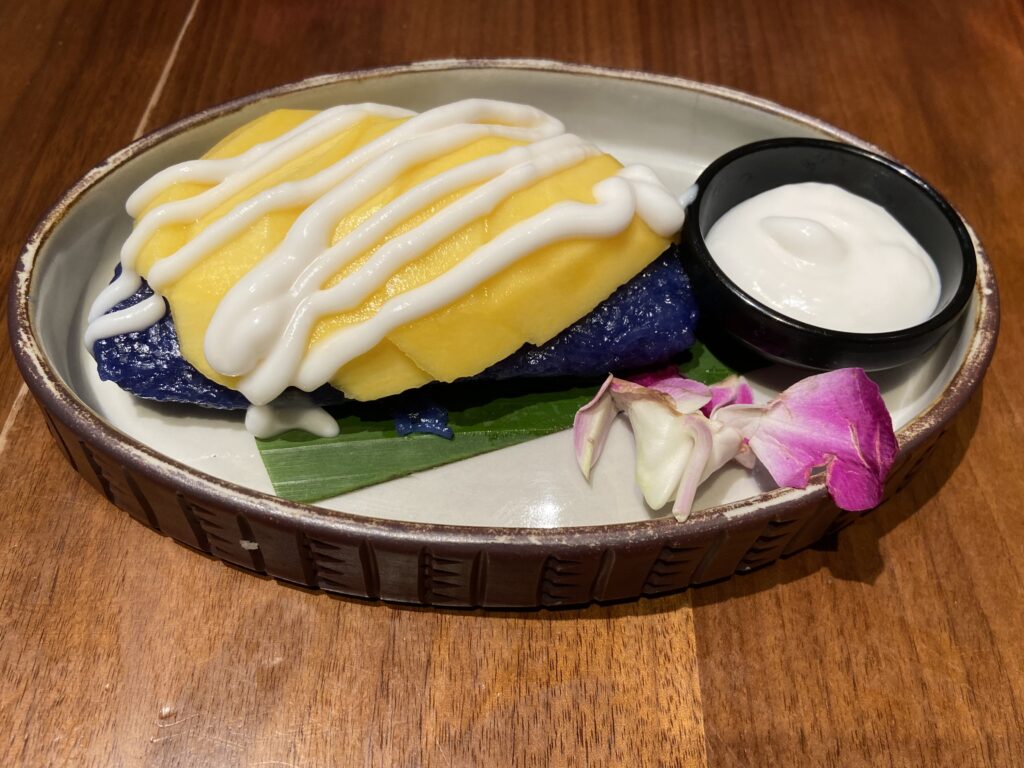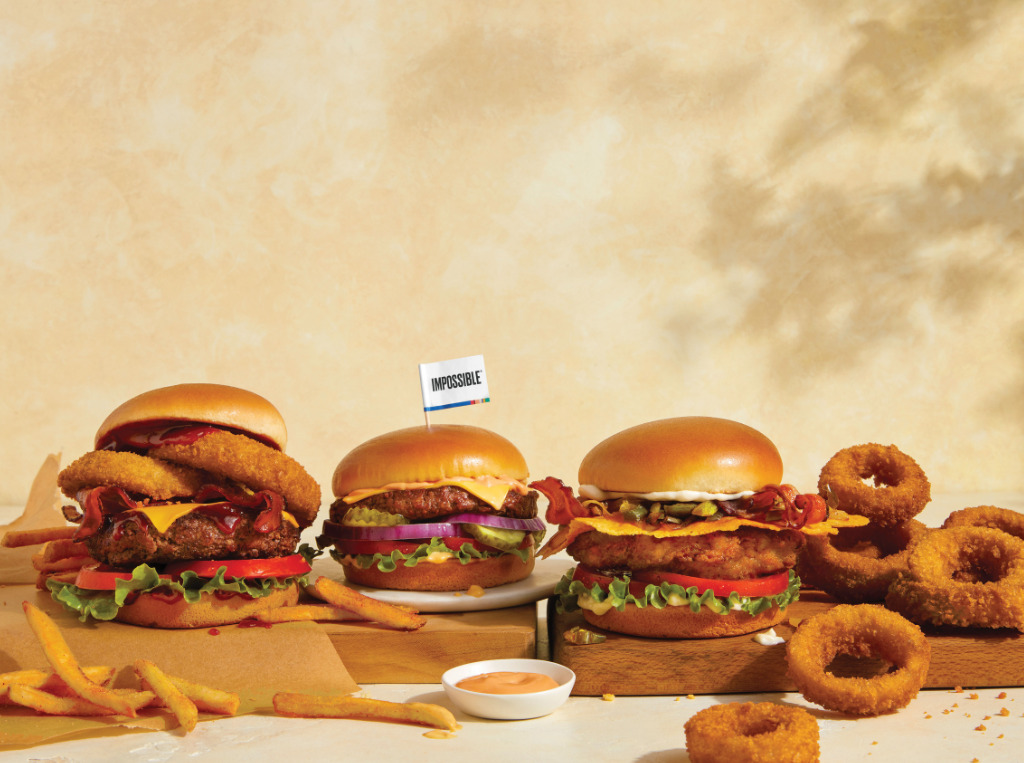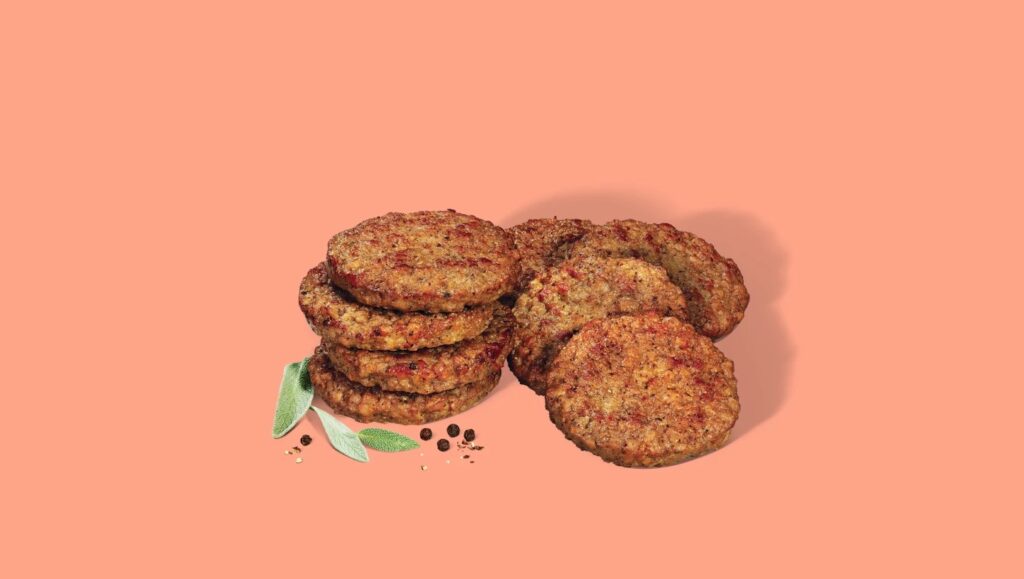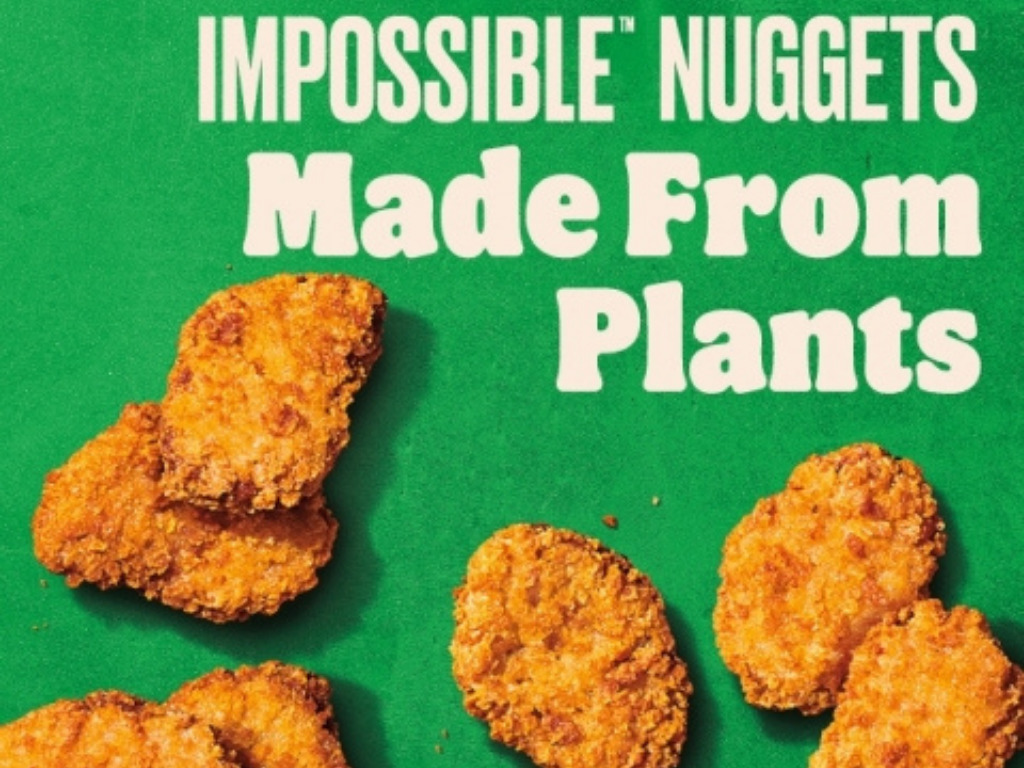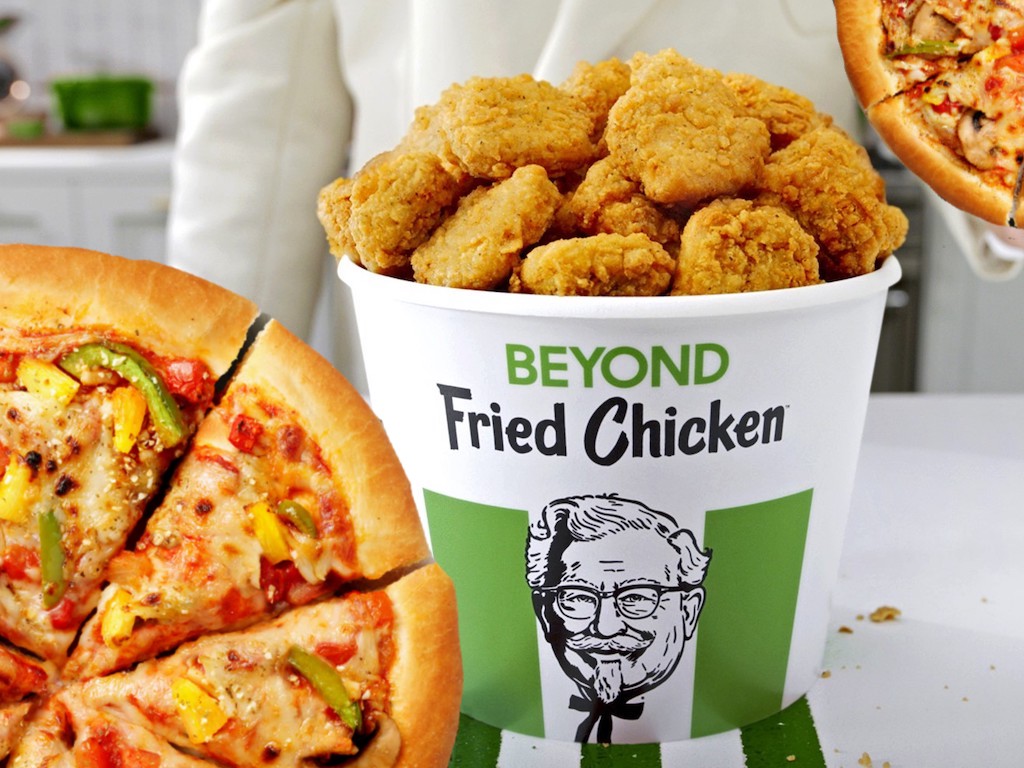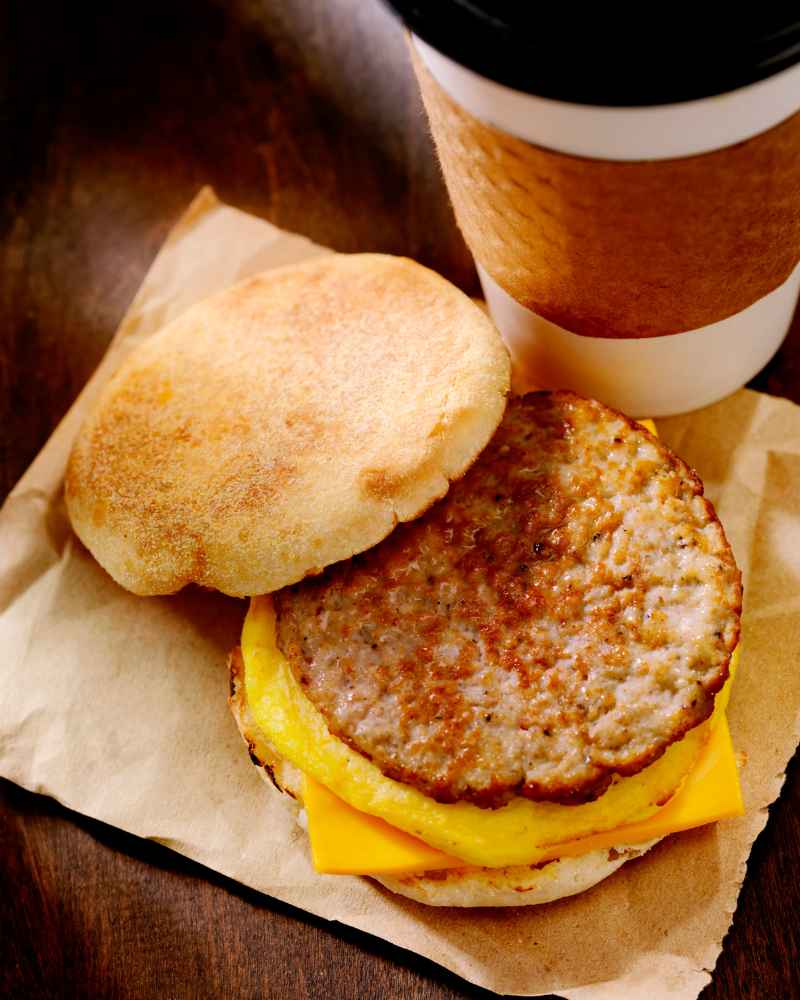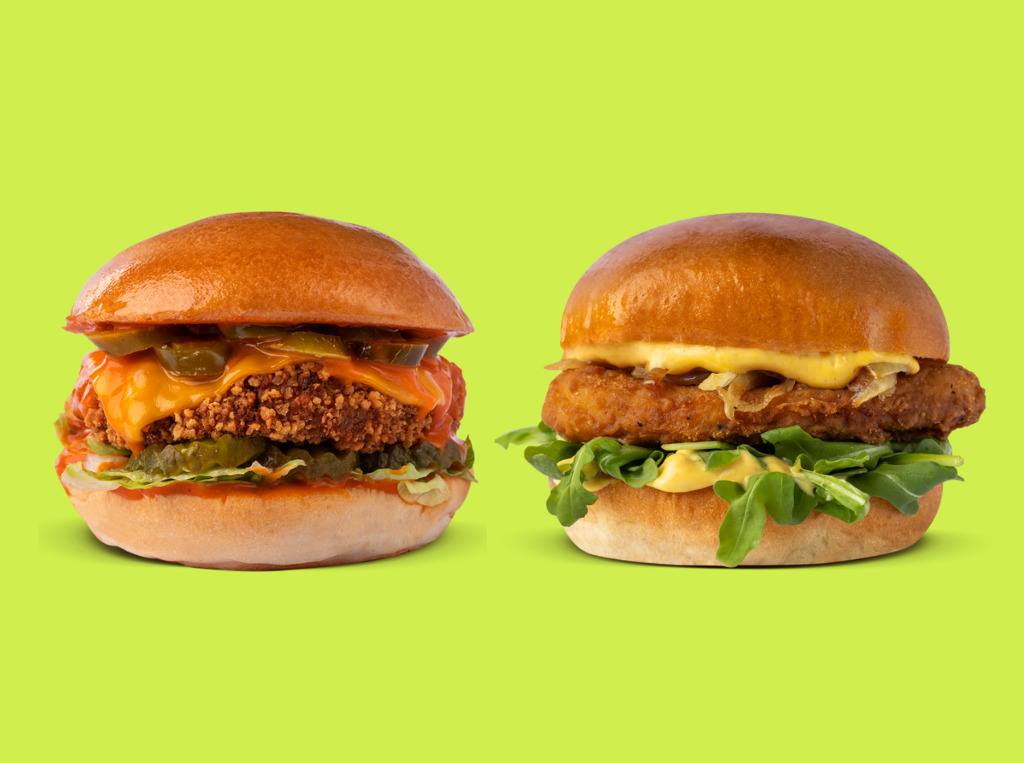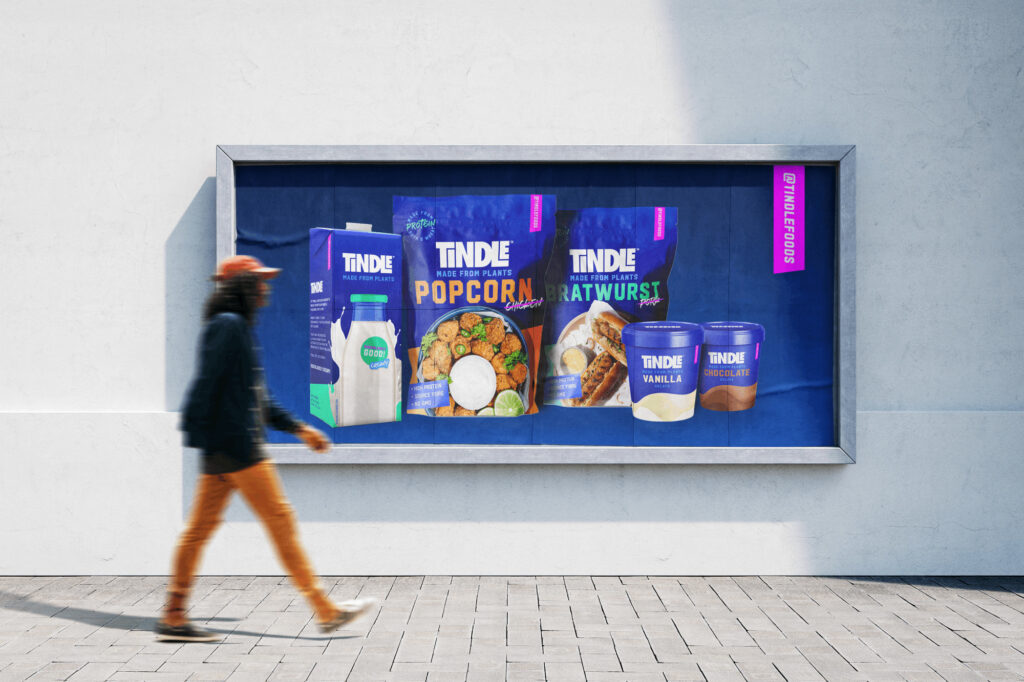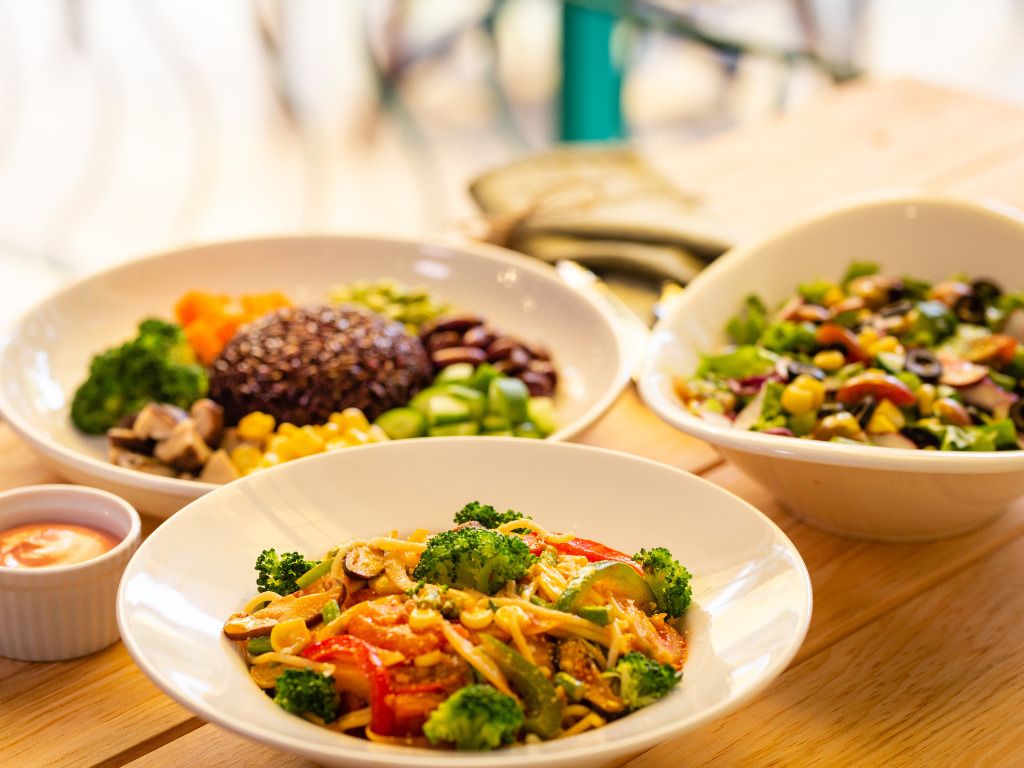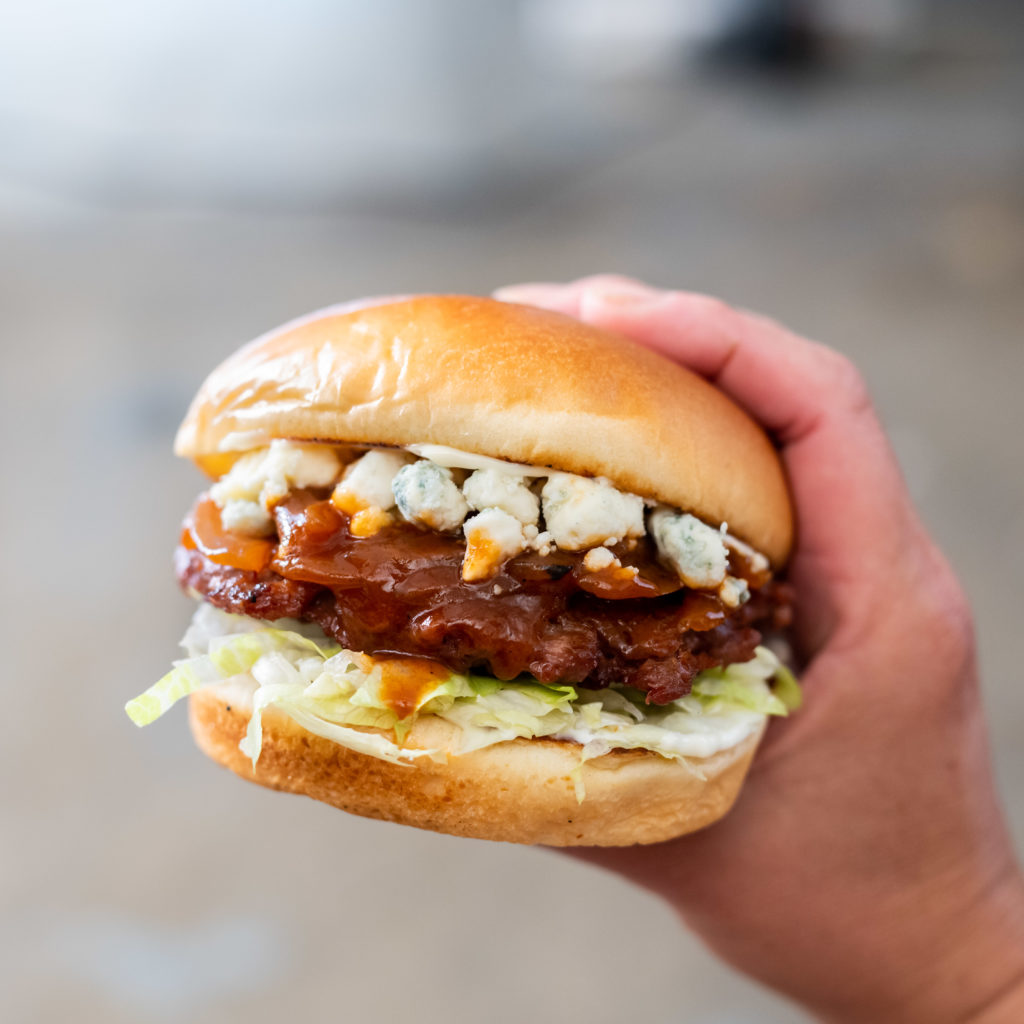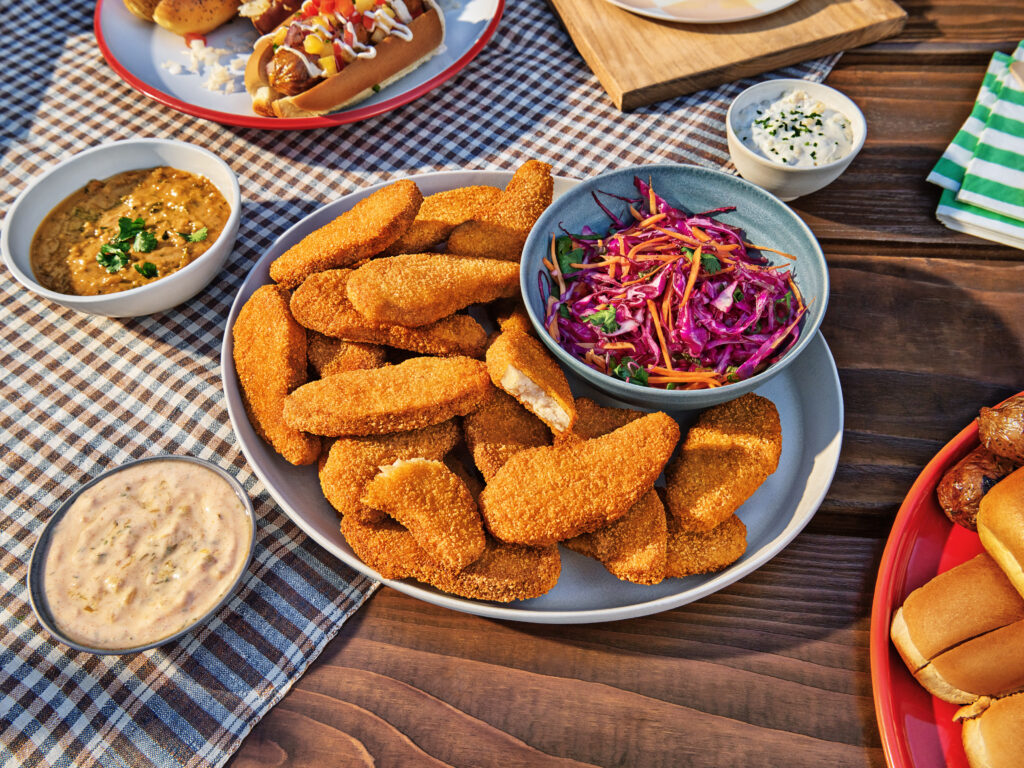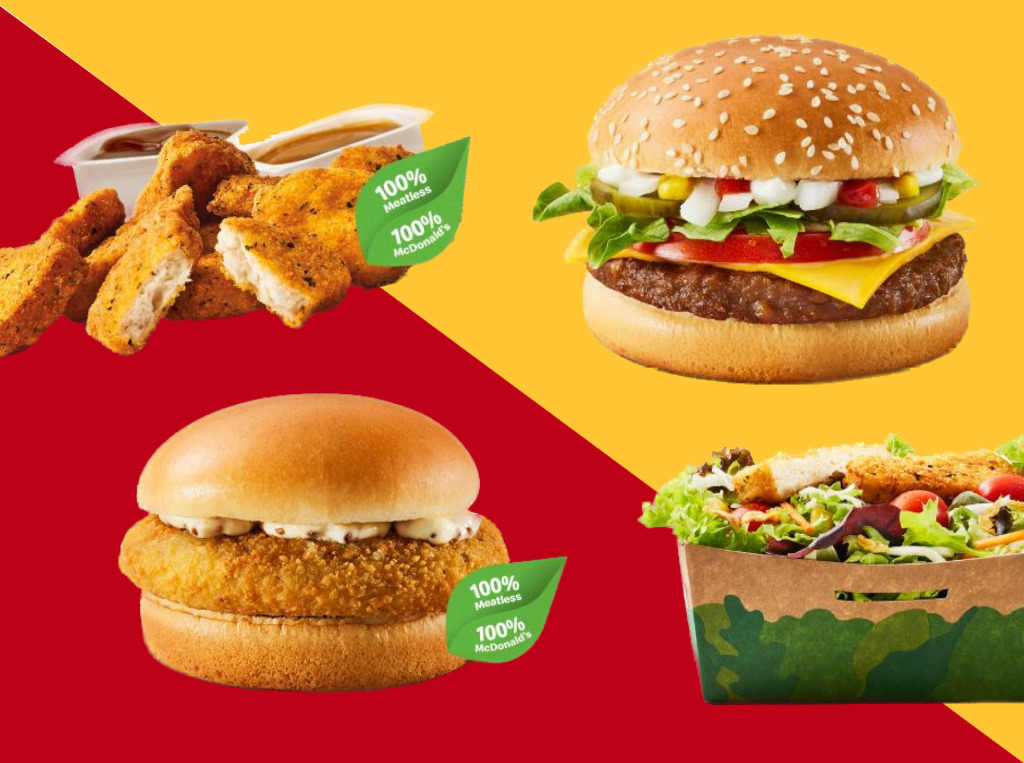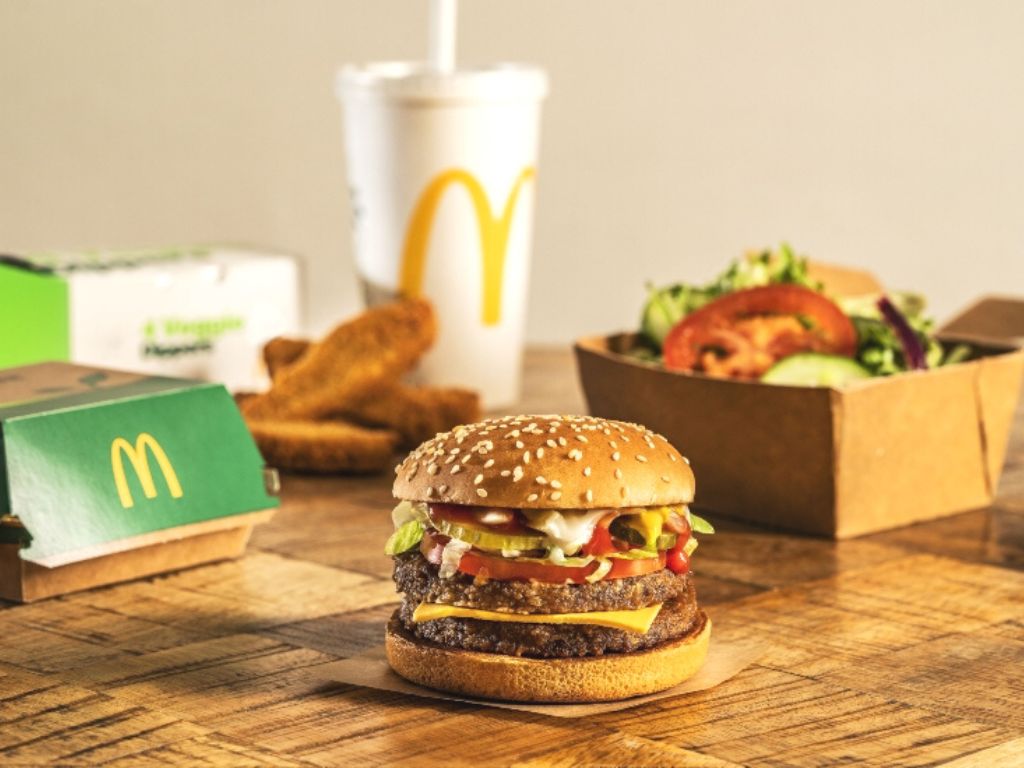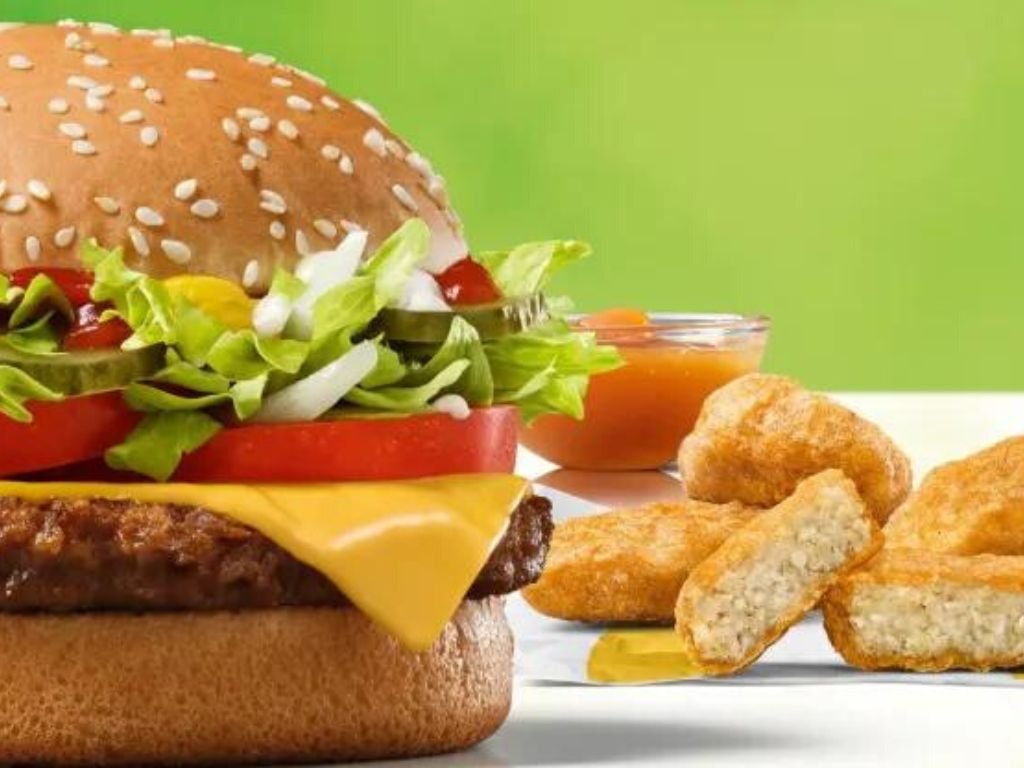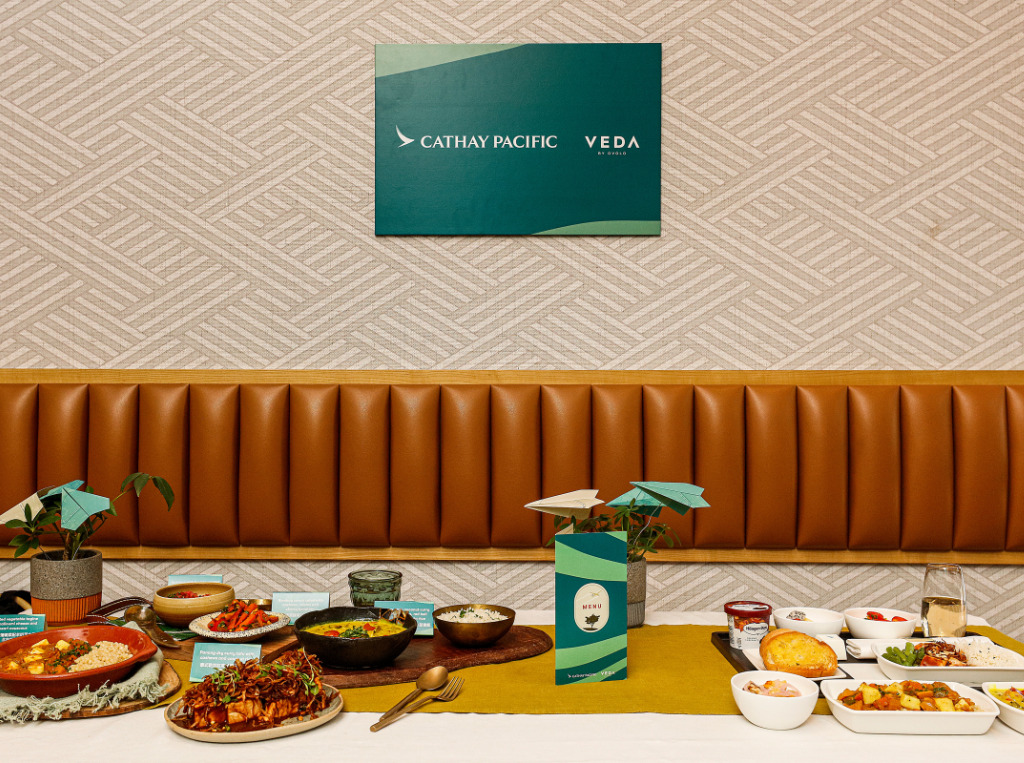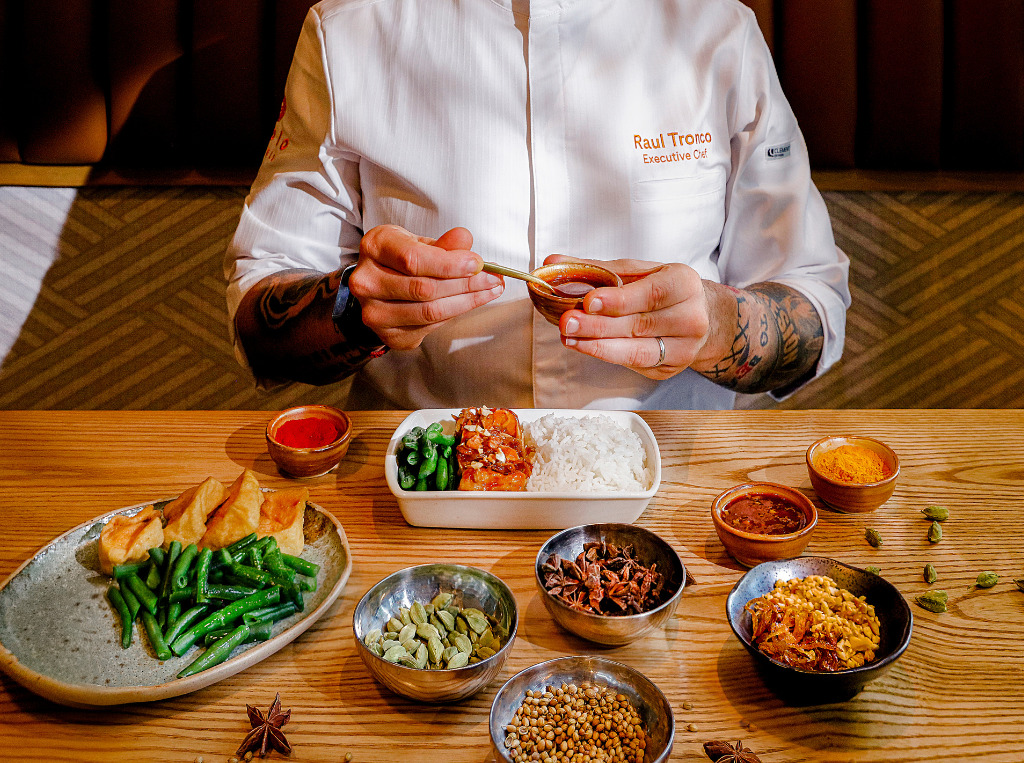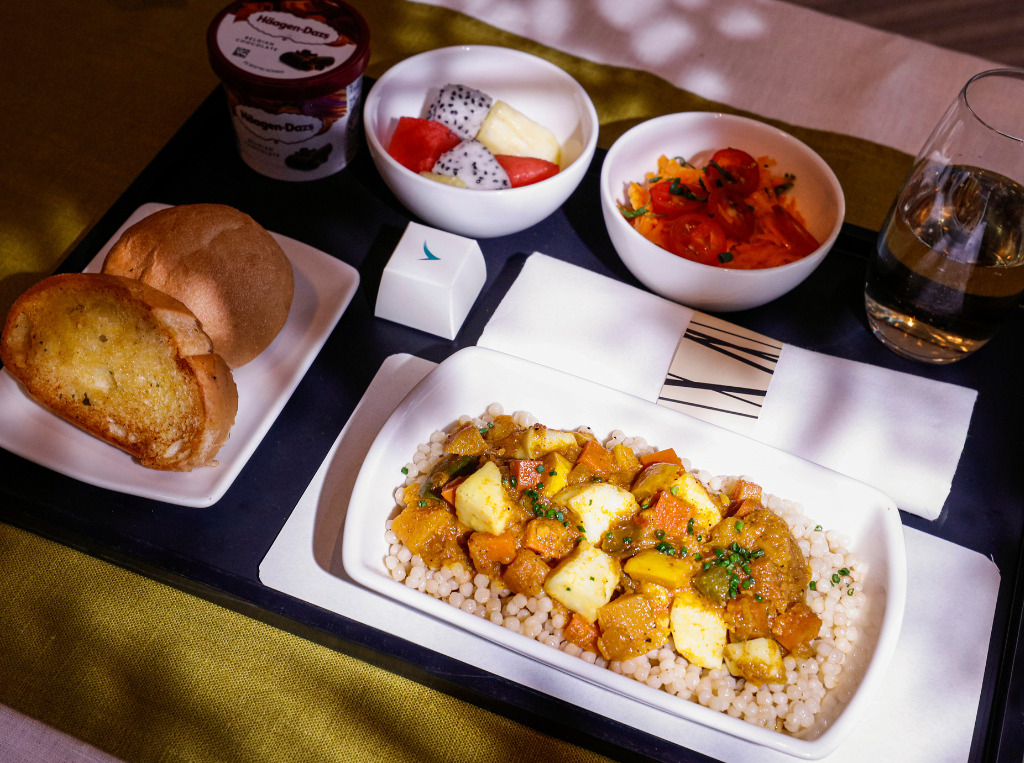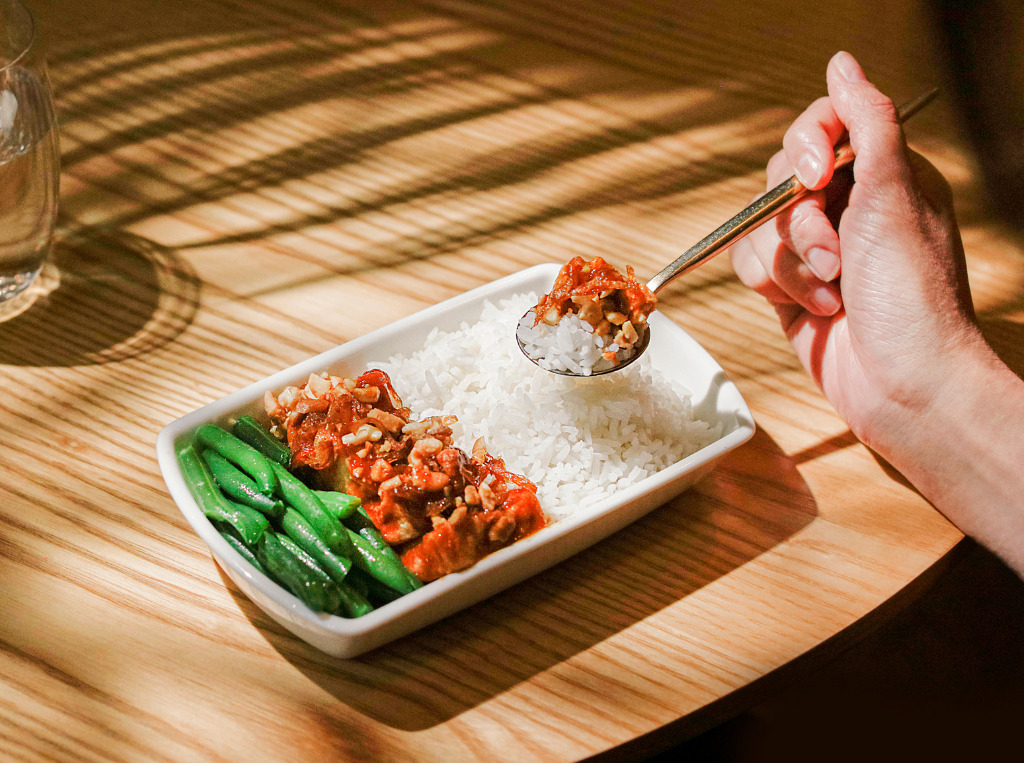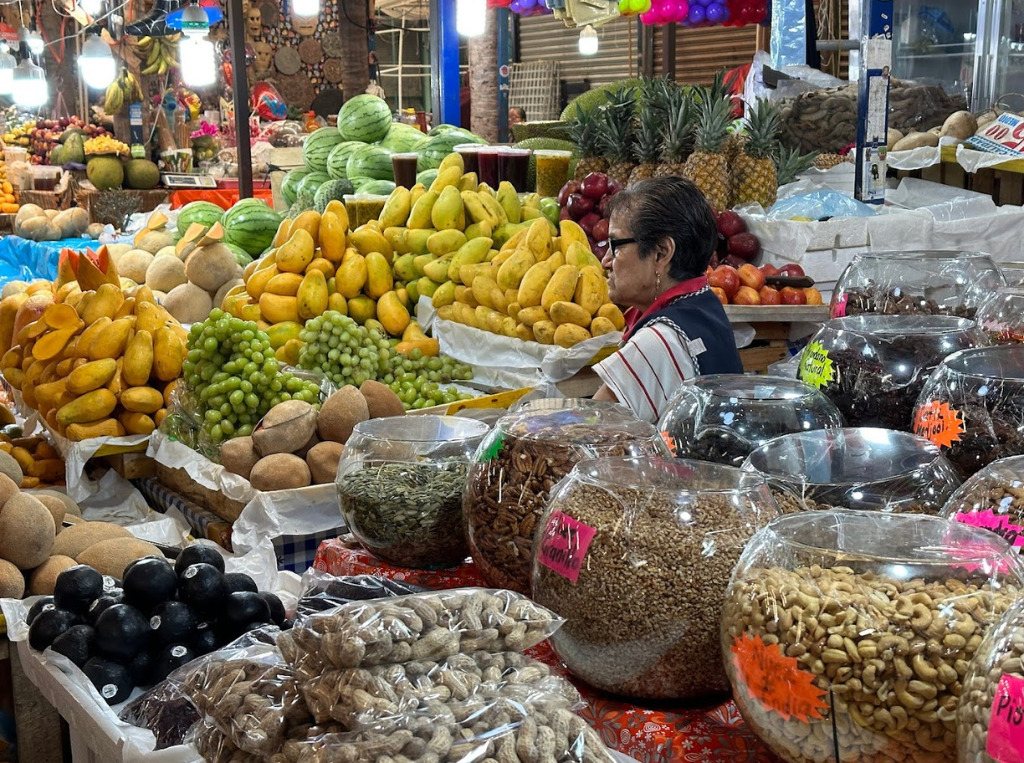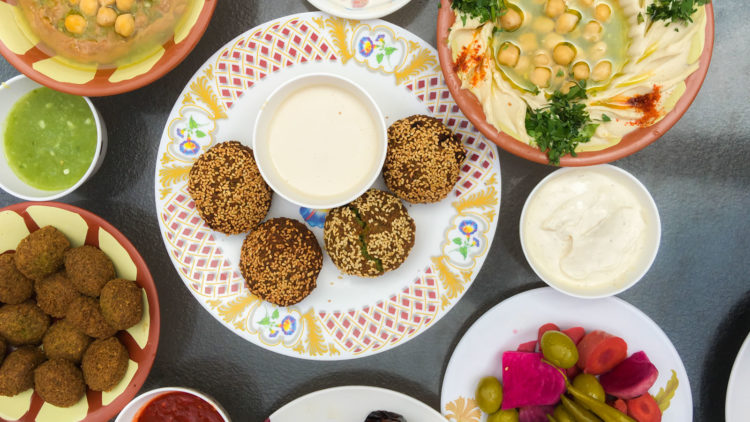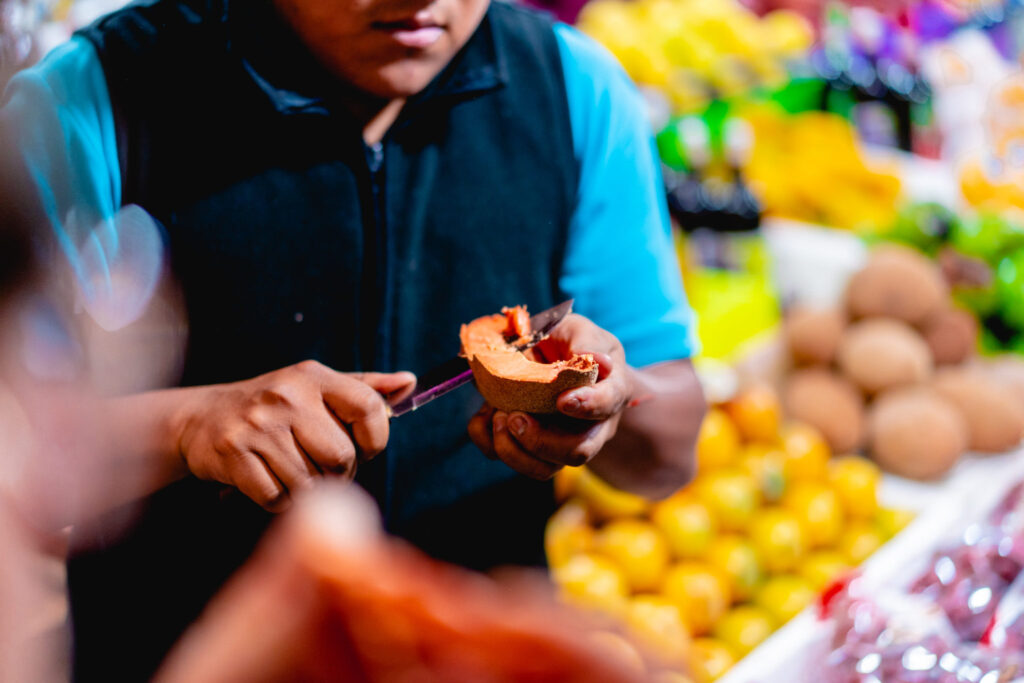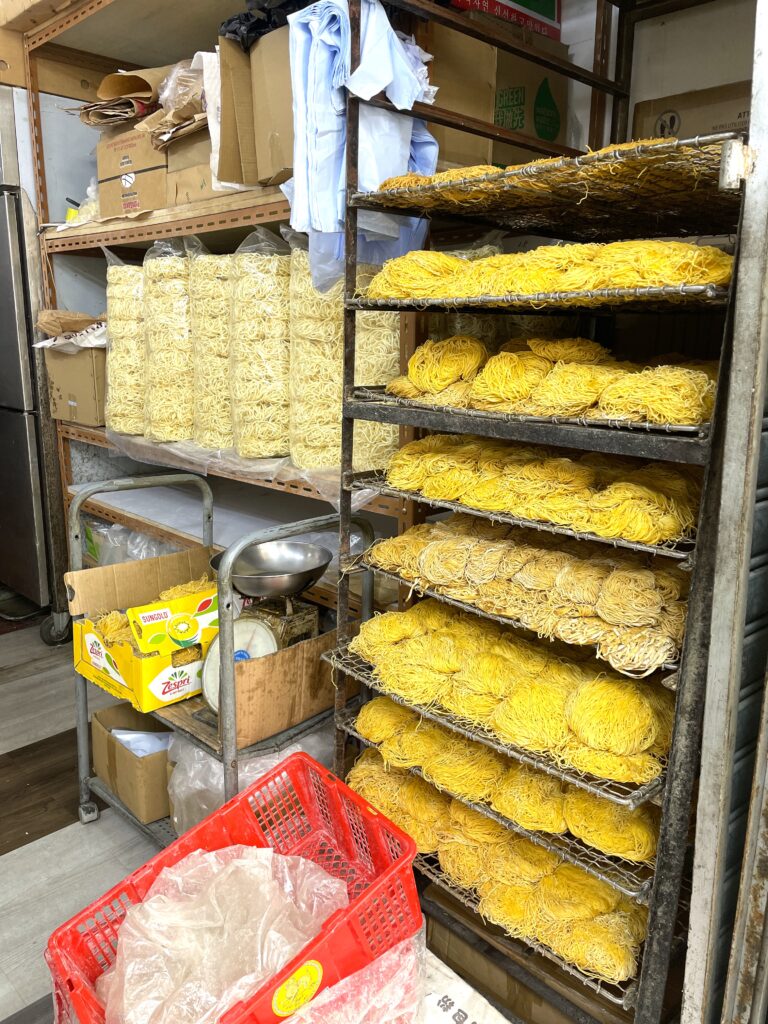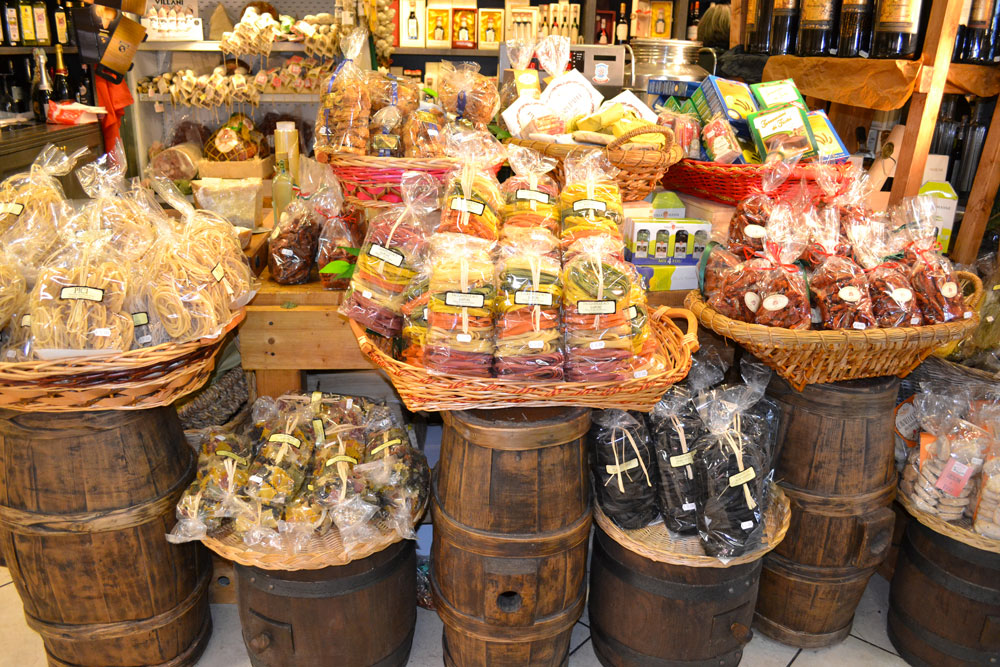University College London (UCL) and its caterer CH&CO have partnered with Reewild, an app that allows users to track and reduce their carbon footprint from food, making it the first university to trial such an initiative for students.
An extension of its Sustainable Food Policy, and part of its 2030 net-zero target, UCL has introduced a dietary carbon-tracking pilot for students to lower their climate footprint via the Reewild app.
It’s the latest in a growing list of moves to decarbonise the university’s food and catering systems. At least half of the food on offer through its caterer CH&CO is vegan or vegetarian, while all food prepared in-house has been carbon-accounted and labelled with emissions information to provide transparent information to students and staff.
The Reewild app will complement these initiatives, and to encourage students to lower their climate footprint, it will incentivise them with a loyalty scheme that rewards them with free coffee and meals if they choose plant-based options.
Vegan diets have been shown to reduce greenhouse gas emissions, water pollution and land use by 75%, and research suggests that replacing just half of our meat and dairy consumption with plant-based alternatives can double the benefits for the planet (including halting deforestation and improving food security).
“Whilst we are making significant operational progress in sustainability at UCL, we recognise the importance of empowering our community to make more sustainable choices, and our partnership with Reewild and CH&CO reflects this commitment,” said Jason Clarke, assistant sustainability director at UCL. “Through initiatives like this, we’re fostering a culture of sustainability within our university.”
UCL employs carbon tracking app similar to calorie counting

The app will allow UCL students to discover the climate impact of millions of products. They can log the foods they’ve consumed in a personalised carbon footprint tracker akin to calorie-counting apps like MyFitness Pal. The inspiration from those services is clear, with the app setting a daily carbon budget in line with global climate targets in the form of a Carbon Calorie Goal.
Students will receive recommendations for swaps to more sustainable products. And to incentivise them to continue reducing their footprint, they’re rewarded with exclusive discounts and promotions from eco-friendly partner brands, and free food at UCL cafés and dining halls.
All this will no doubt help reduce UCL’s overall carbon footprint. Prospective analysis by a postgraduate researcher at the university in 2022 revealed that the food-related emissions from its built environment faculty The Bartlett would be nearly halved if it switched from a meat-based to a vegetarian service.
The study noted the importance of communication and education about plant-based eating for staff and students alike, to raise awareness about the impact of their food consumption. “When people understand the impact of their choices and realise that plant-based eating does not mean missing out on flavour and tasty food, they are more likely to choose and welcome food that is not only delicious but is also the best for the planet,” it stated.
UCL’s own interpretation of IPCC data has found that if all its departments – 12 of which contributed to the Lancet Countdown – switched to 100% vegetarian catering, its food emissions would be reduced by around 40% To enable students to make more informed choices, the university has been using carbon labels on food since 2021.
Its efforts have been recognised through a number of accolades, including the joint one-star Fairtrade University and College Award in 2022, three out of three stars from the Sustainable Restaurant Association Food Made Good award, the Times University of the Year honour for its sustainable East Campus in 2023, and First-Class Honour in the University People and Planet League.
The push for plant-based university catering
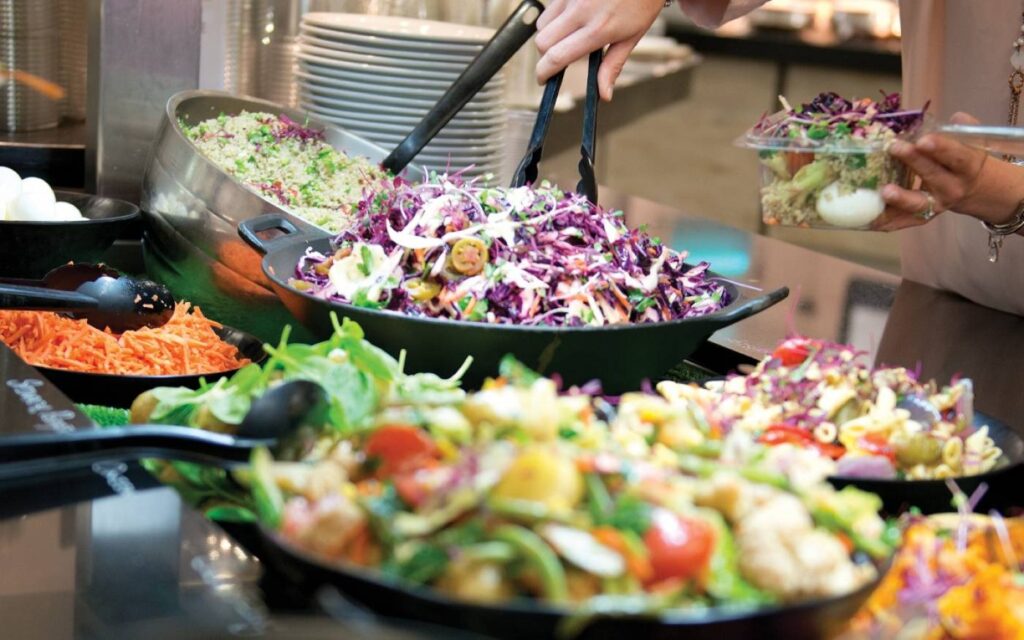
The partnership is key to CH&CO’s net-zero commitment for 2040 as well. “Our ultimate goal is to have the customers’ first choice also be the most sustainable one on the menu and increasing engagement between our customers and the environmental impact of the food they eat is integral to that,” said CH&CO’s head of sustainability, Clare Clark.
It’s reflective of the larger movement within the catering industry to lower its carbon footprint. In the UK, public sector caterers introduced the 20 Percent Less Meat campaign in January 2020, aiming to reduce the amount of meat in the billions of meals they serve in schools, universities, hospitals and care homes each year.
French caterer Sodexo – which operates at 476 UK and Ireland sites – has pledged to make 33% of its menus plant-based by 2025, as part of its wider net-zero target for 2040, which it now says is running ahead of schedule. In 2023, 11% of all its meals sold in these markets were meatless. And Compass Group, the world’s largest catering company, has said it will replace 40% of animal proteins with plant-based by 2030.
UCL has been employing a form of choice architecture to nudge more planet-positive eating habits. Vegetarian meals are offered as standard in event catering (with meat dishes available on request), while meatless options – which are priced to be cheaper – are advertised before meat-based meals on campus.
There’s evidence that such initiatives work. In the US, dietary change think tank the Better Food Foundation has developed a DefaultVeg policy, which was piloted by Sodexo with the help of behavioural science non-profit Food for Climate League in three US universities last year. The trial found that this could reduce meat consumption at college campuses by up to 82%, and lower emissions by 24%. The success of the intervention has led Sodexo to roll out the programme to nearly 400 sites now.
UCL’s commitment to carbon labelling also has precedent. In November, Compass Group-owned Chartwells Higher Education announced it had noted an increase in students looking for climate-friendly meals in US universities and colleges since the introduction of carbon labels on its menus. This was done via a partnership with food sustainability research firm HowGood – other such services include Planet FWD, My Emissions, Foodsteps, and Klimato.
Last year, over 650 academics and campaigners penned an open letter to UK universities demanding a switch to 100% vegan catering menus, comparing the shift to fossil fuel divestment commitments by 101 institutes in the country. So far, apart from UCL, the students’ unions of the University of Stirling, Birmingham University, Queen Mary University, London Metropolitan University, Kent University, Cambridge University, and Newcastle University have all voted to introduce 100% plant-based menus.
Partnering with services like Reewild will help this cause. “Through collective action, we’re confident that the Reewild app can instigate the change we need to reduce our impact on the planet, one meal at a time,” said Reewild co-founder and COO Kim Nicholl.
The post Sustainable Catering: UCL to Pilot Food Carbon Tracking App for Students appeared first on Green Queen.
This post was originally published on Green Queen.
